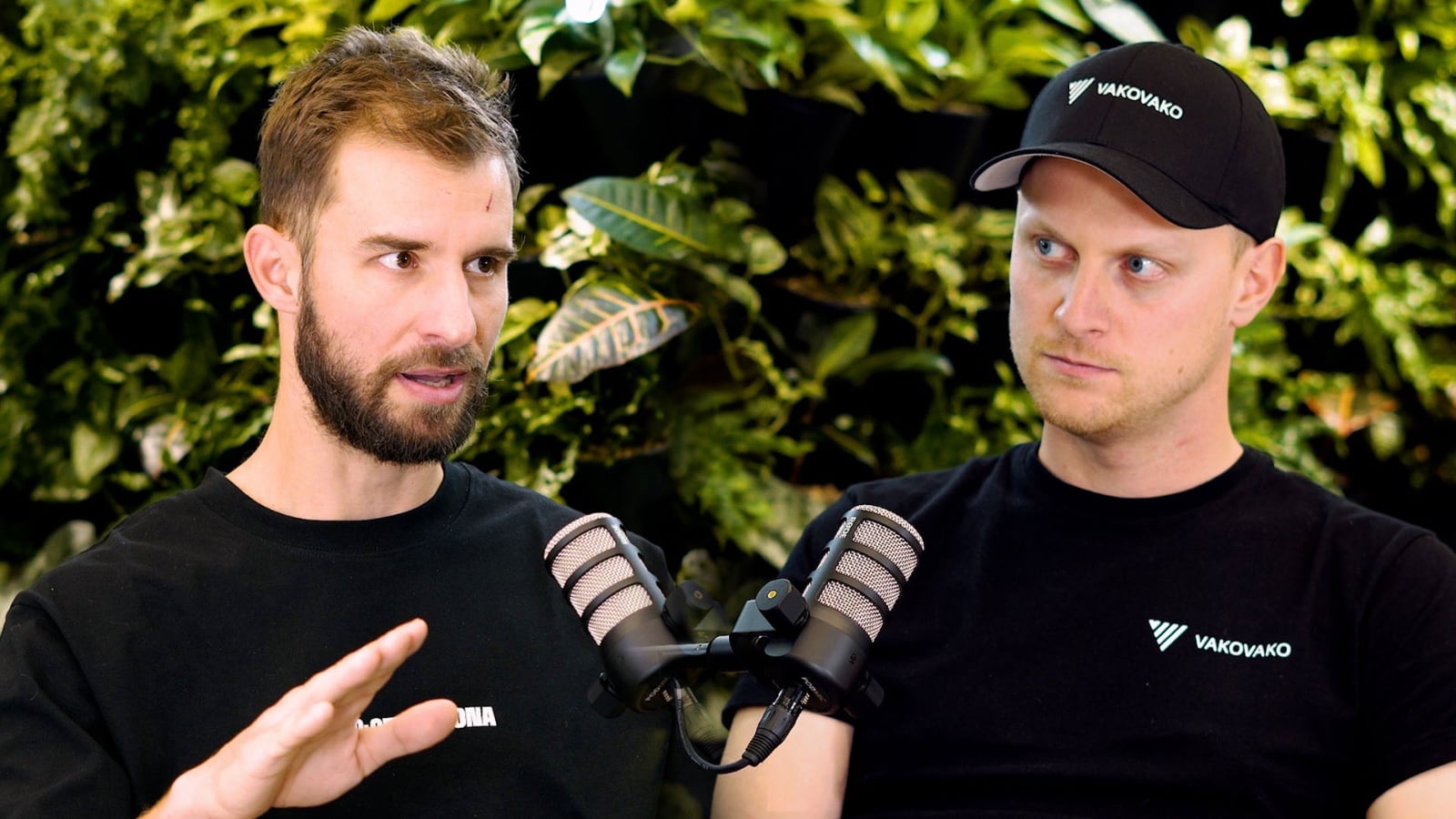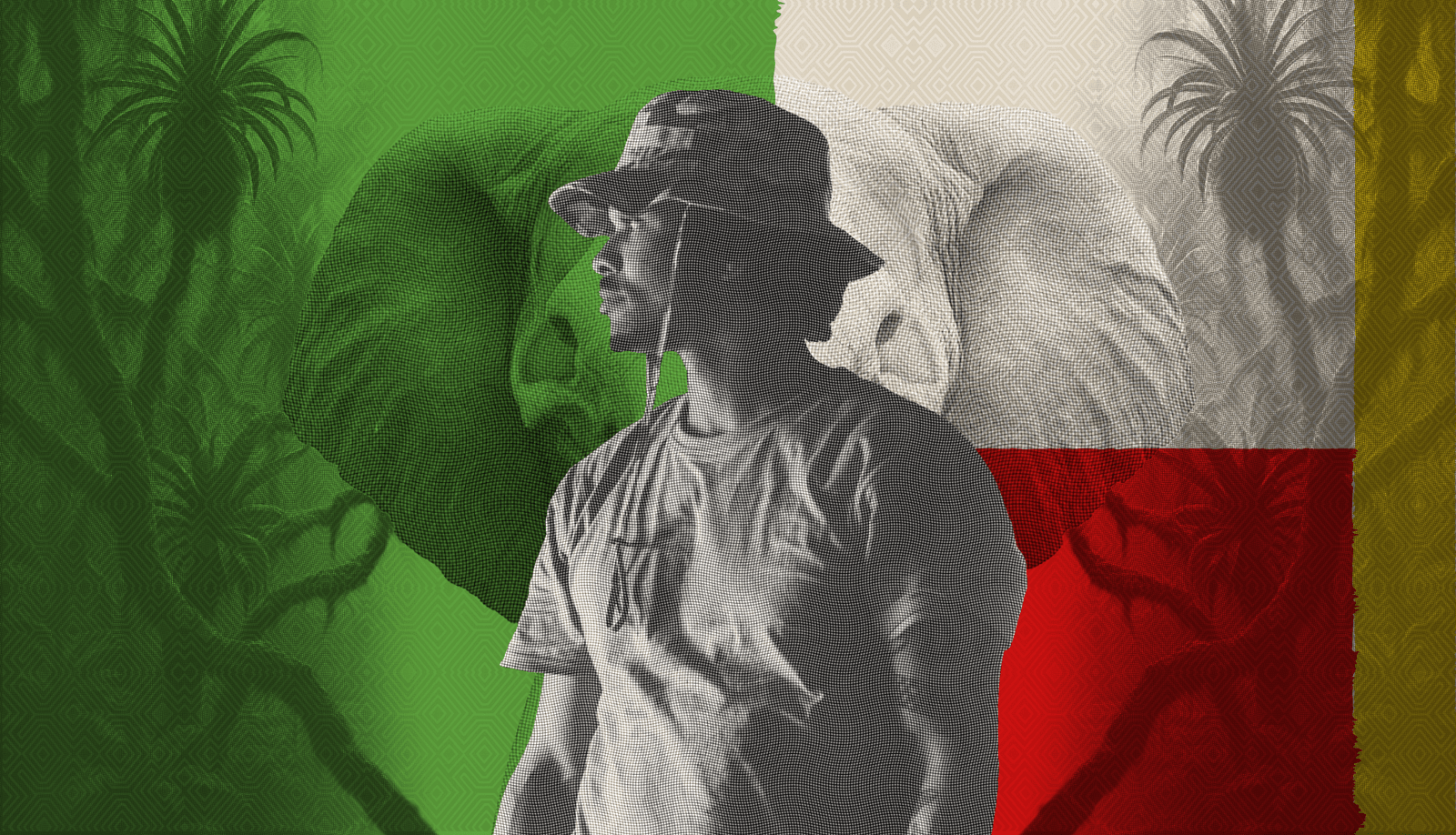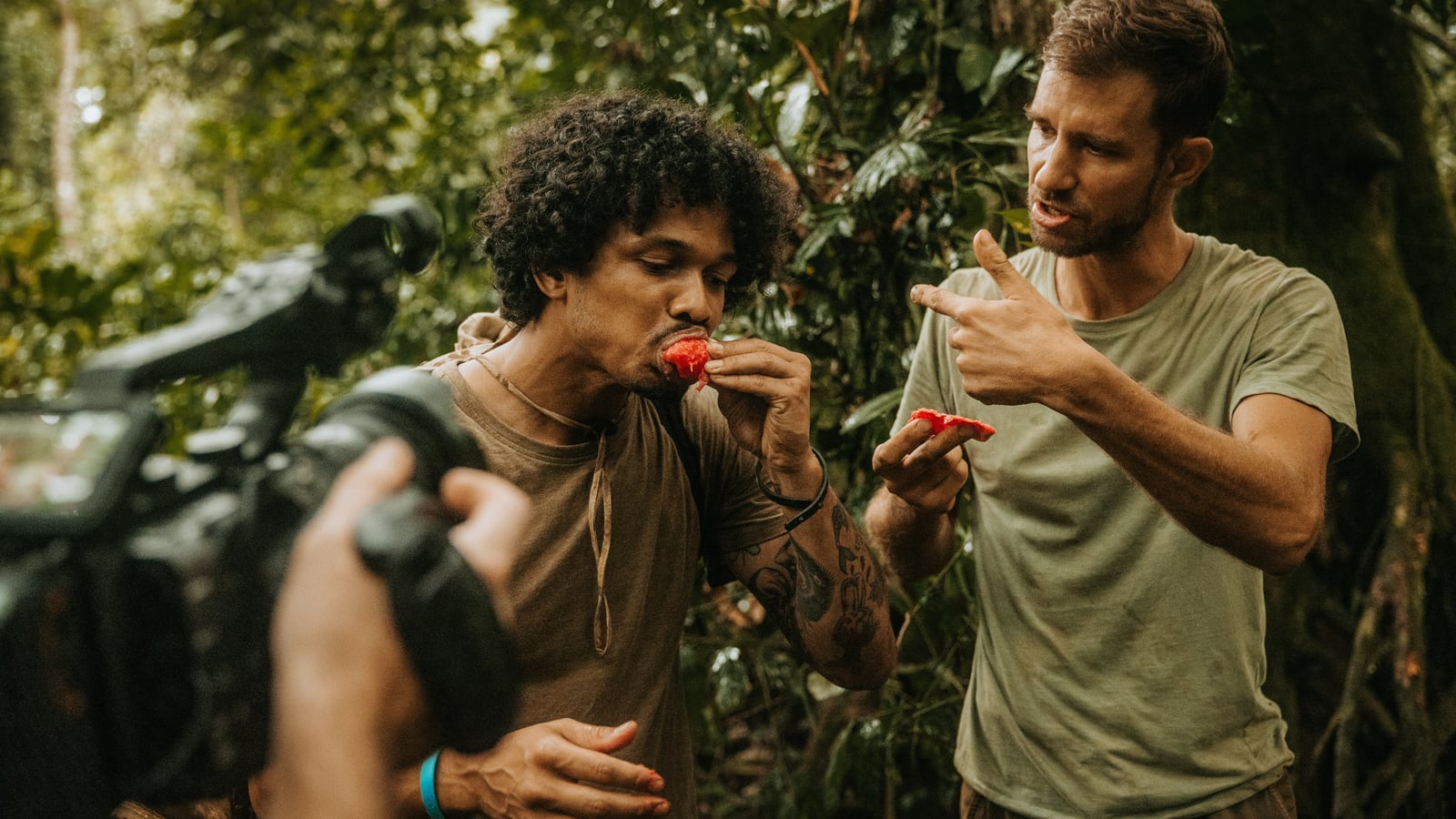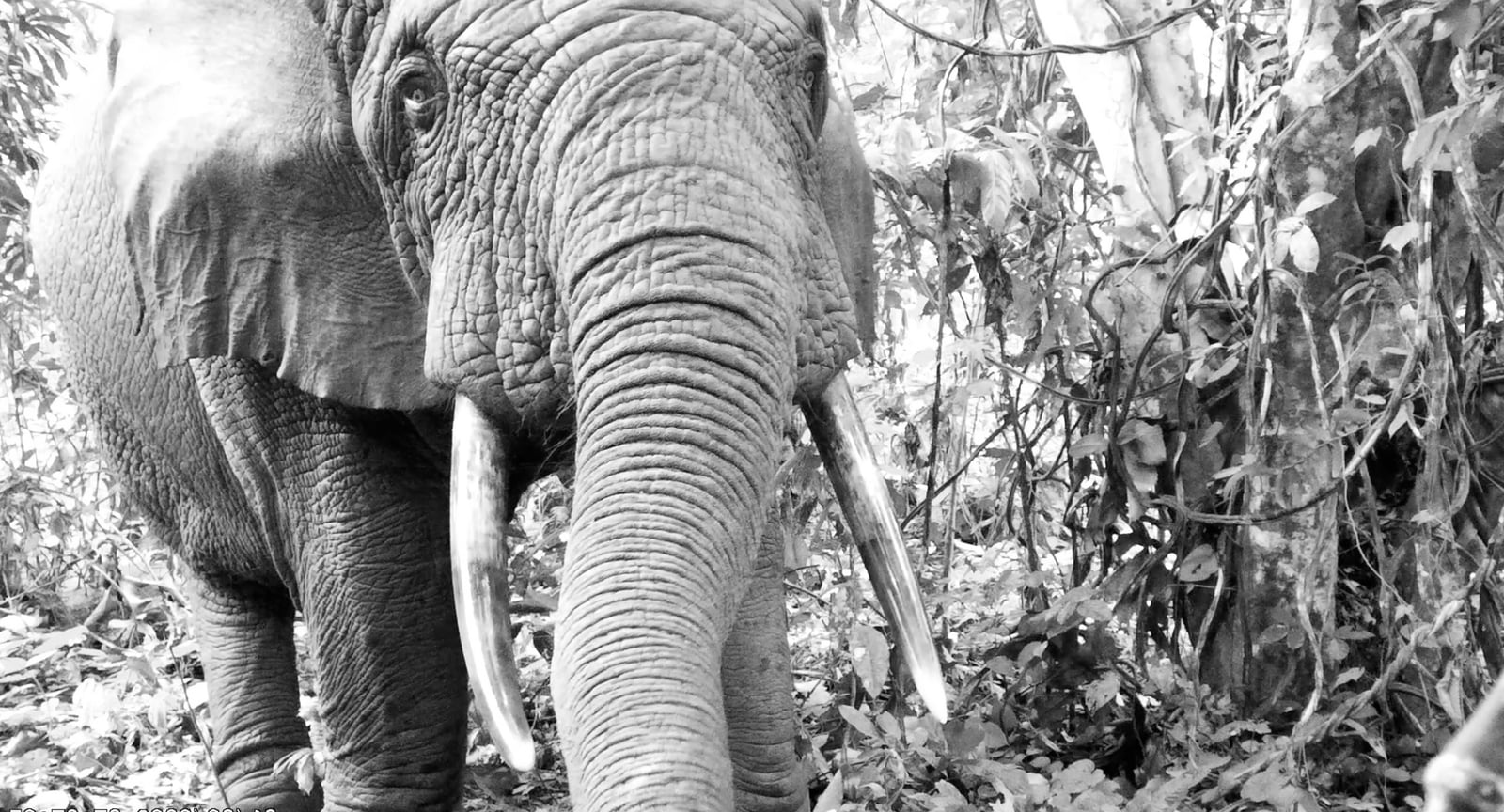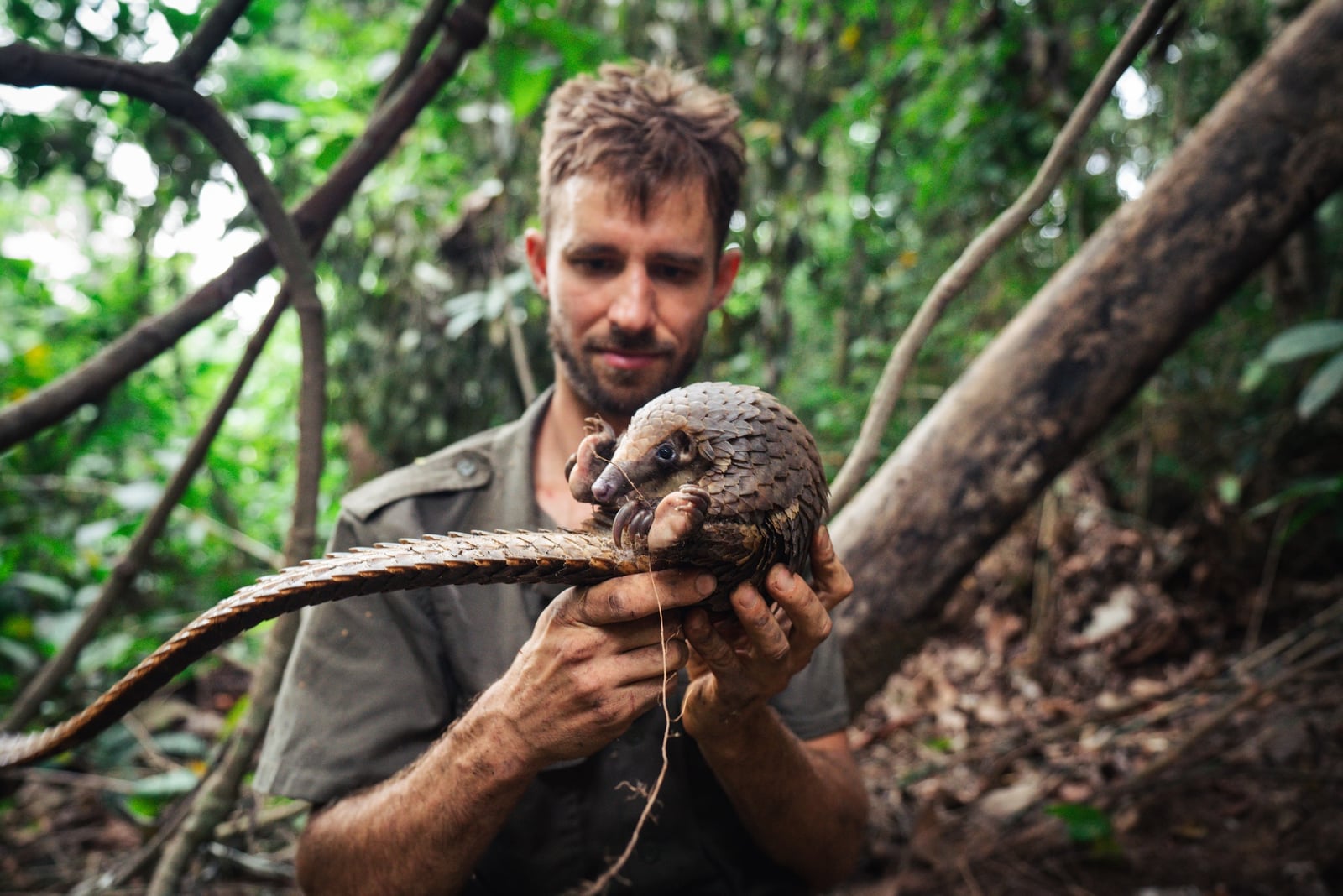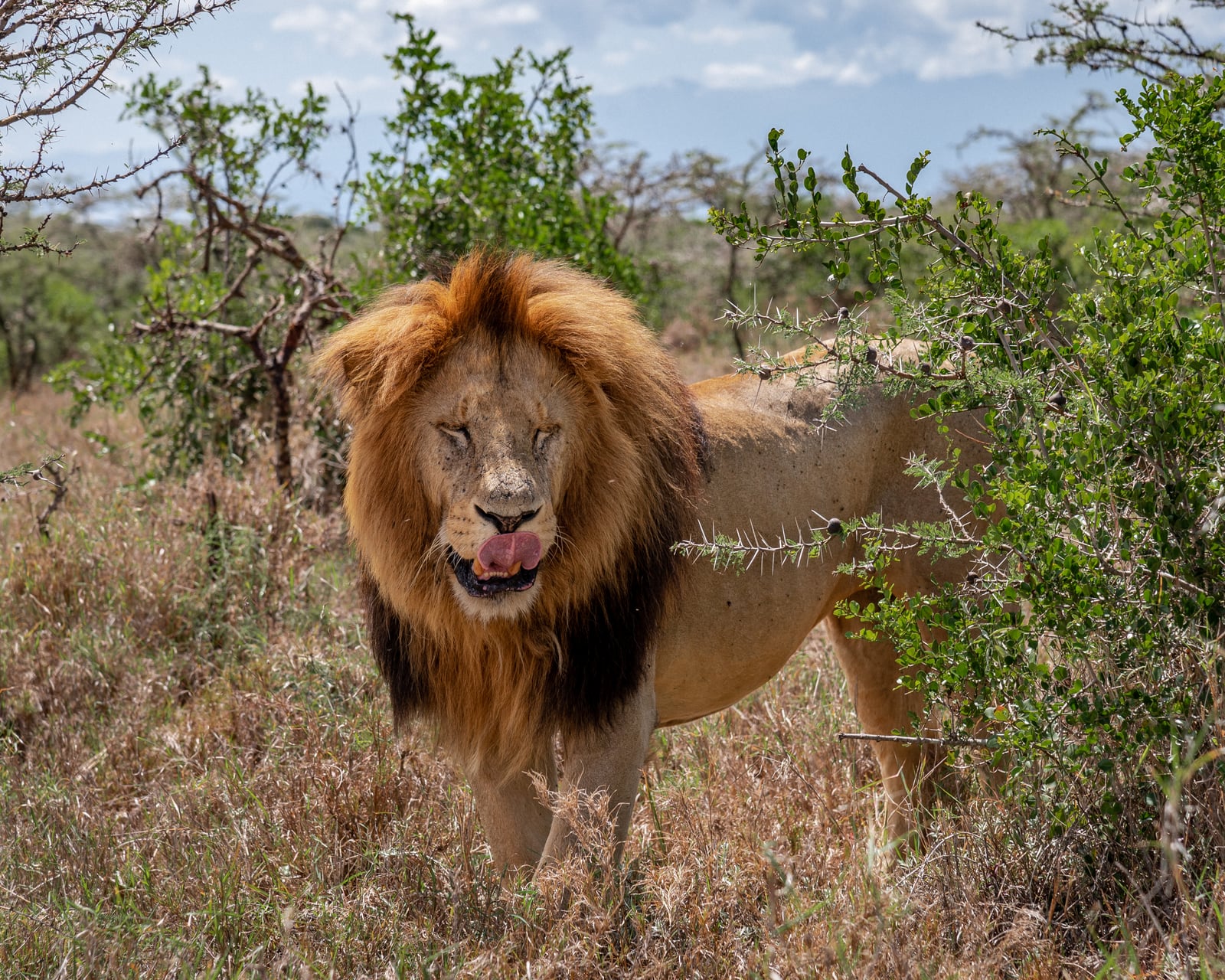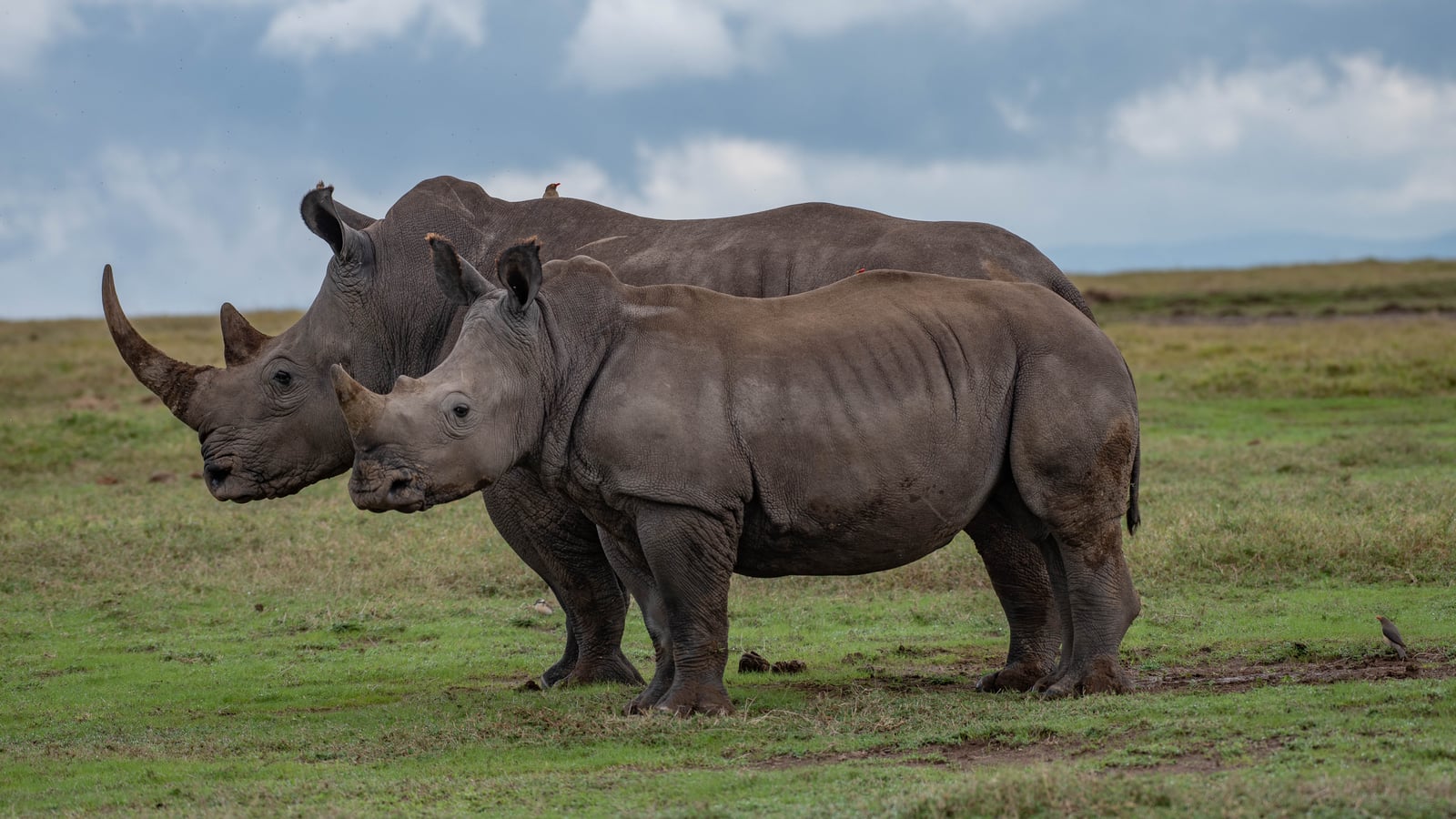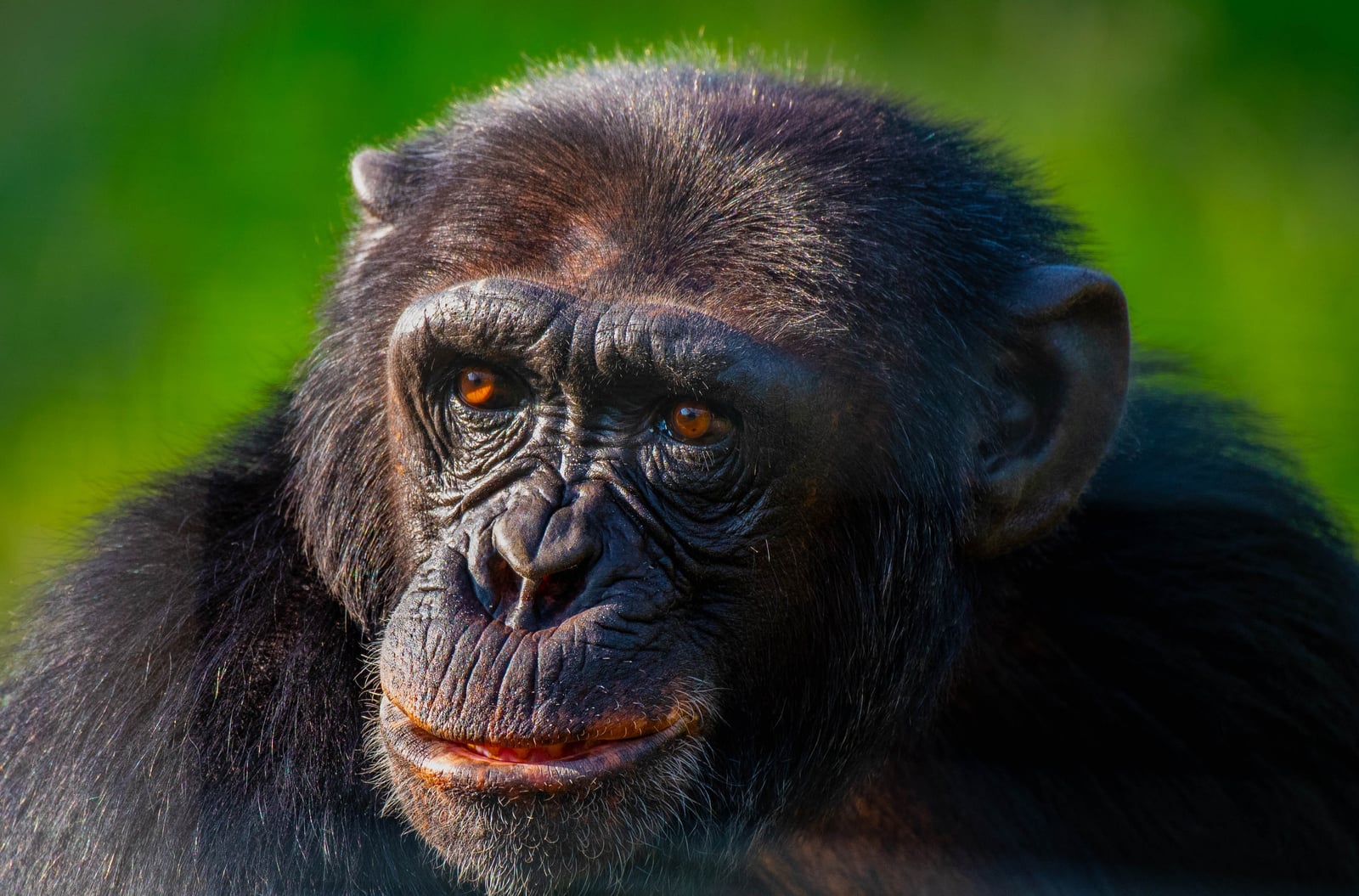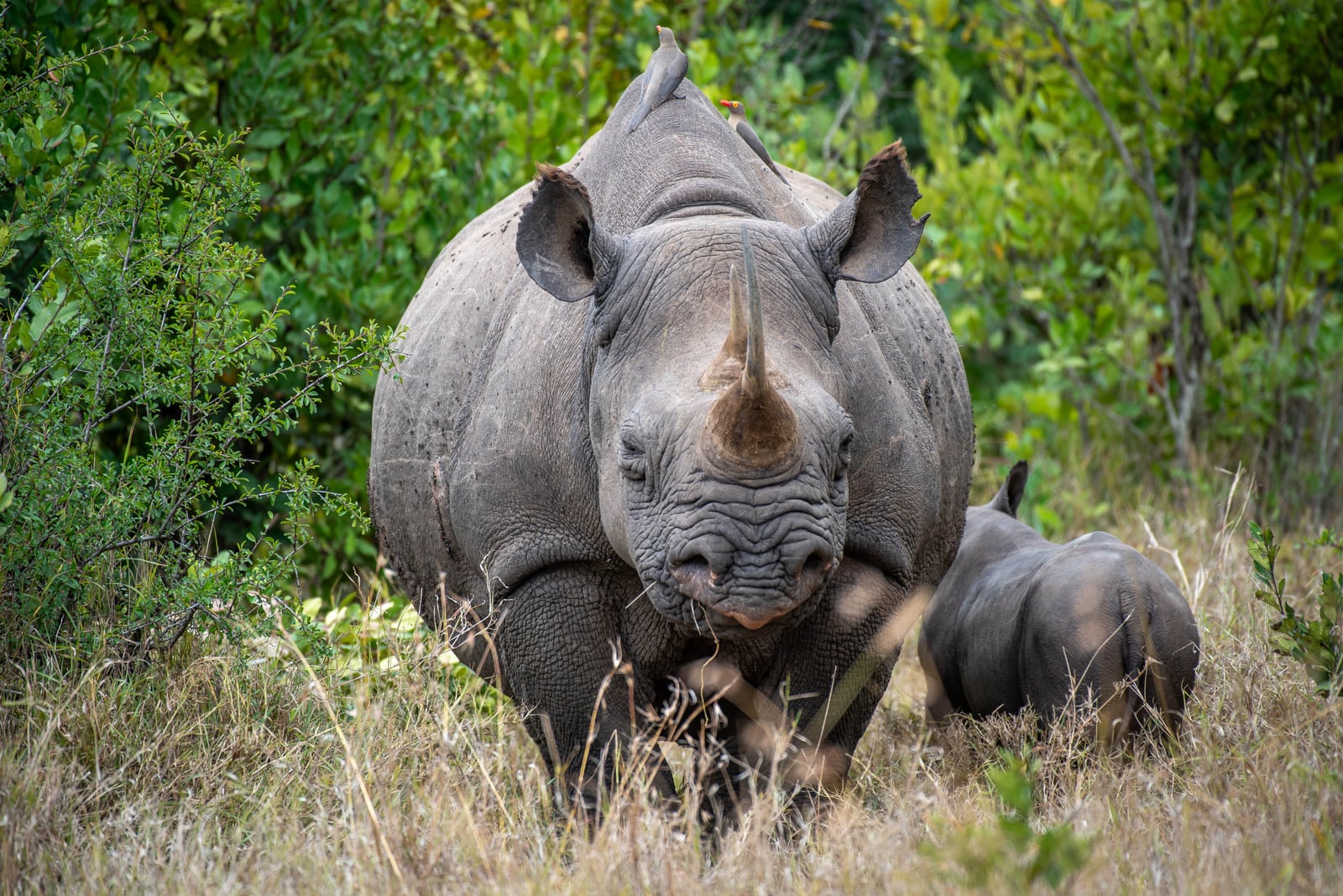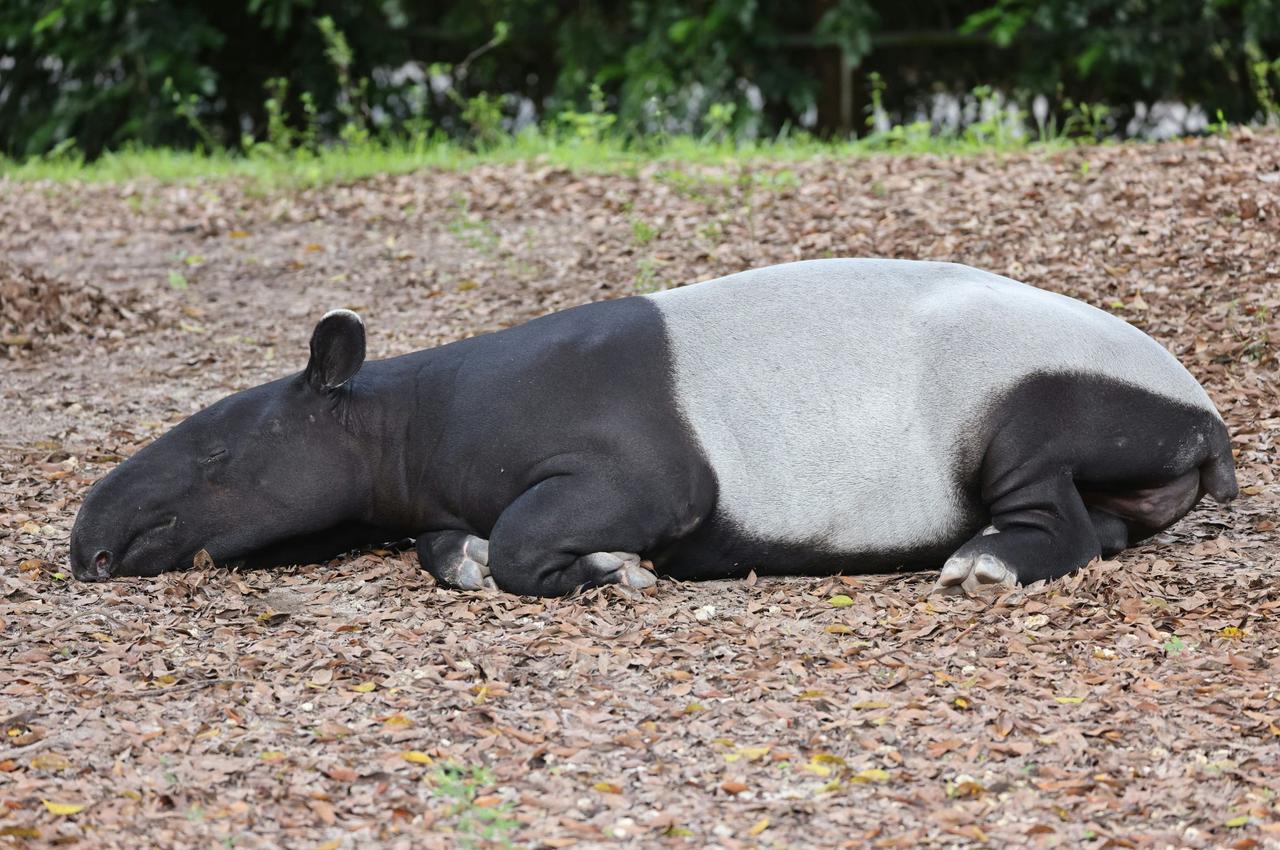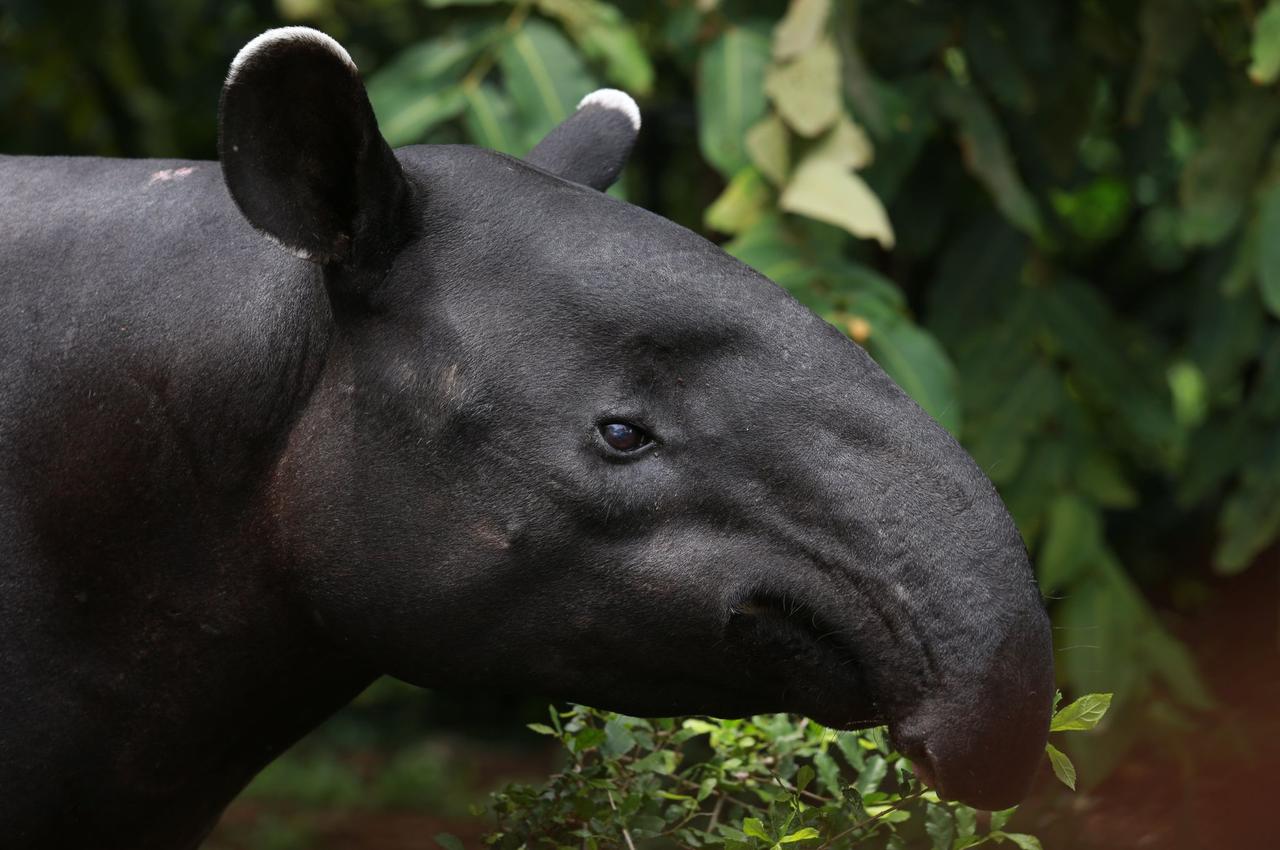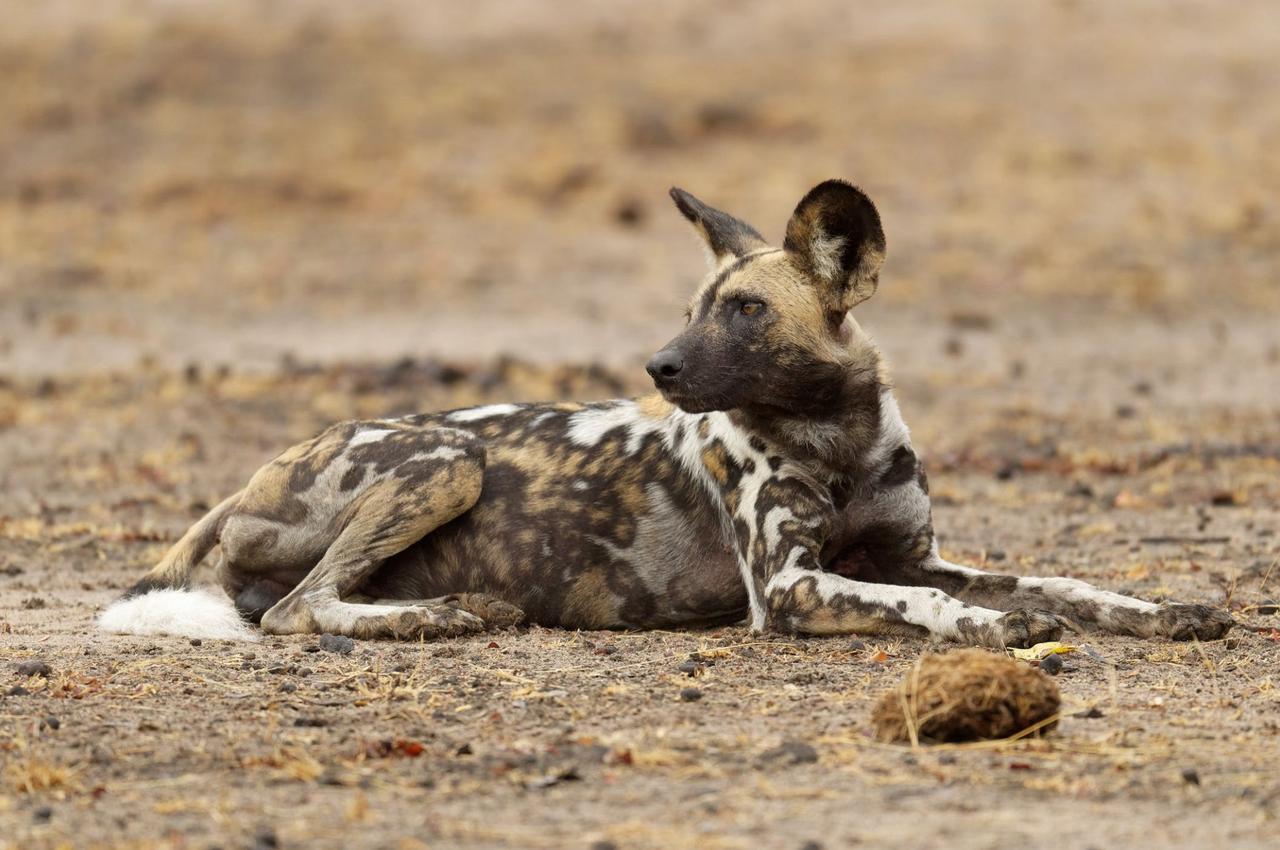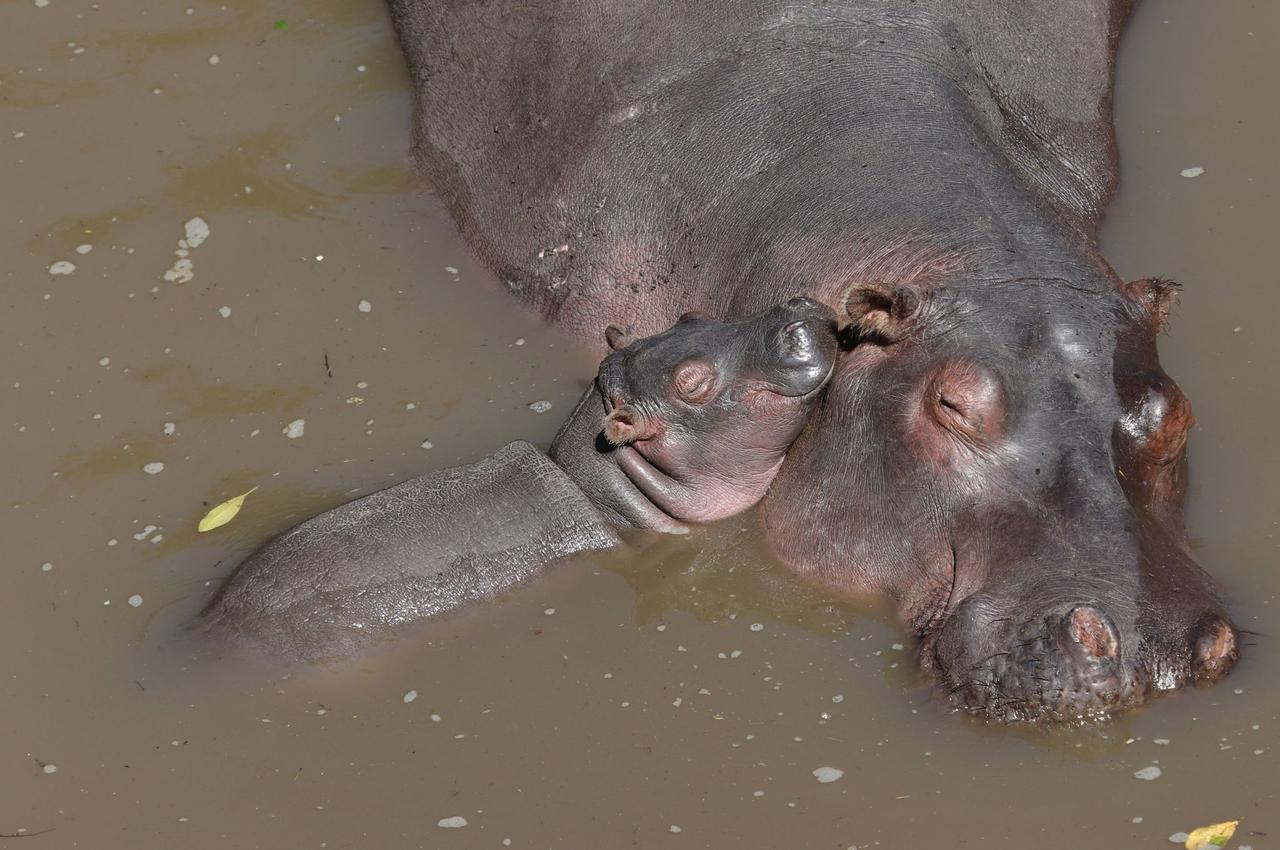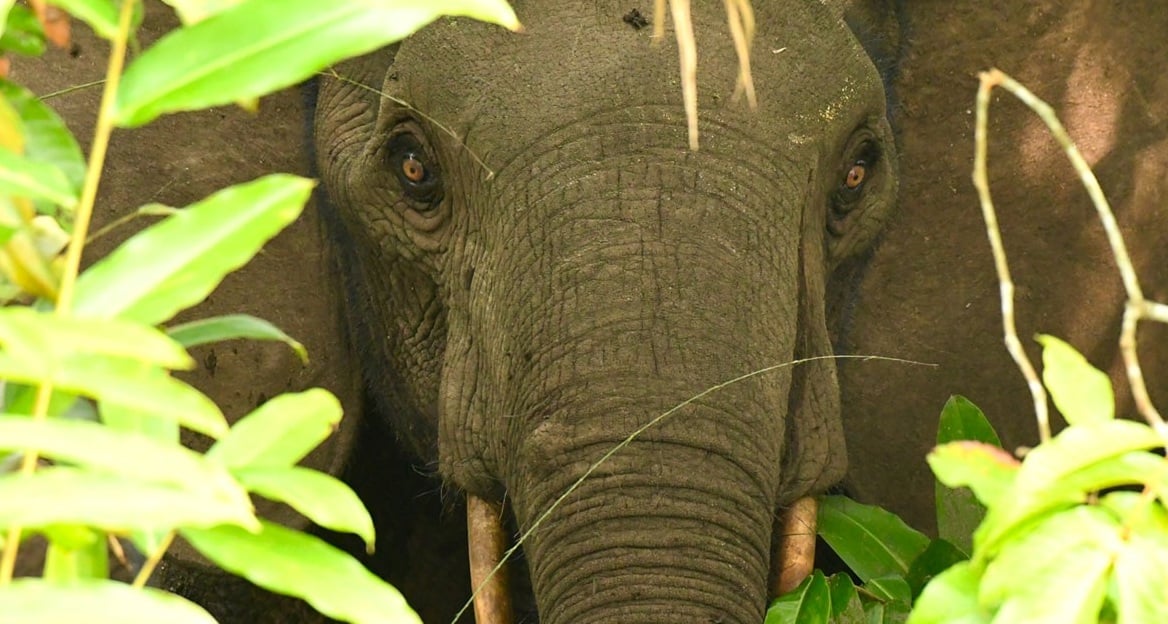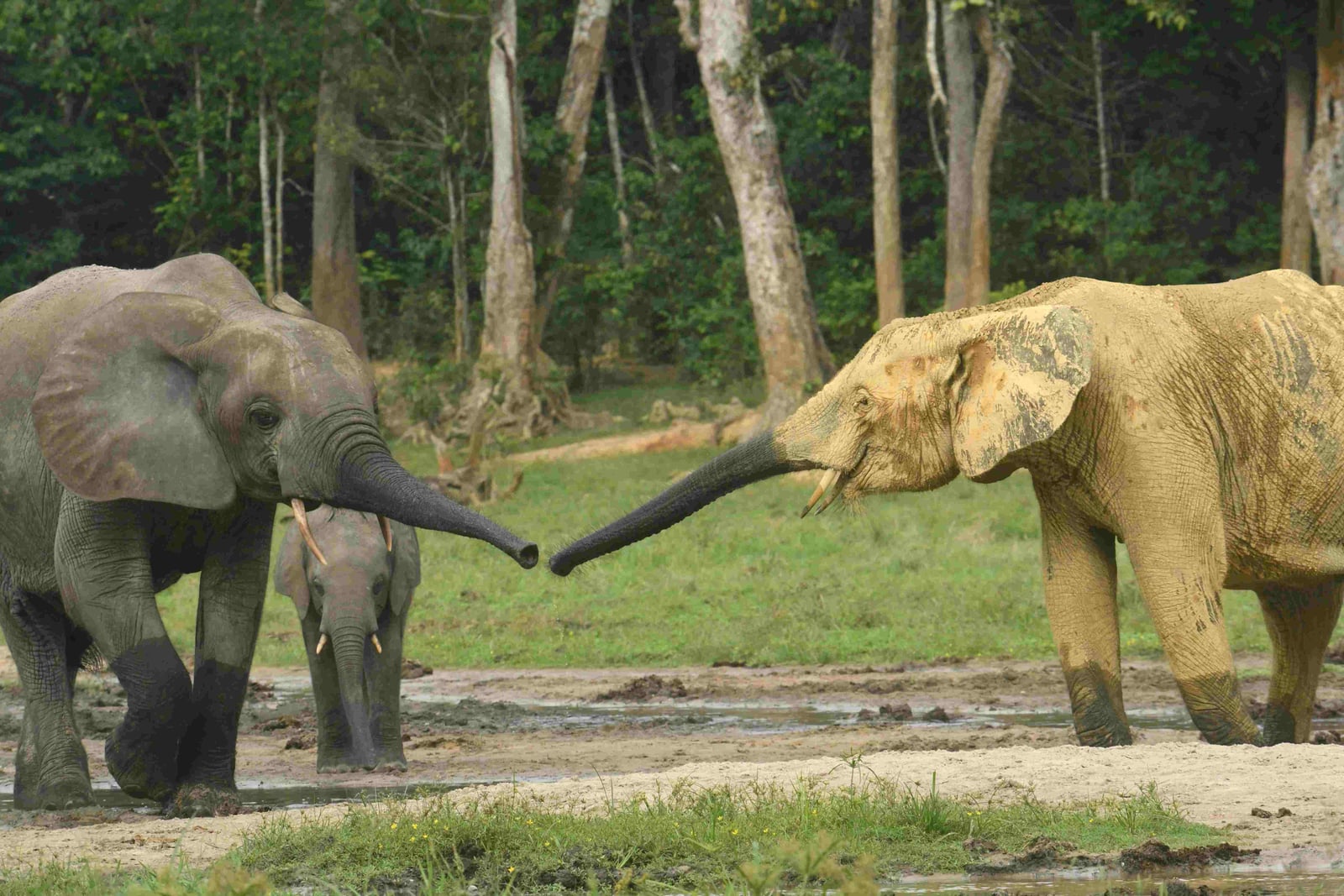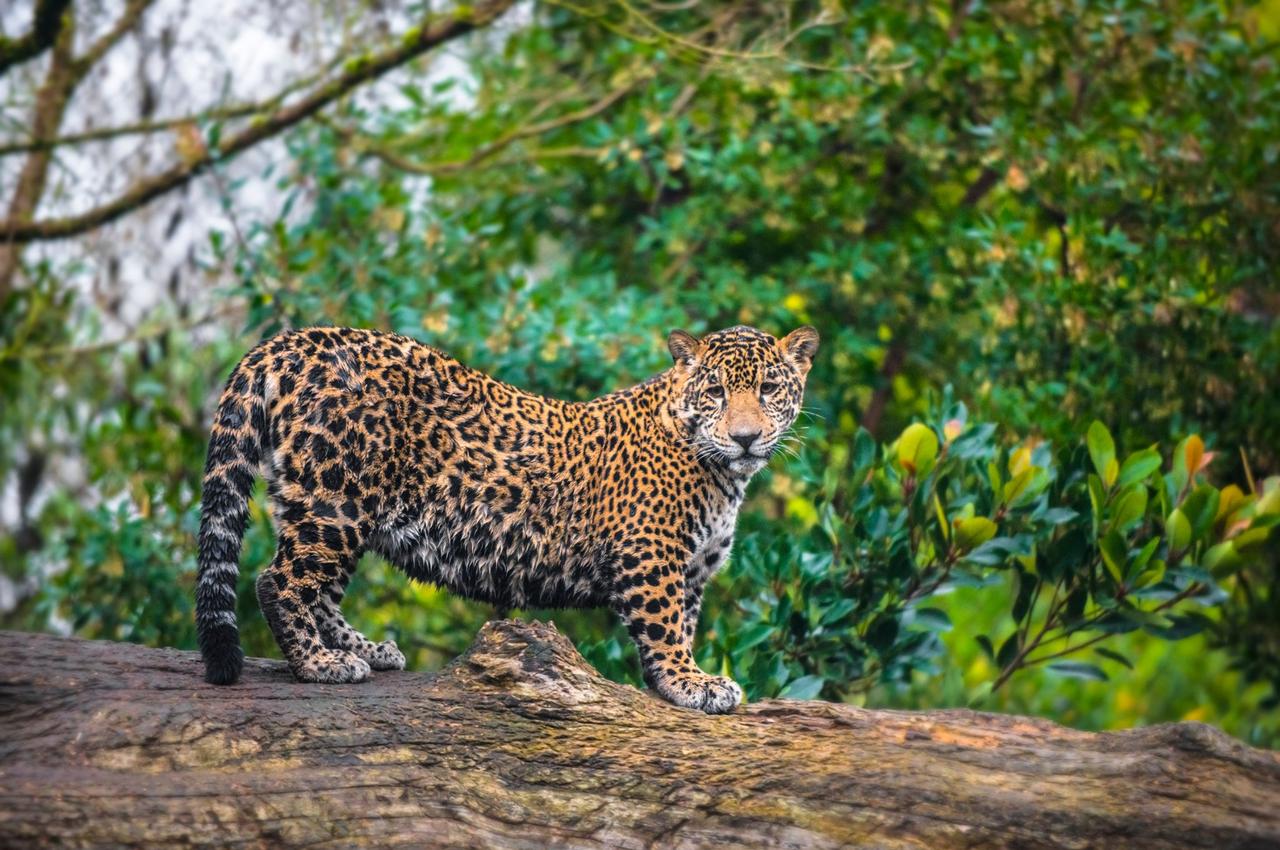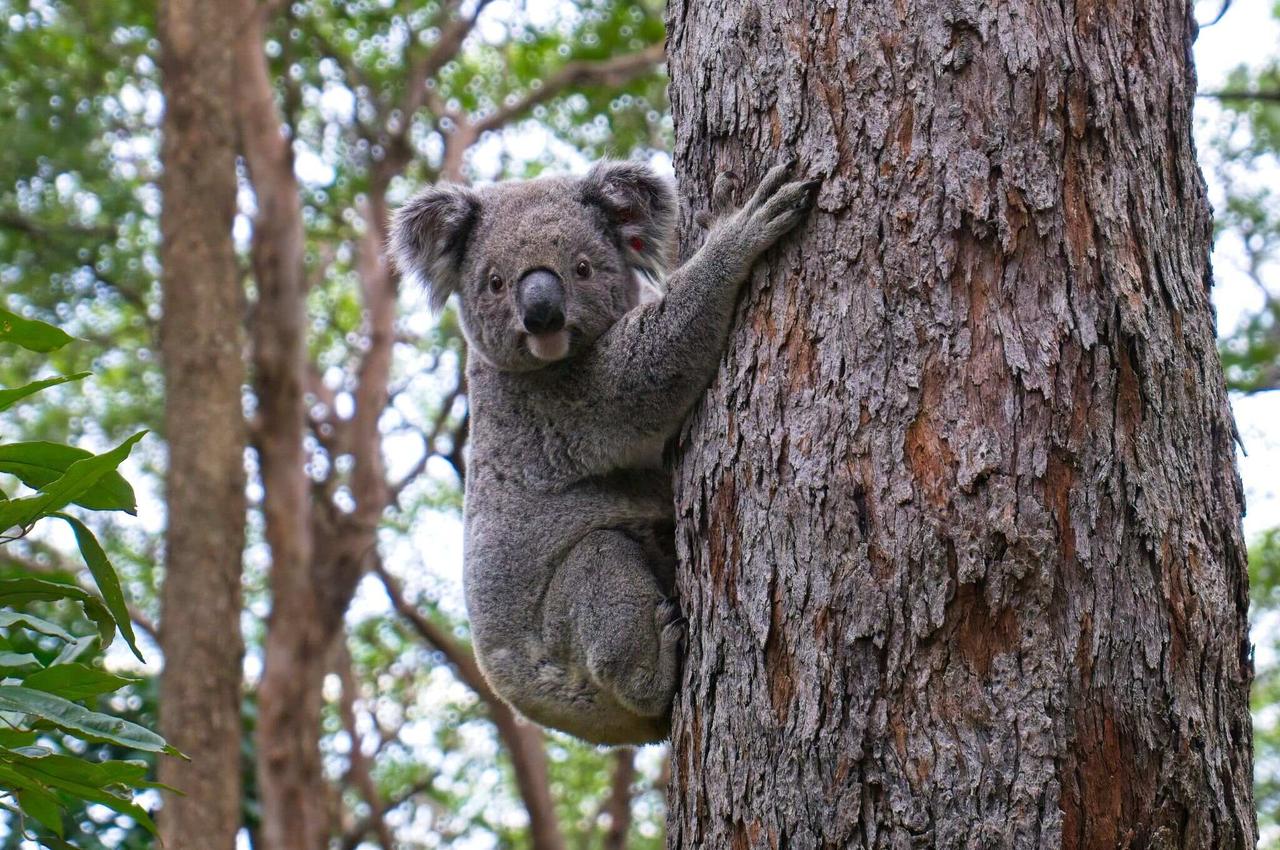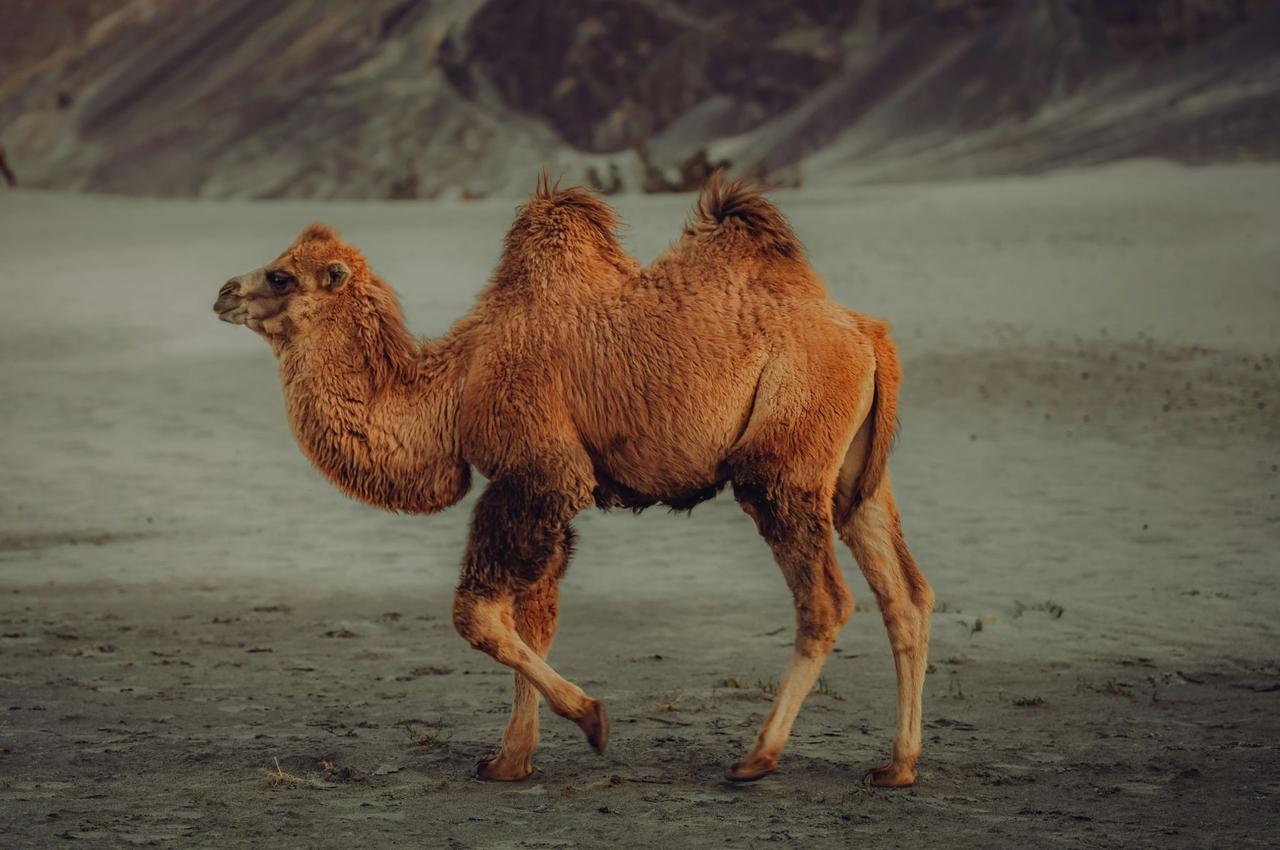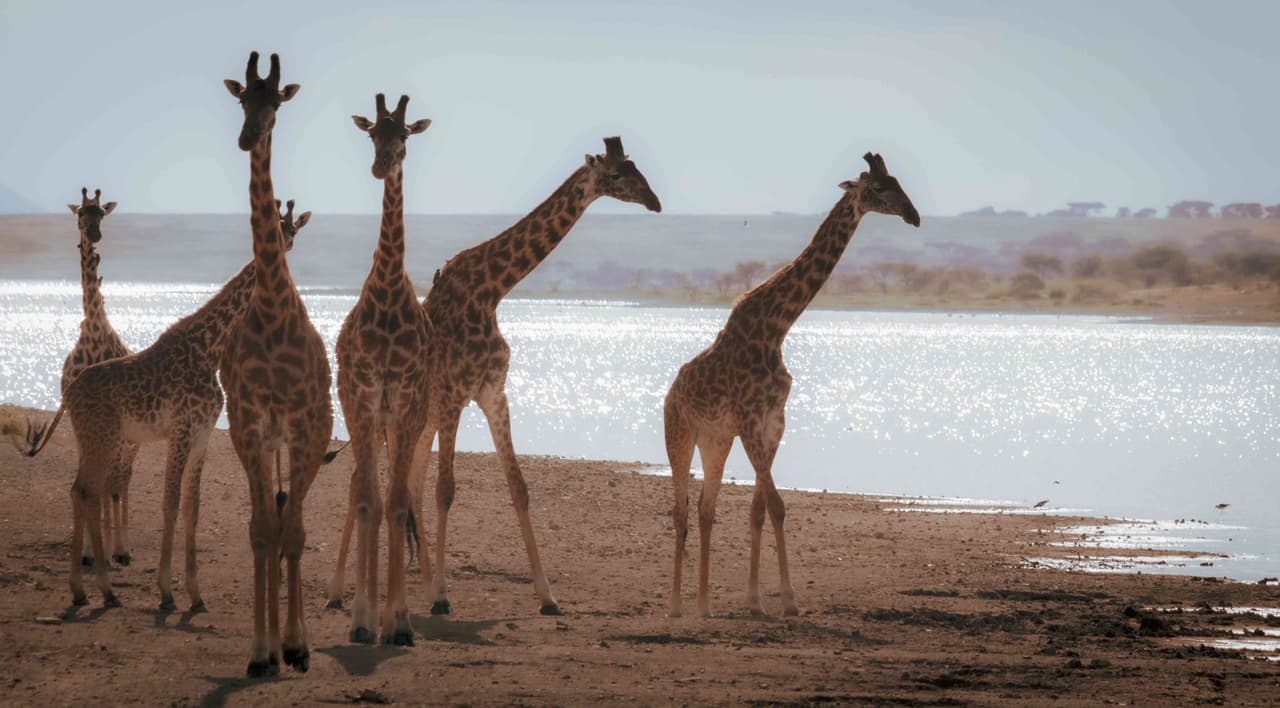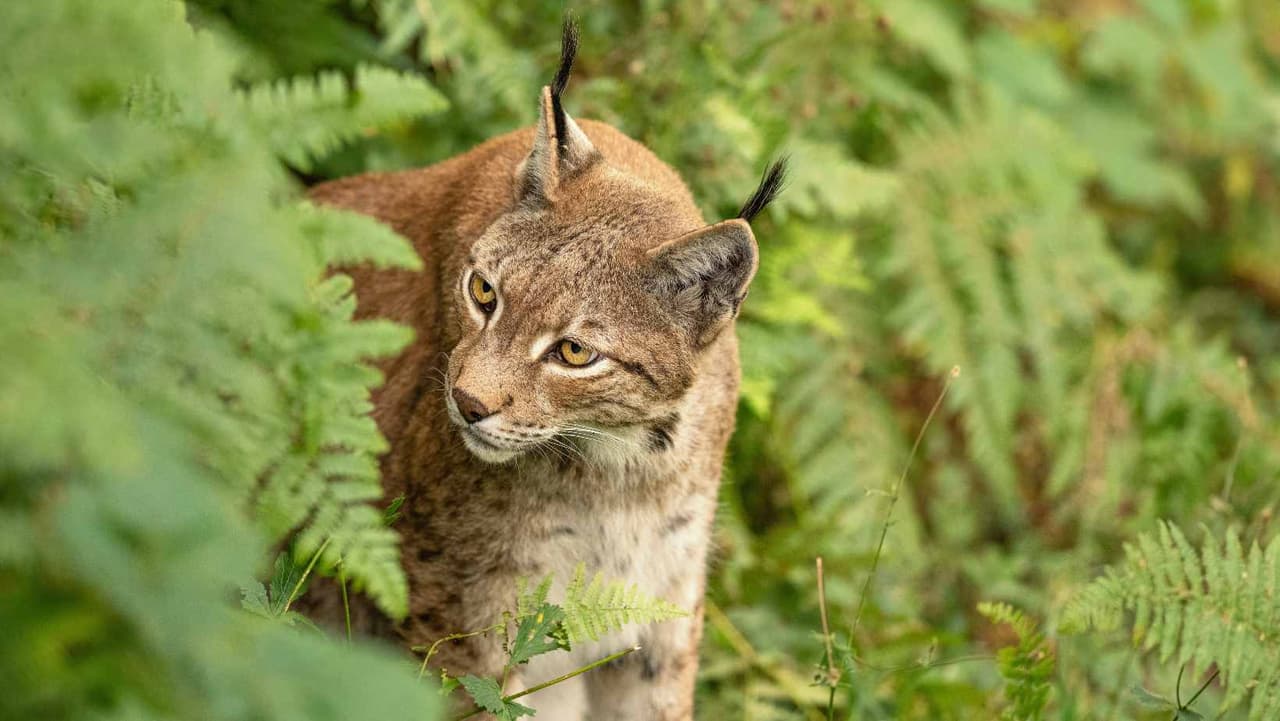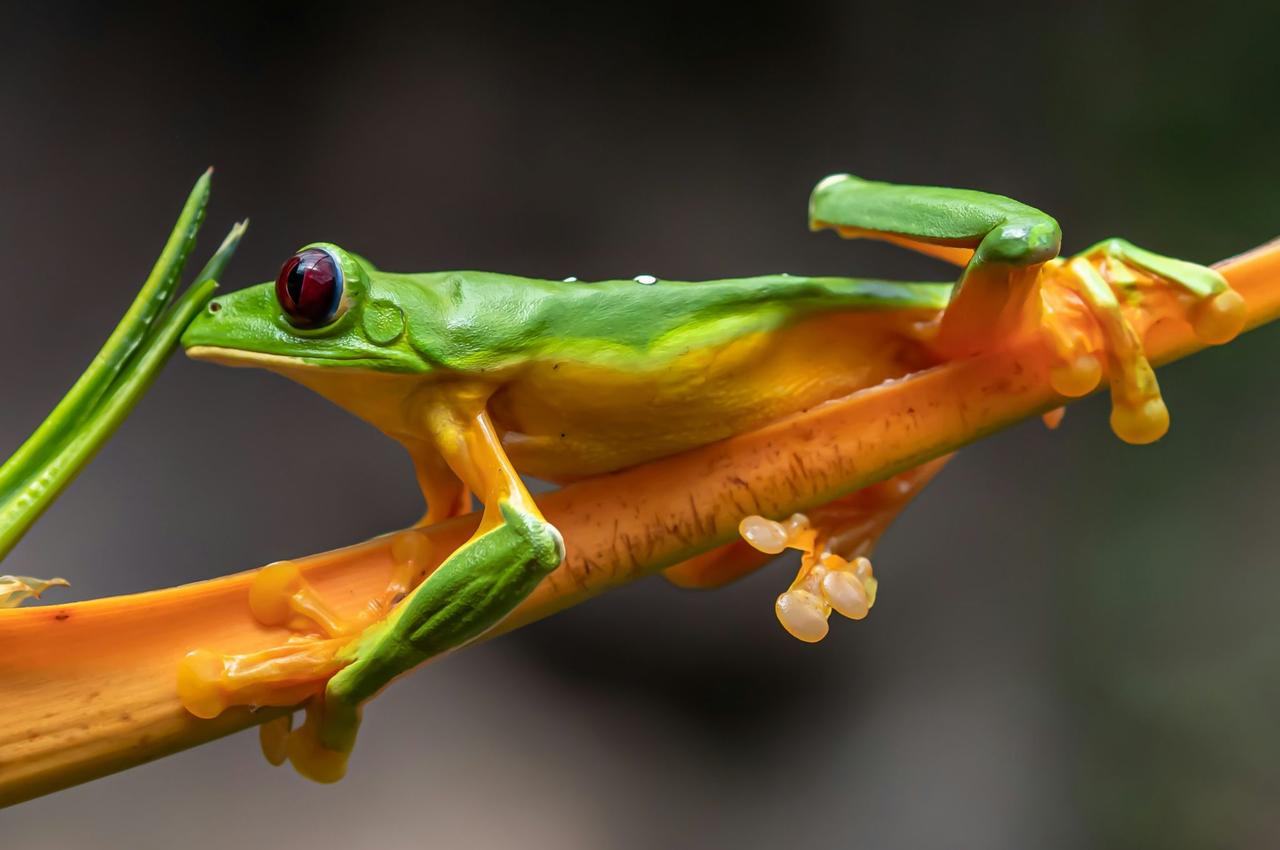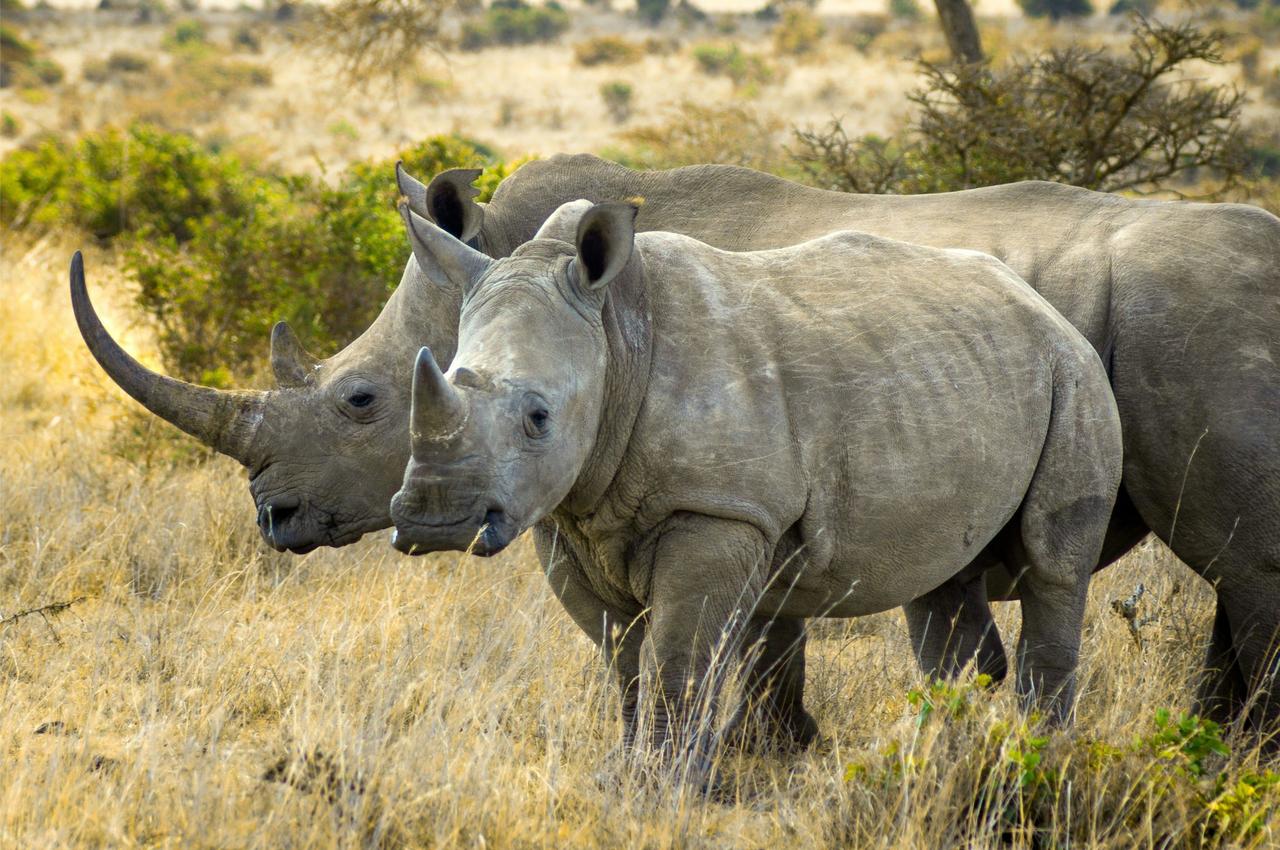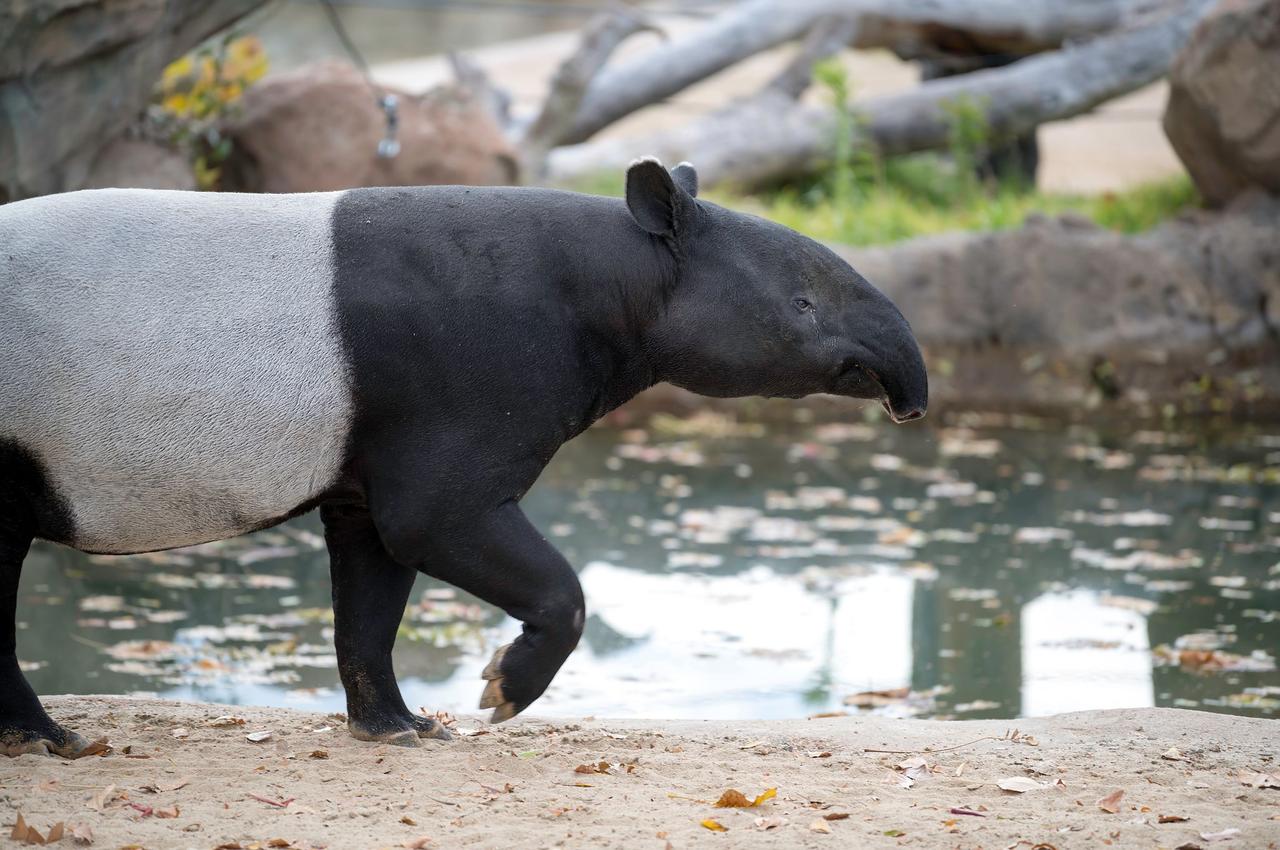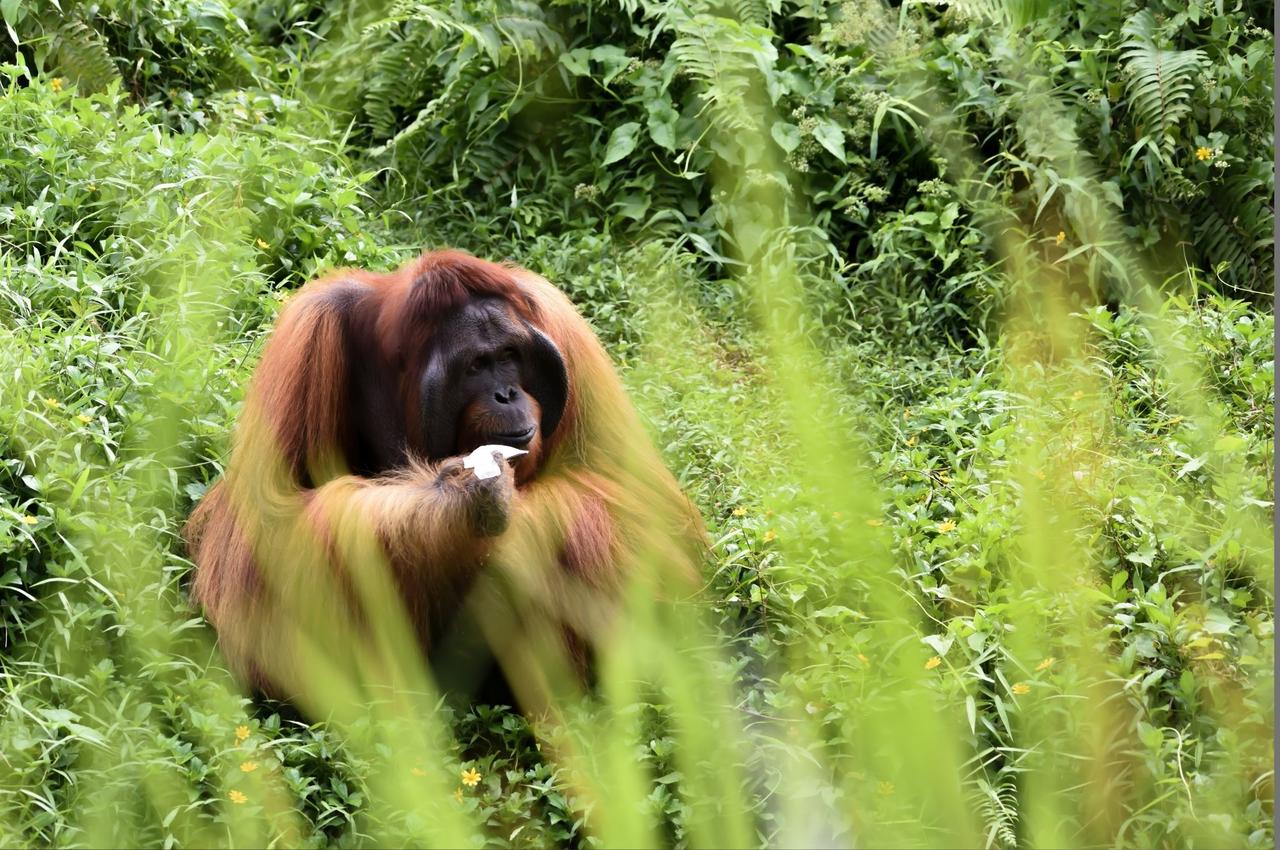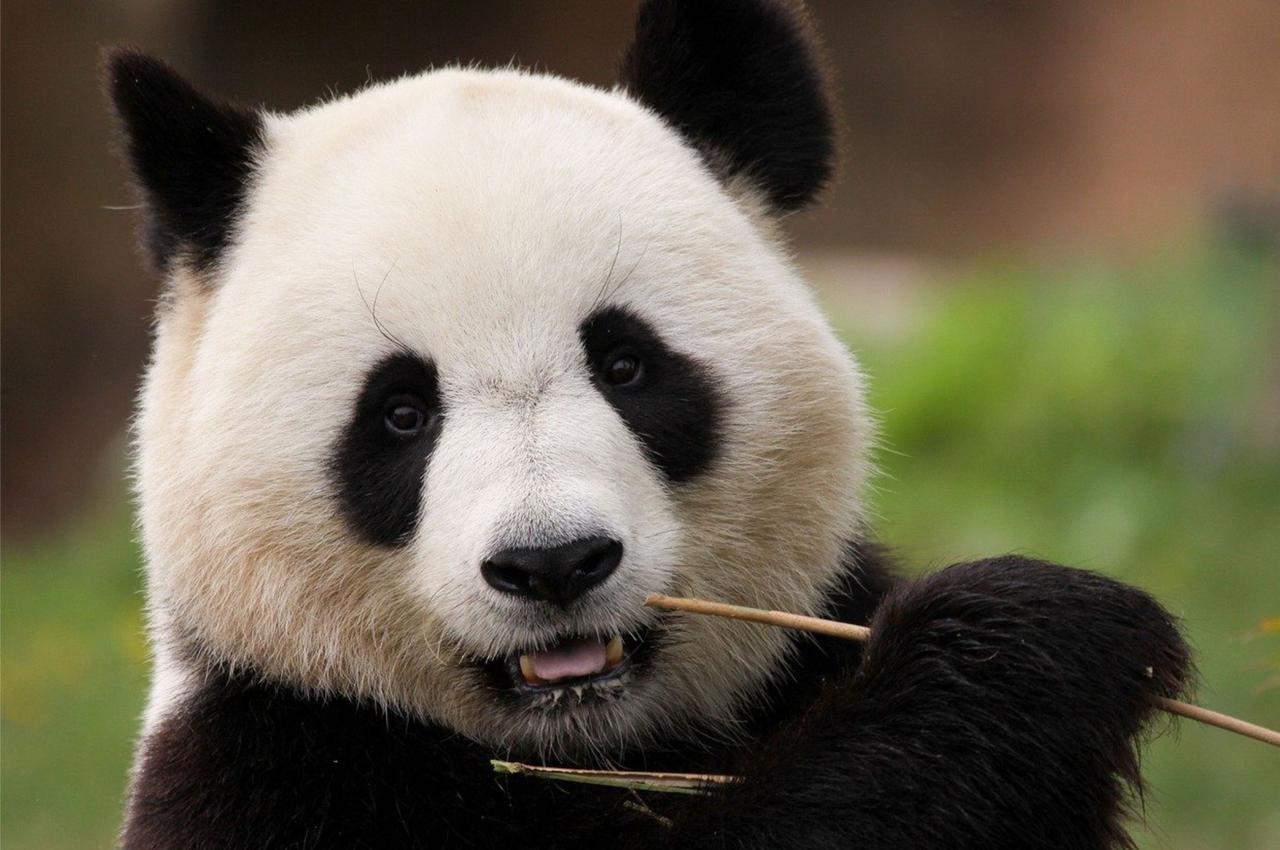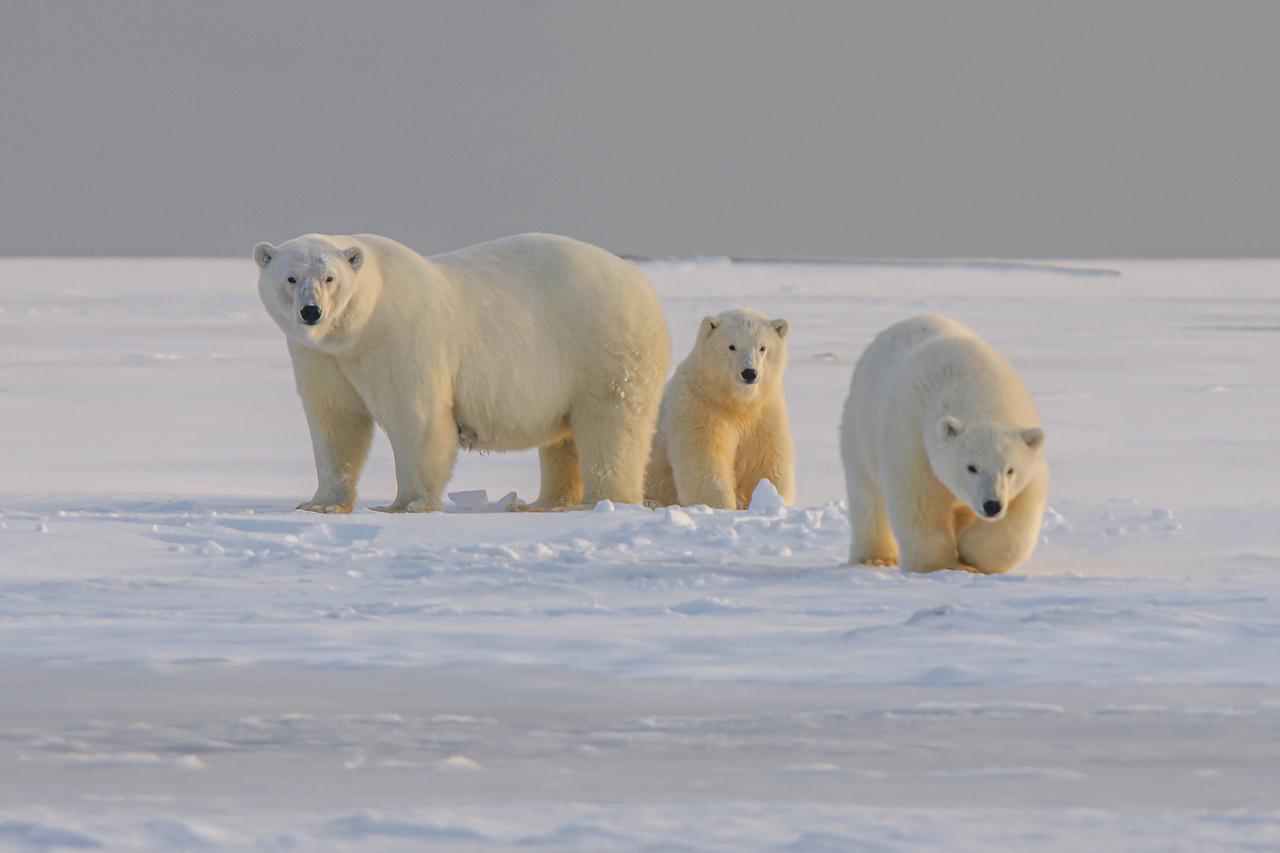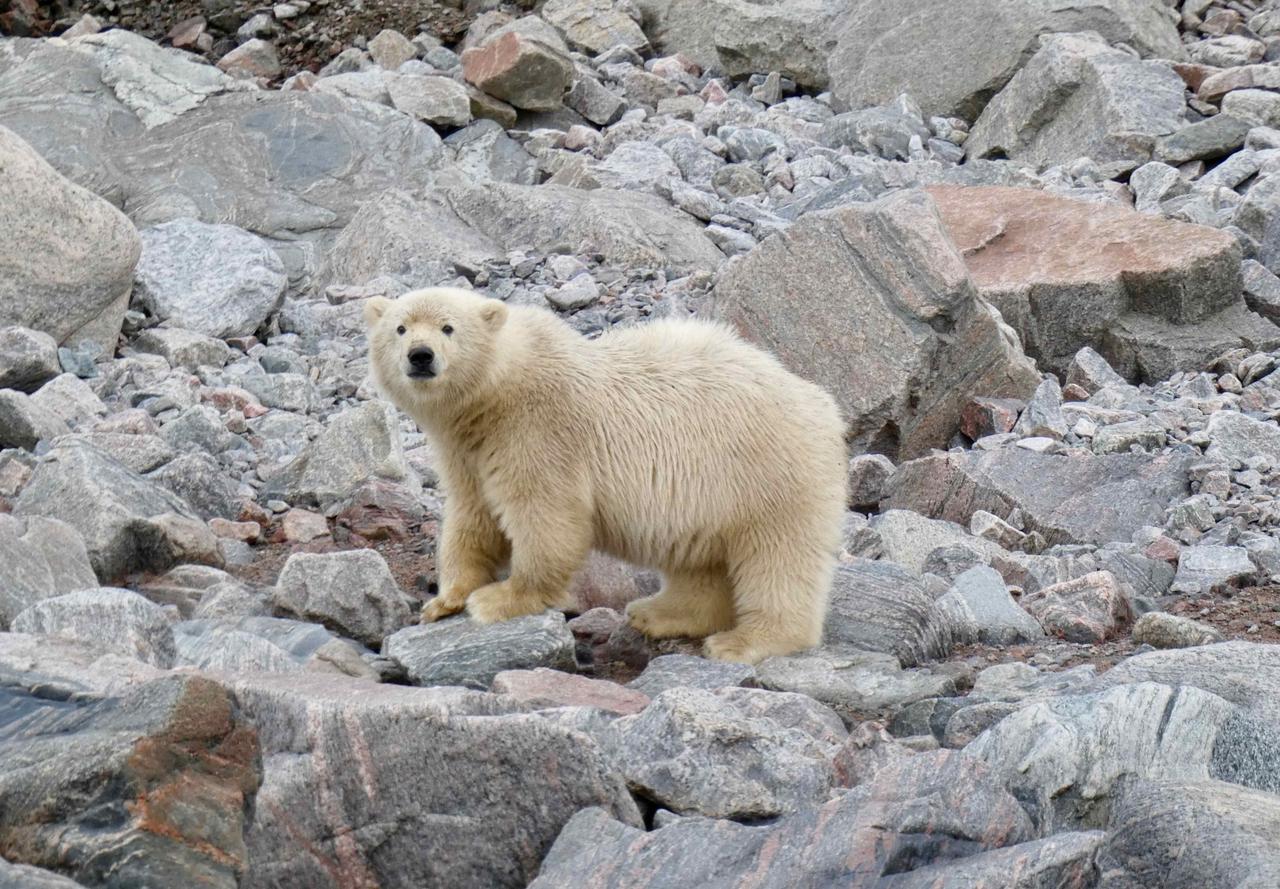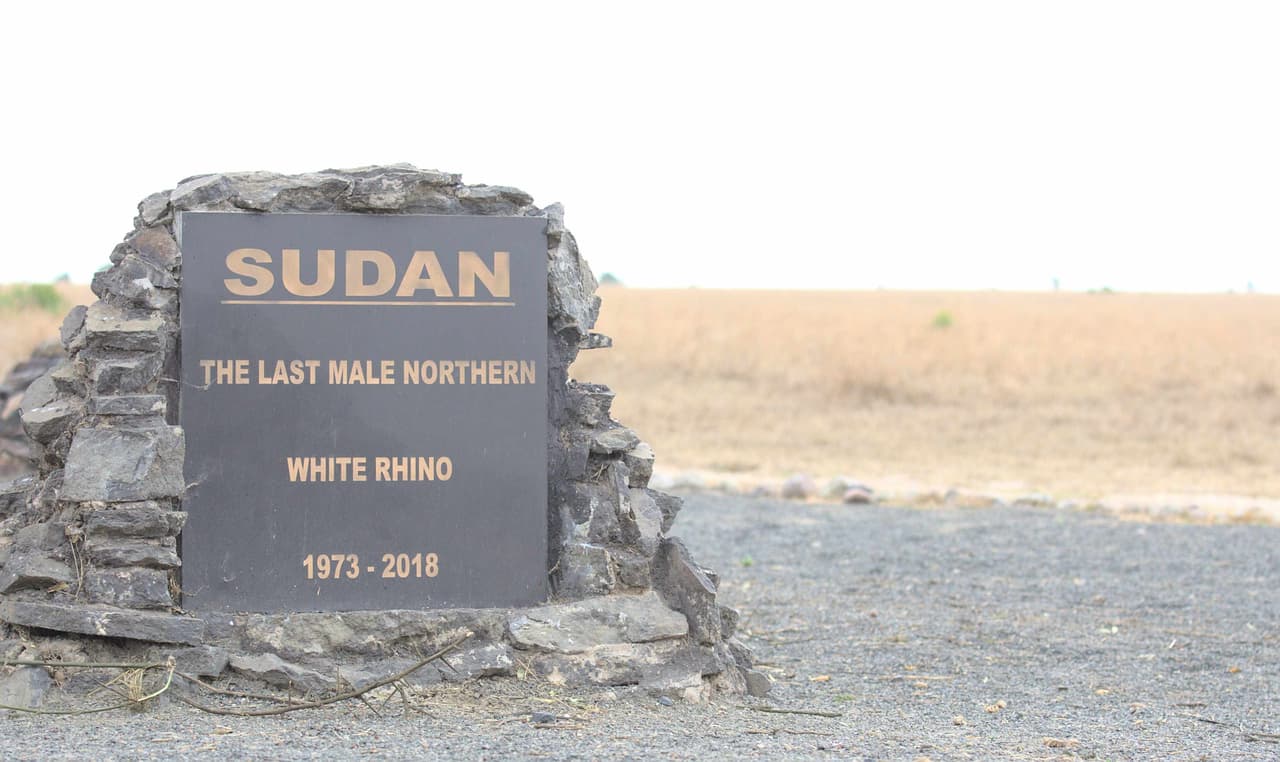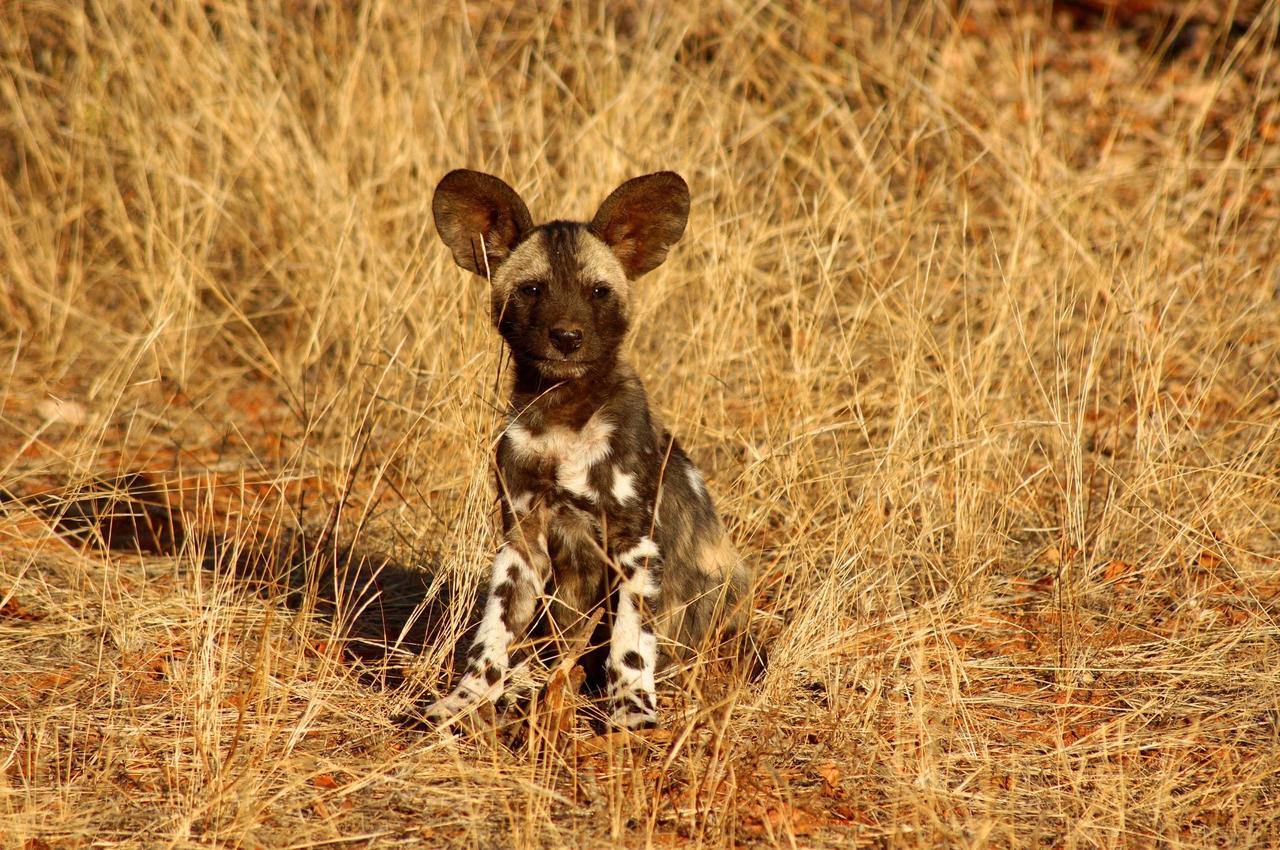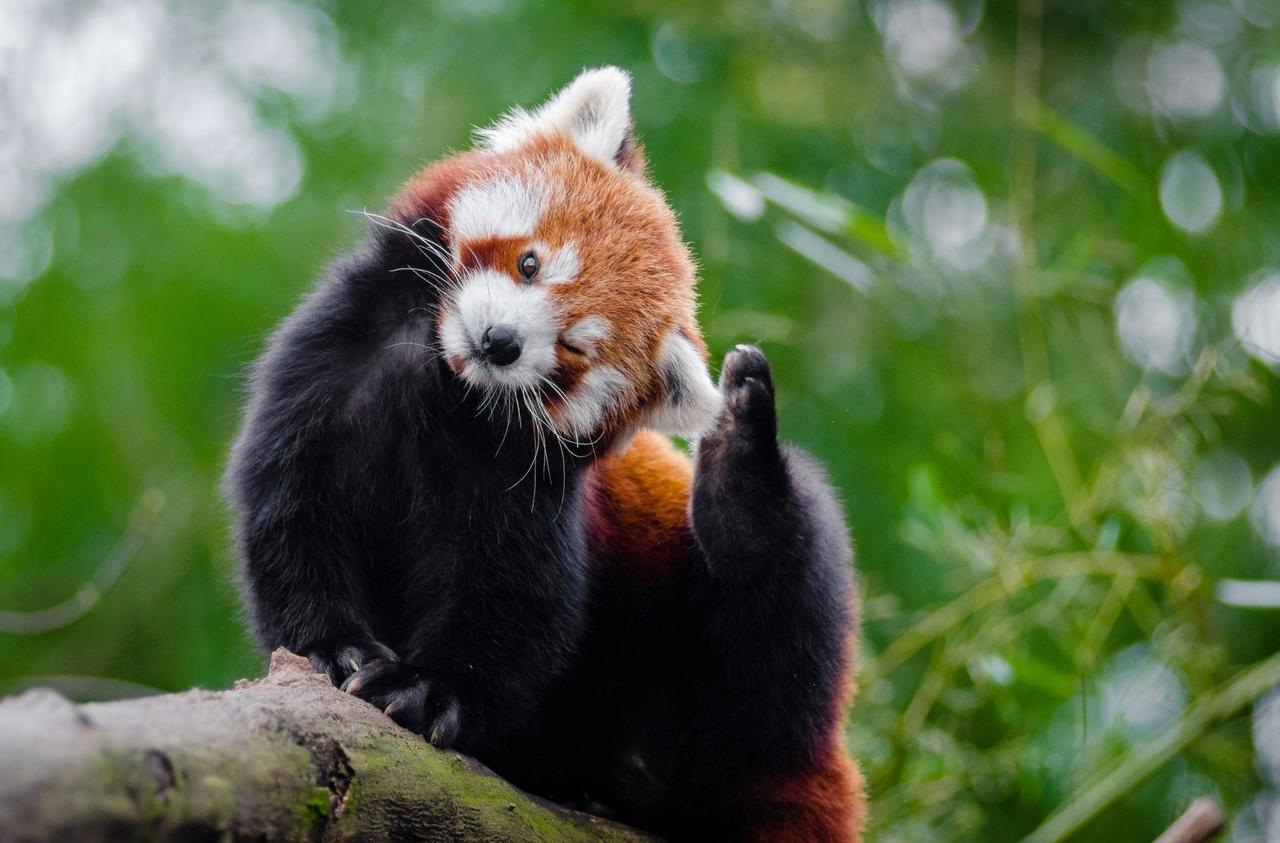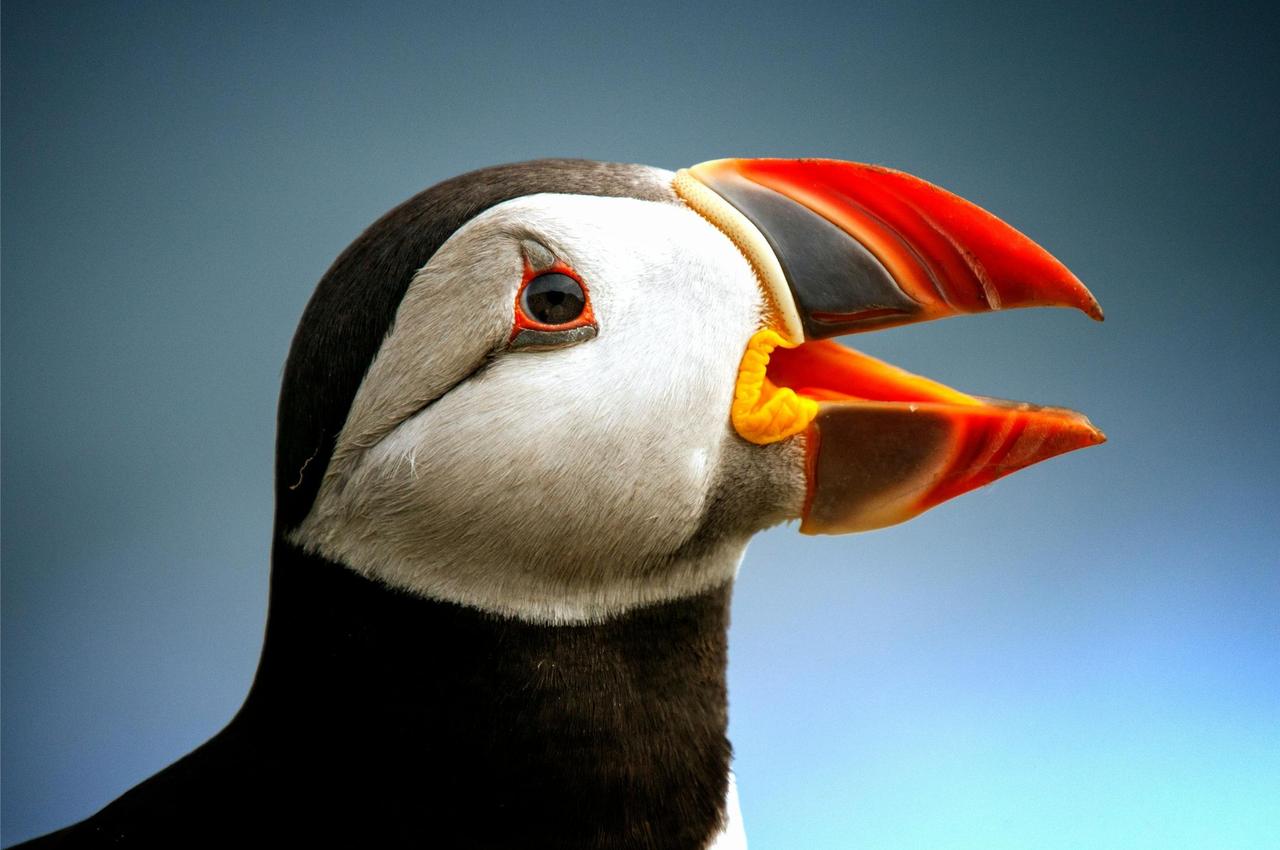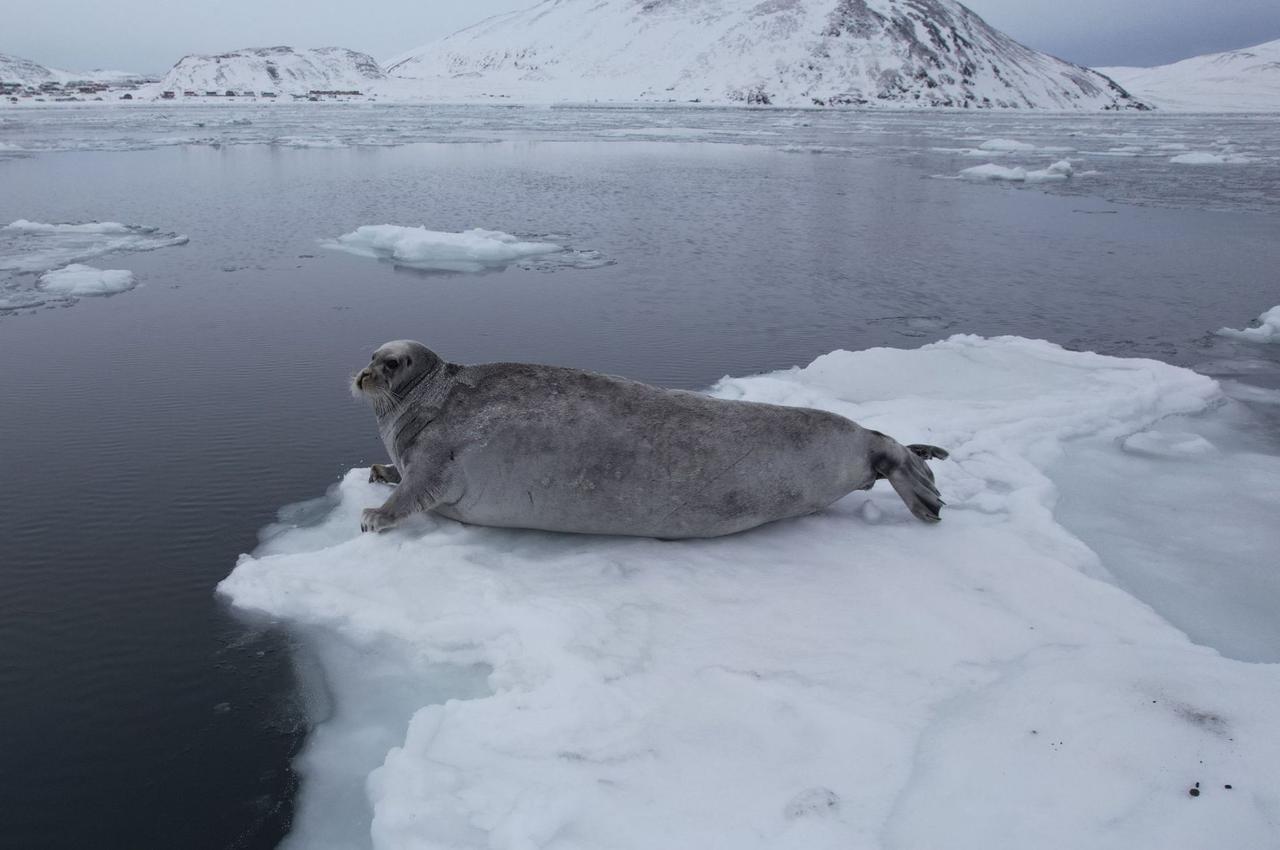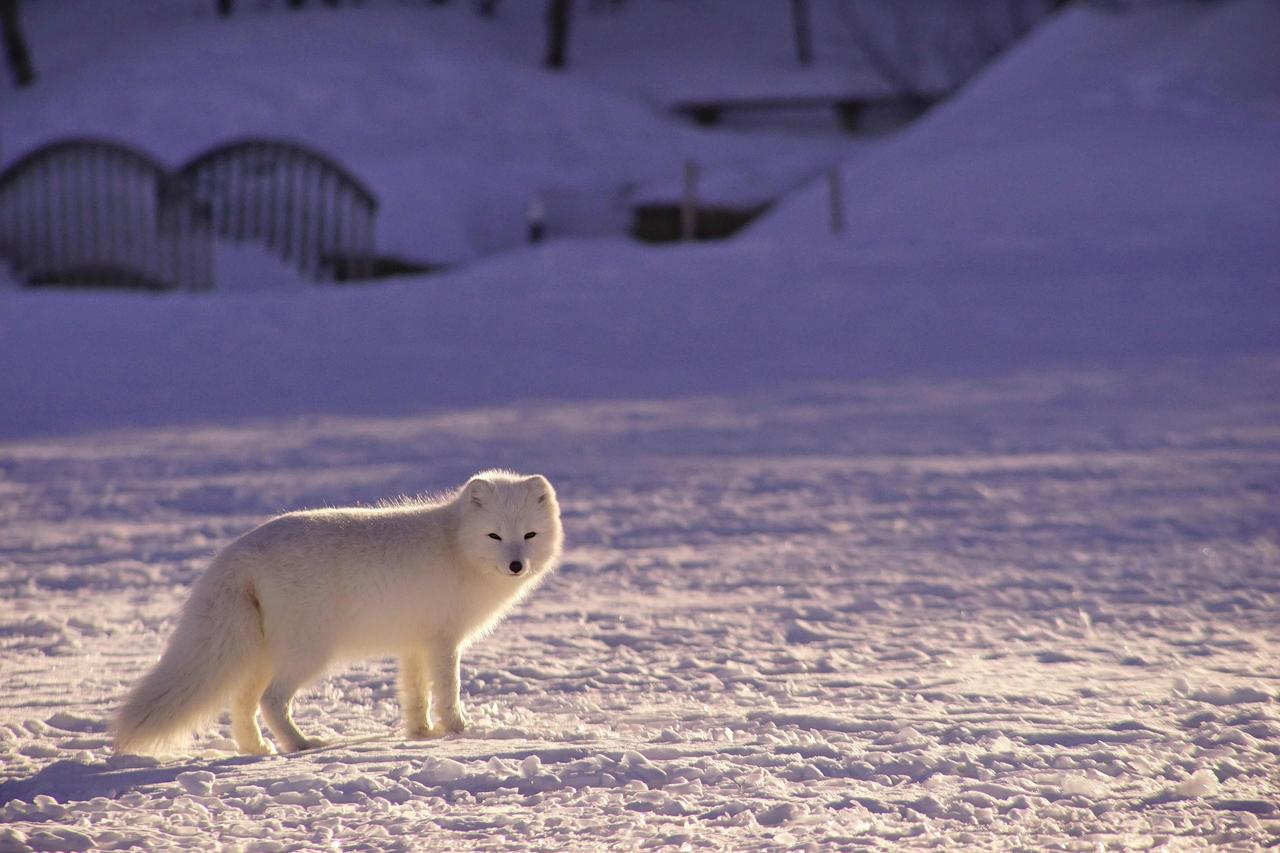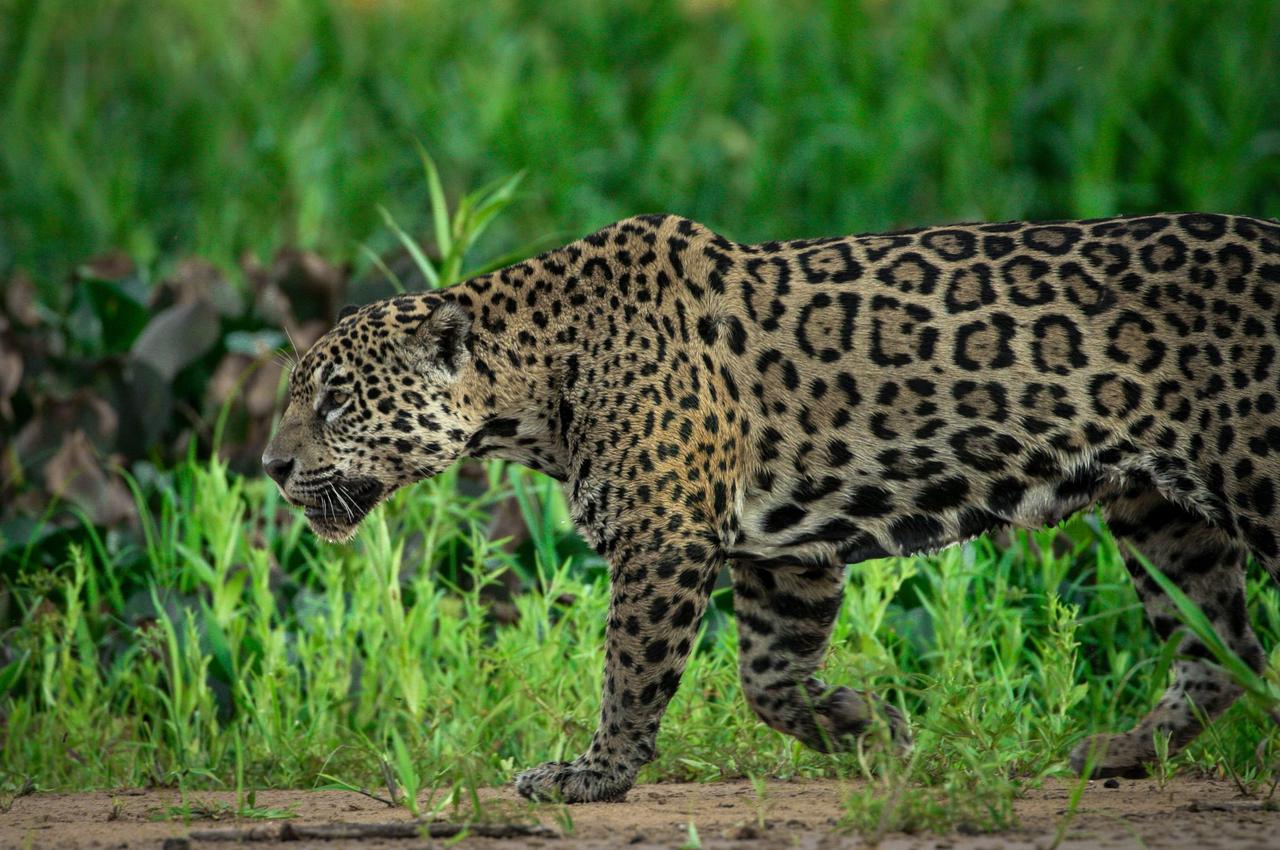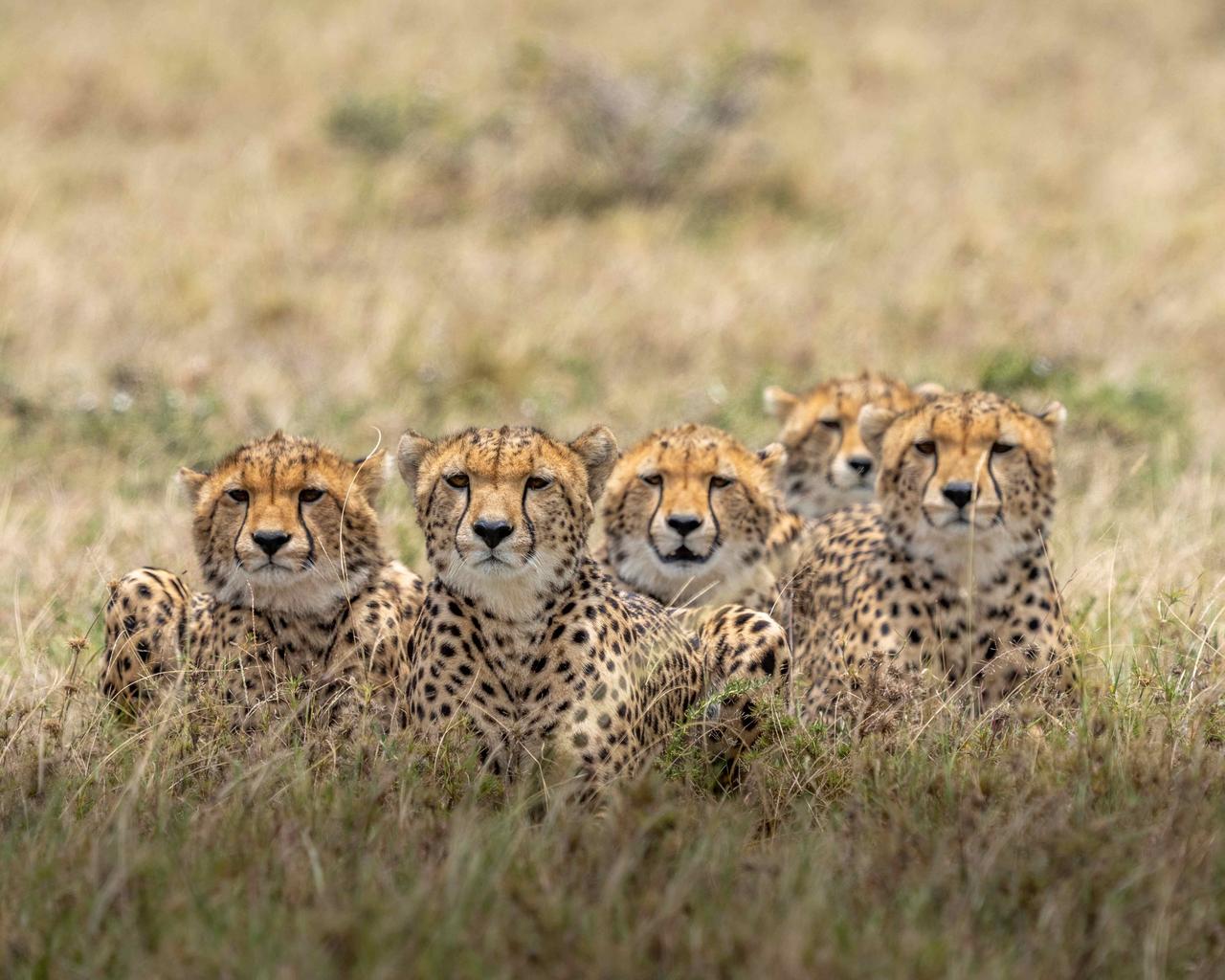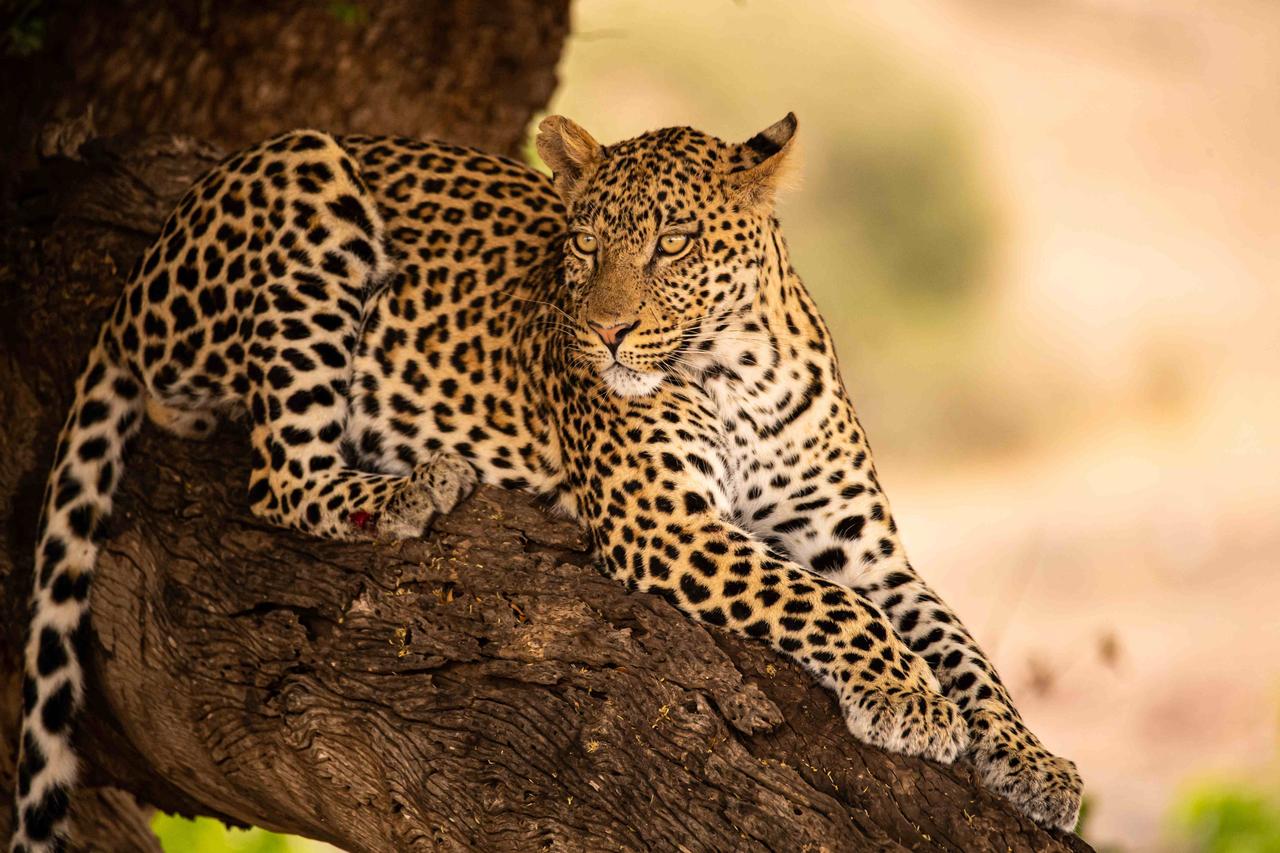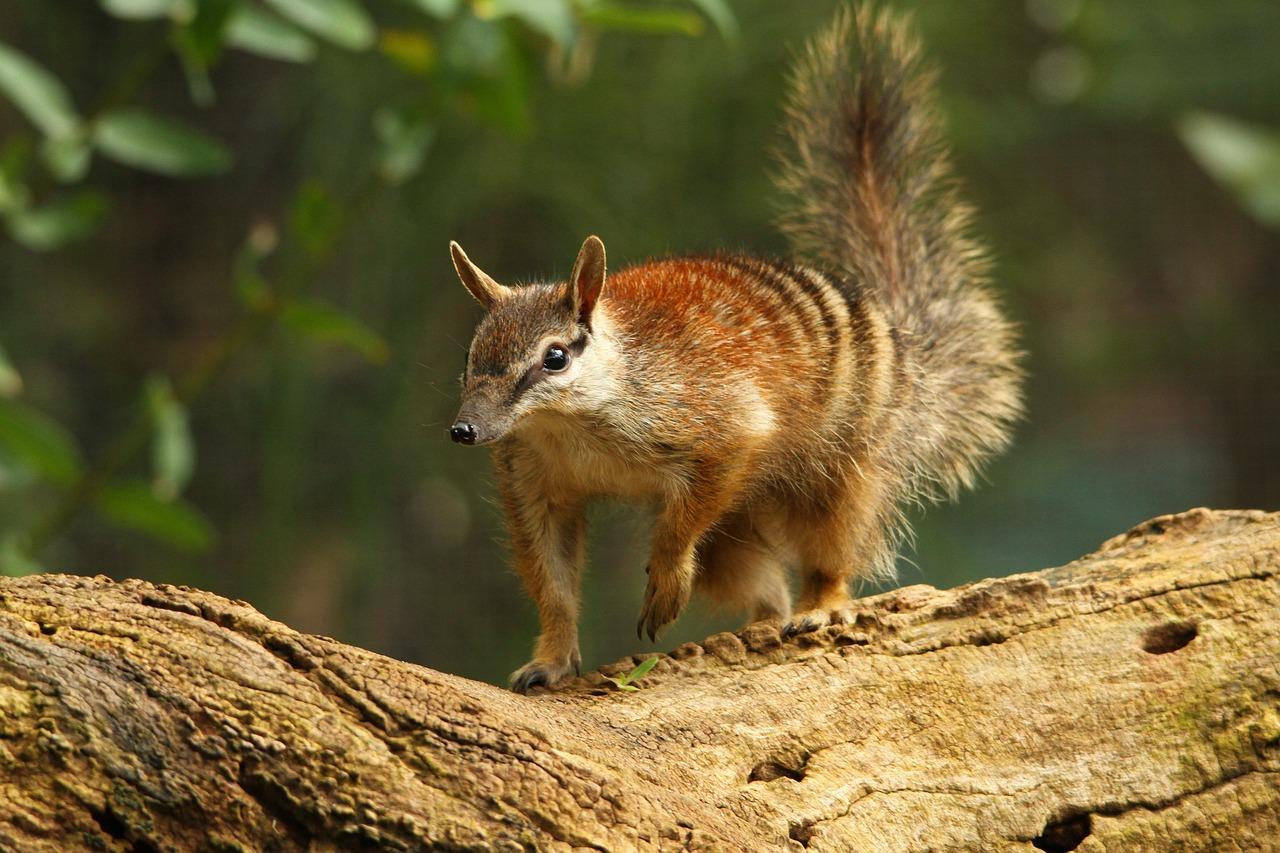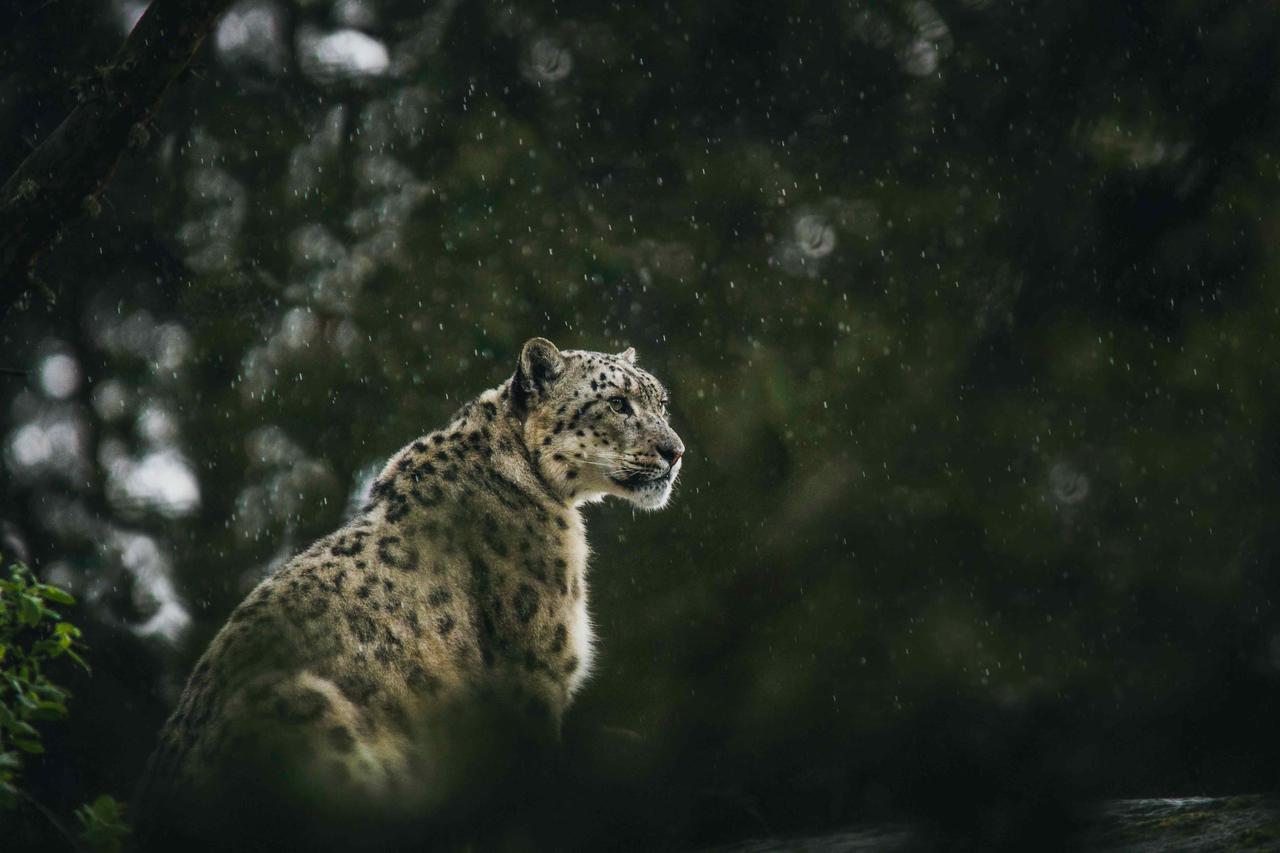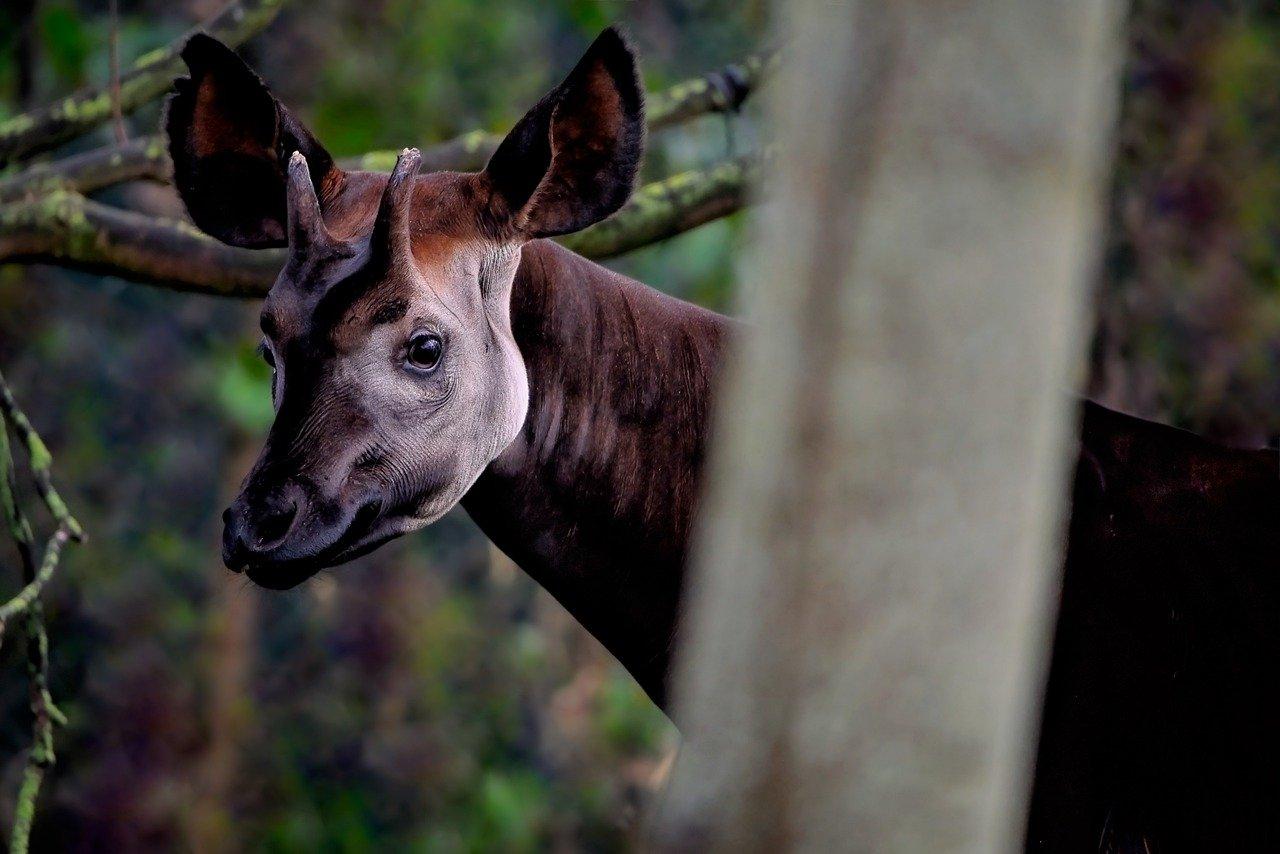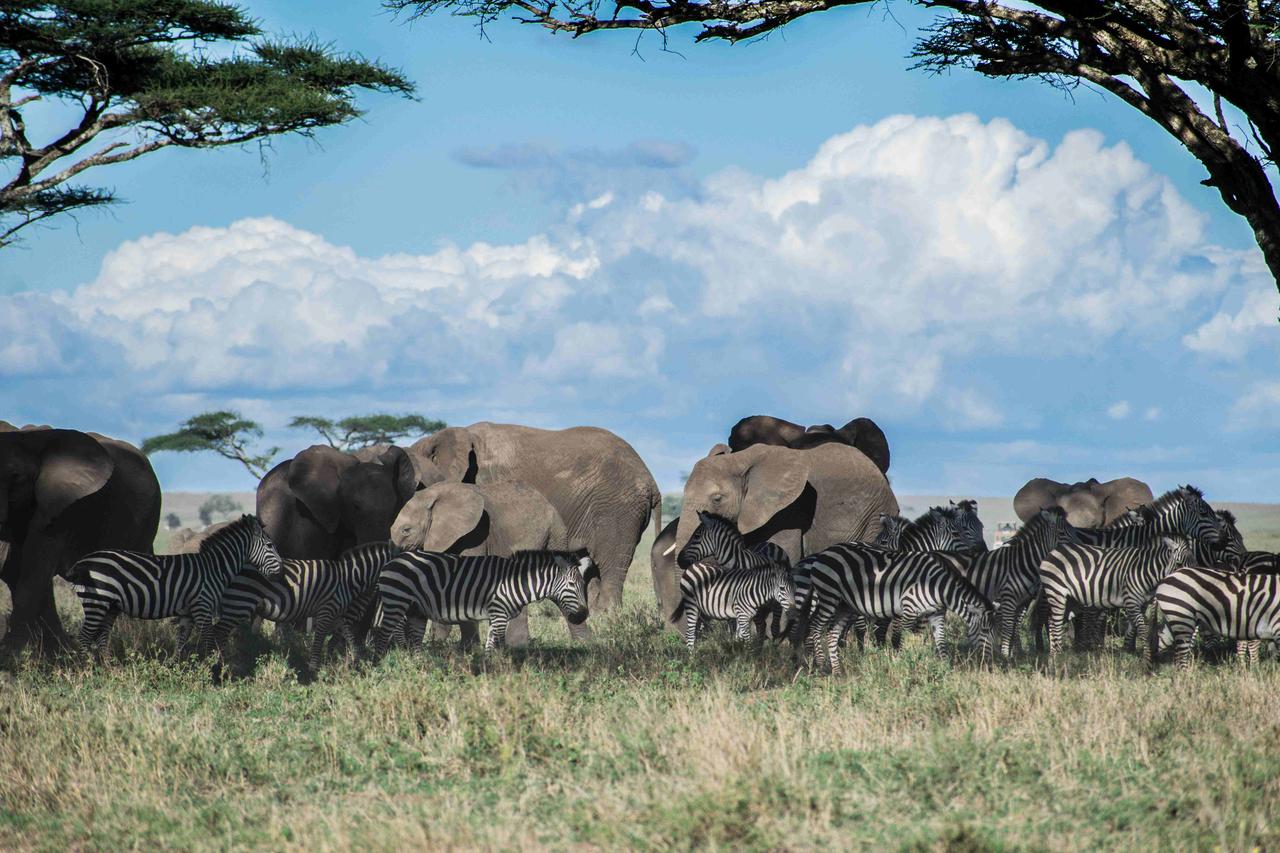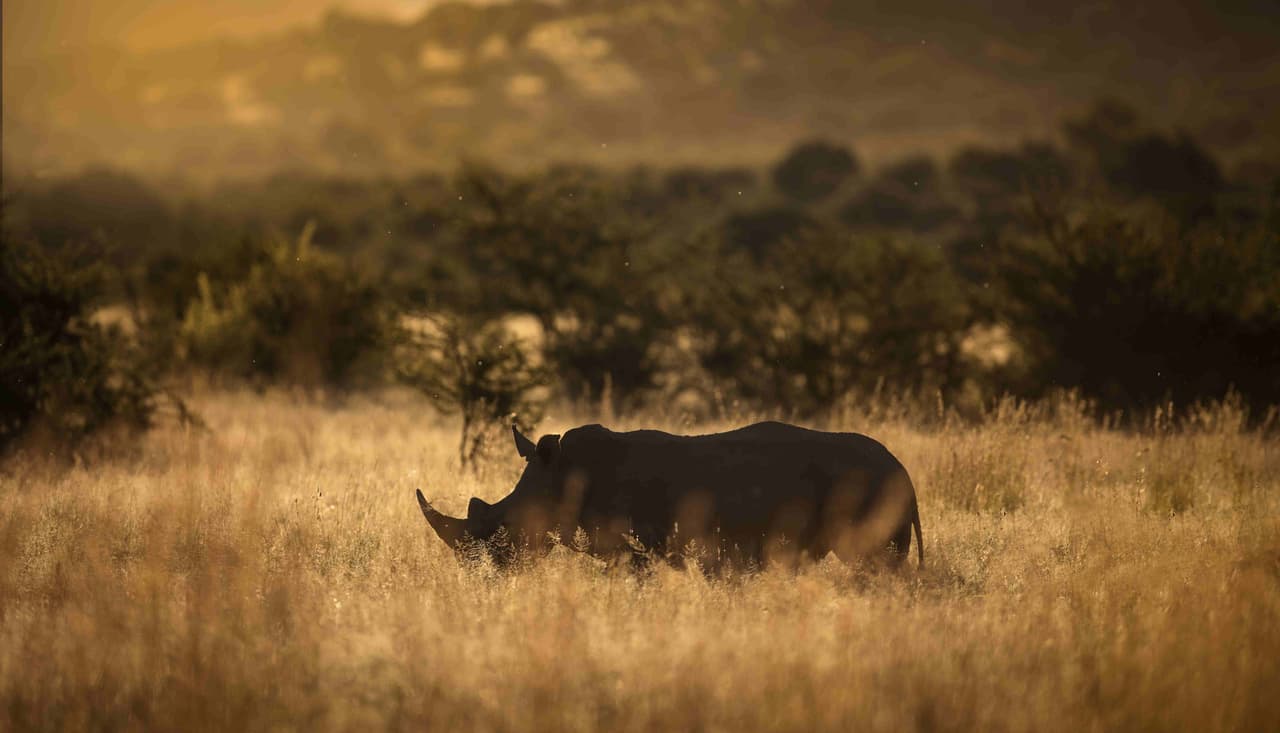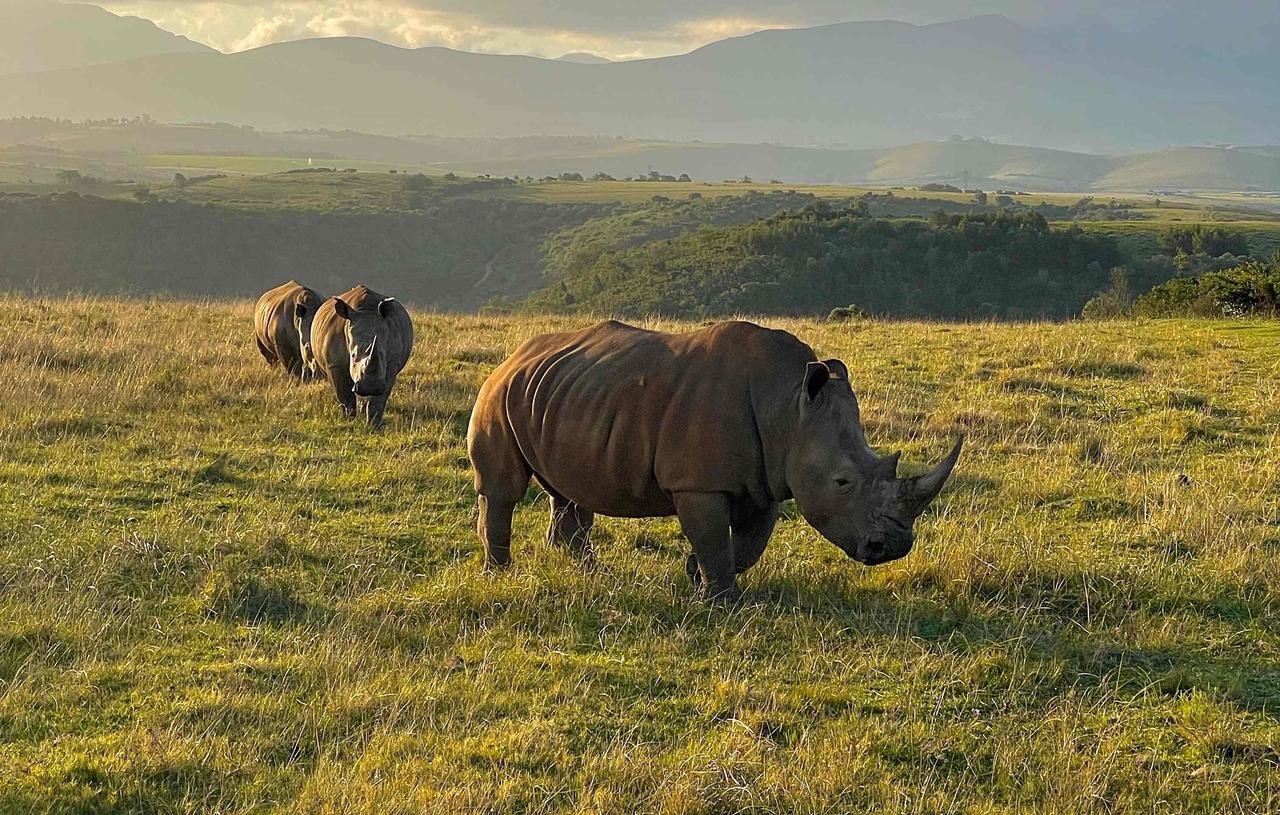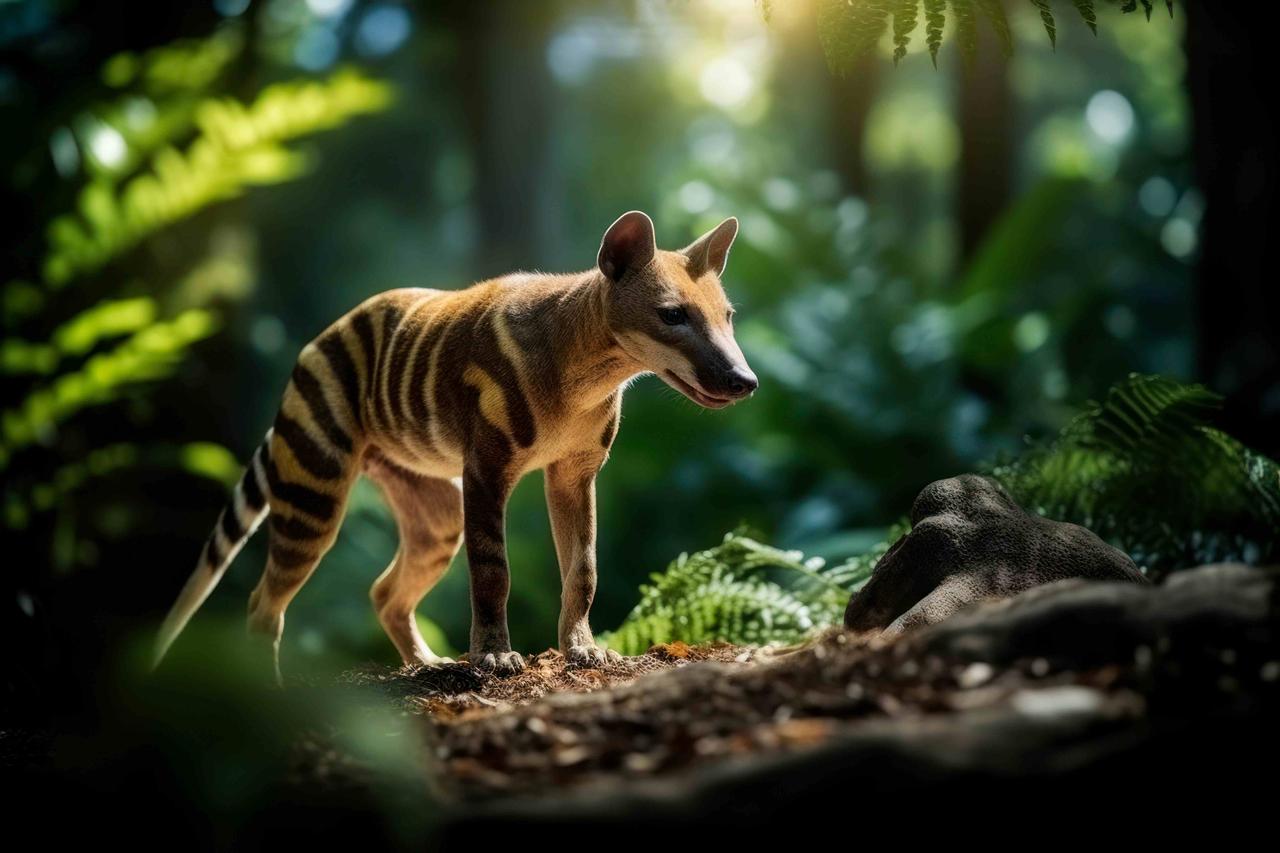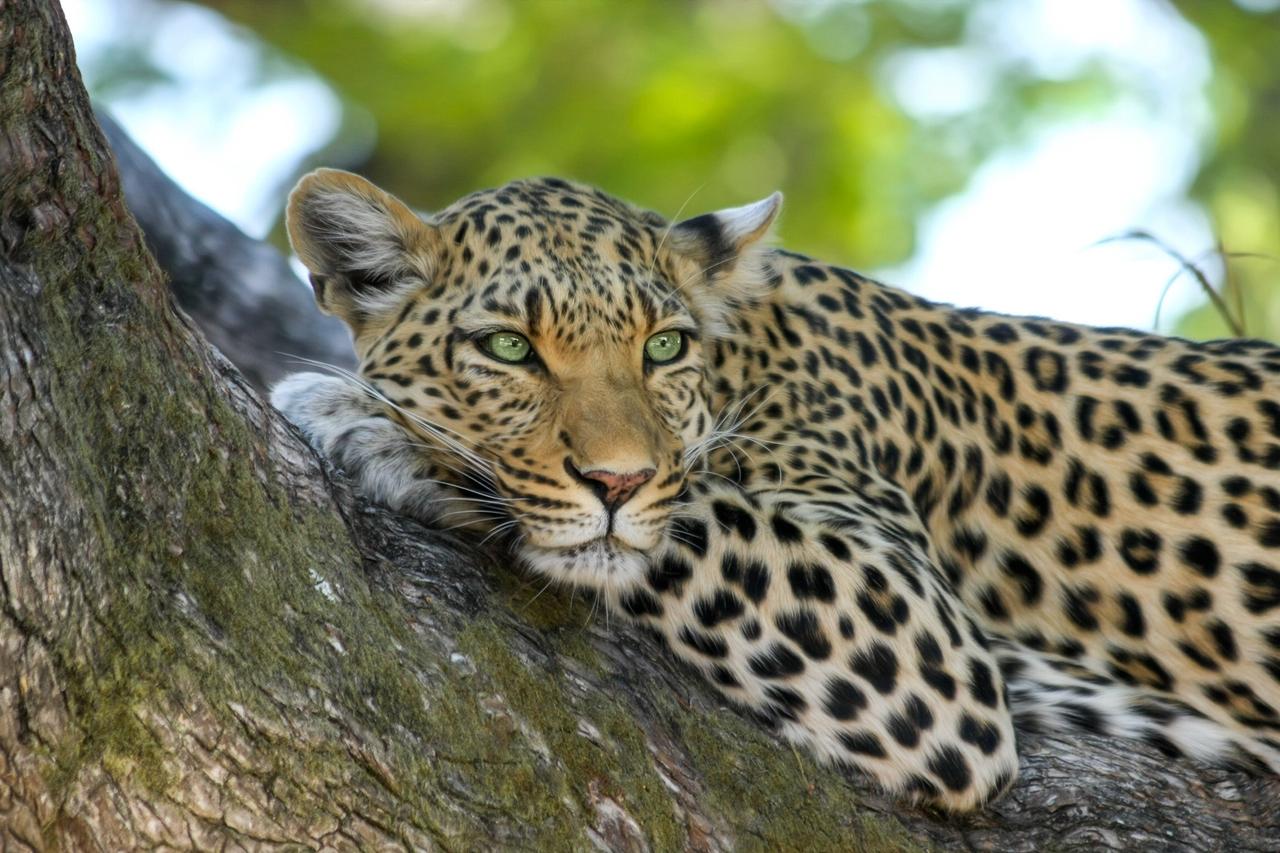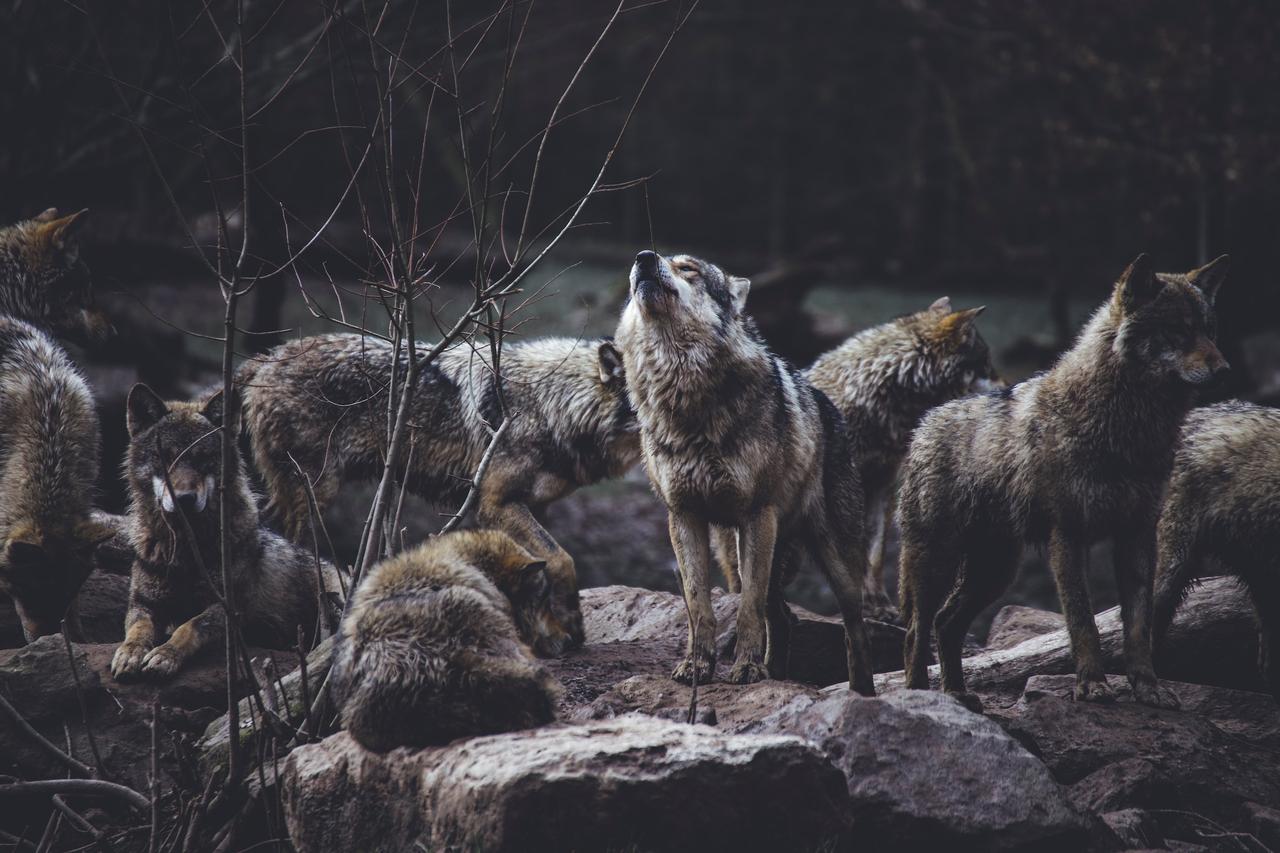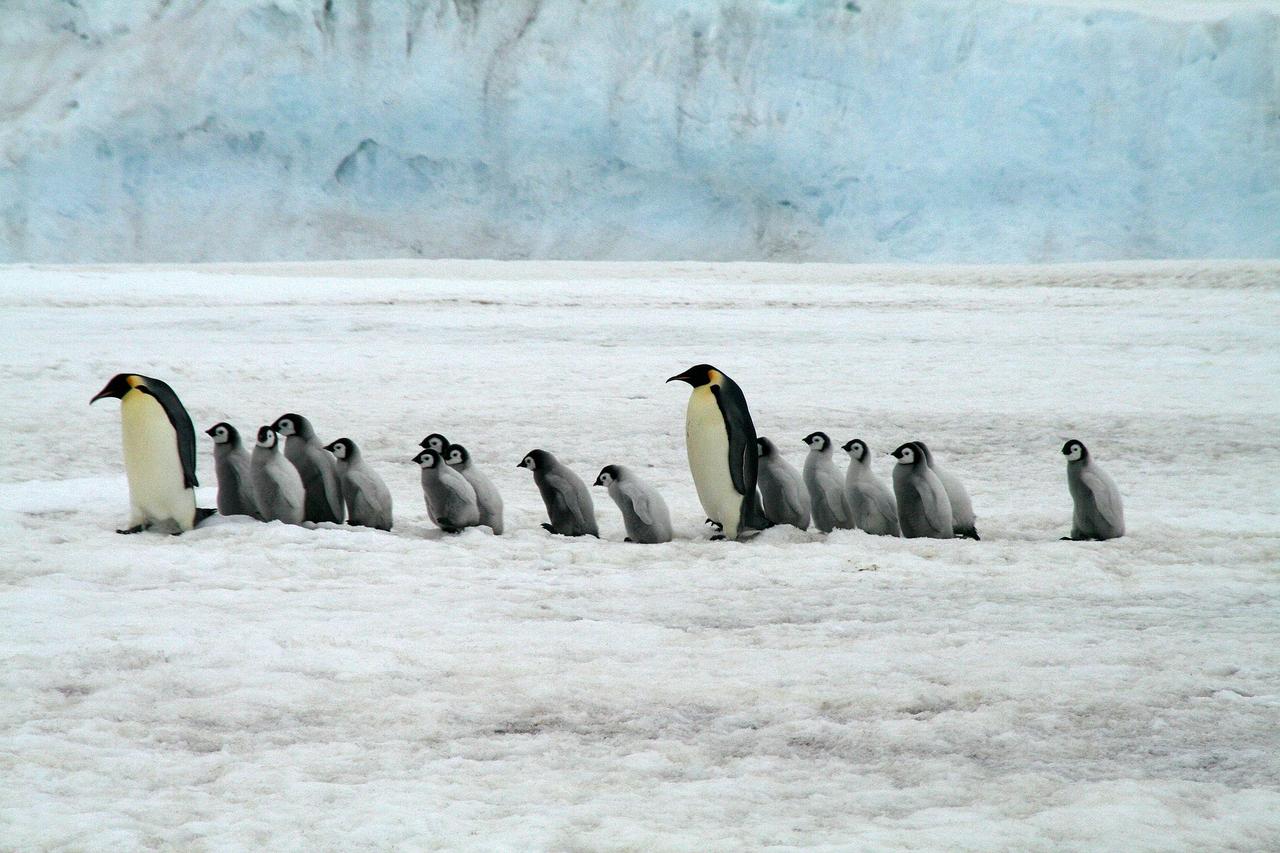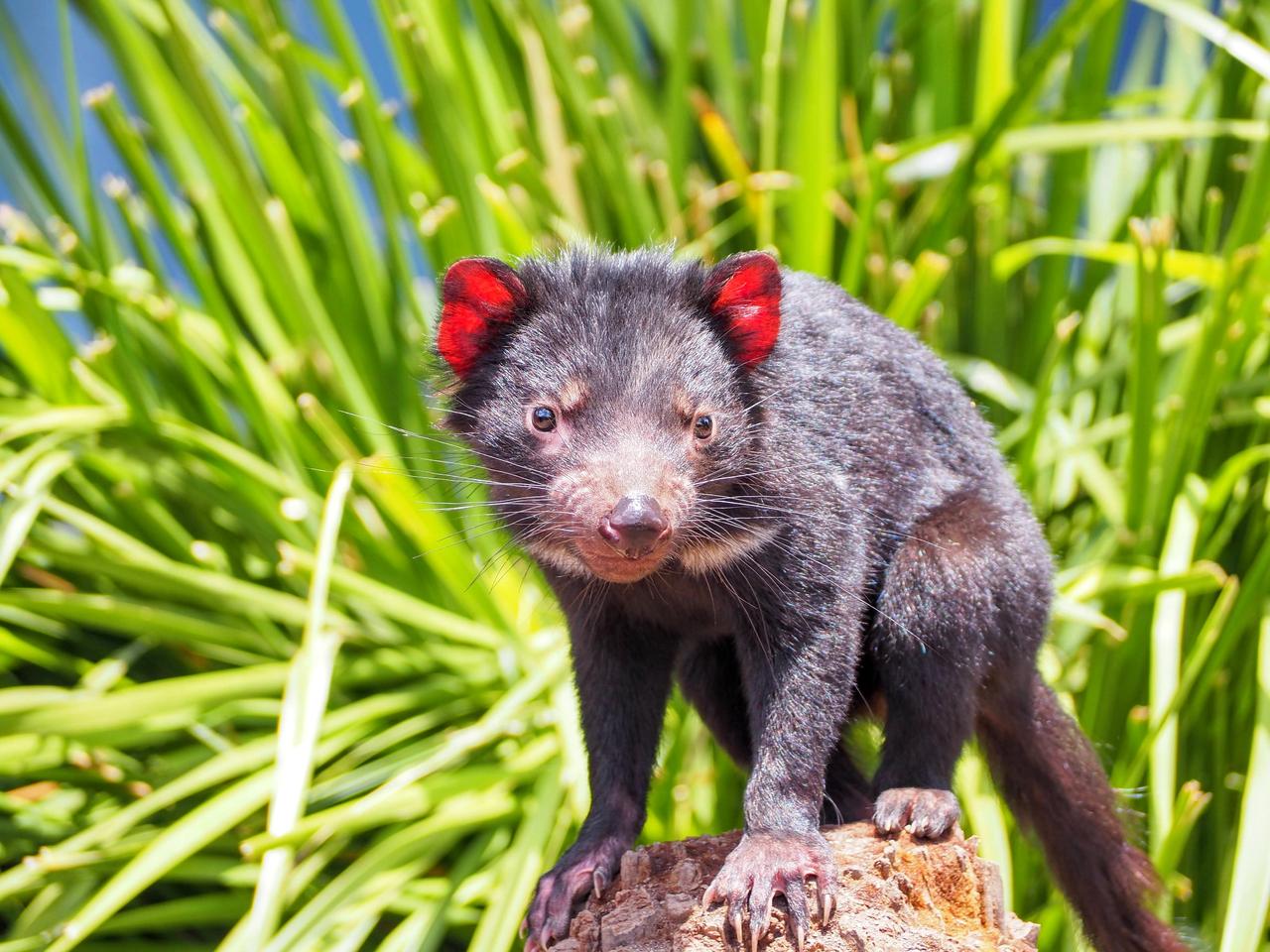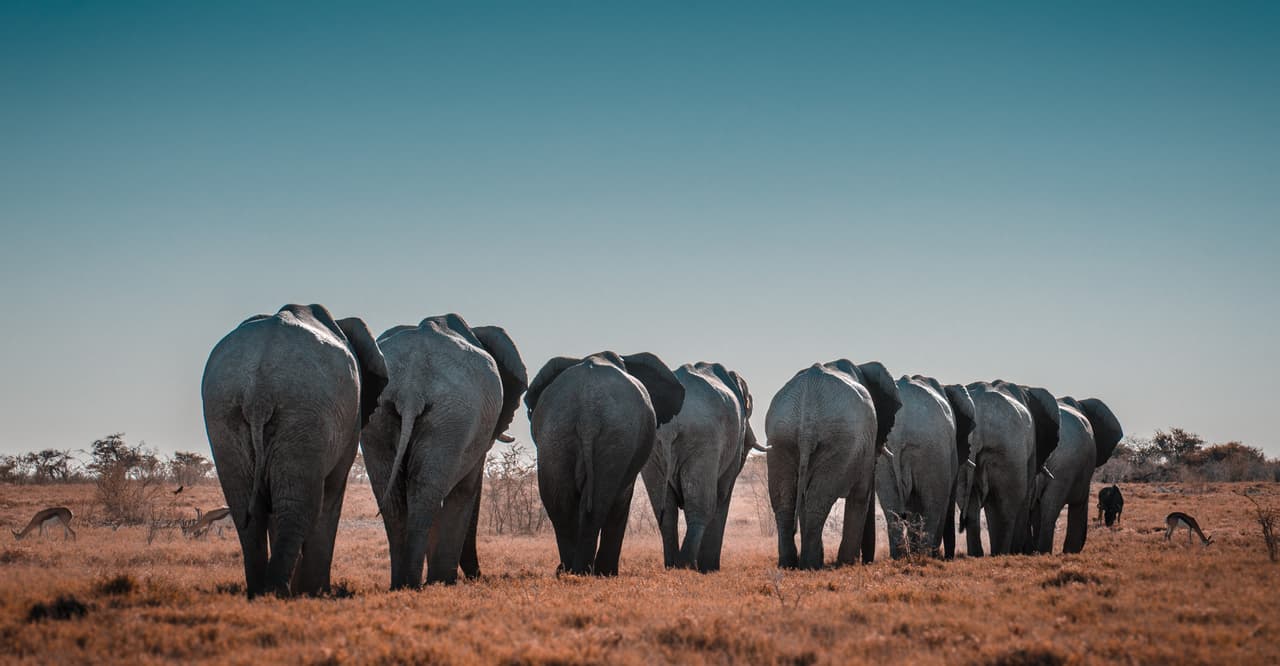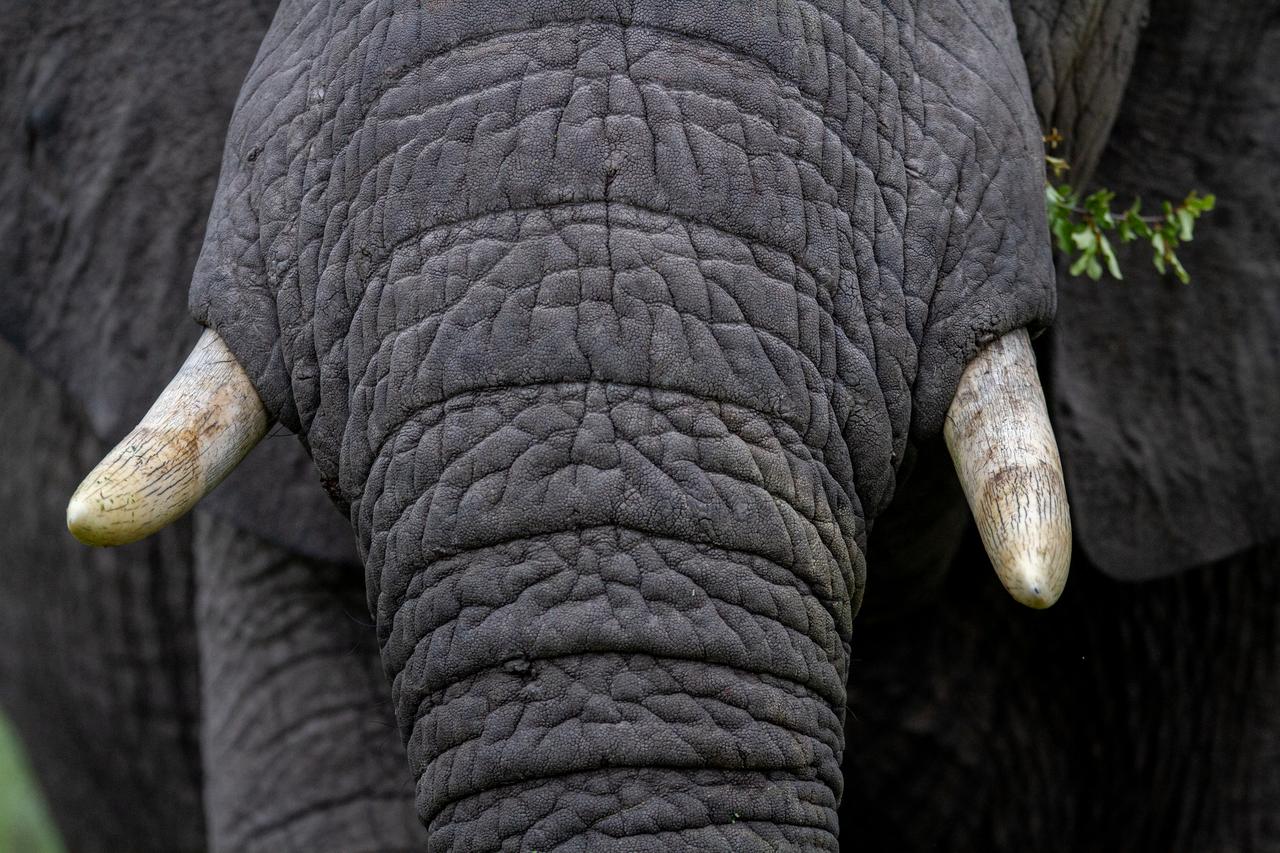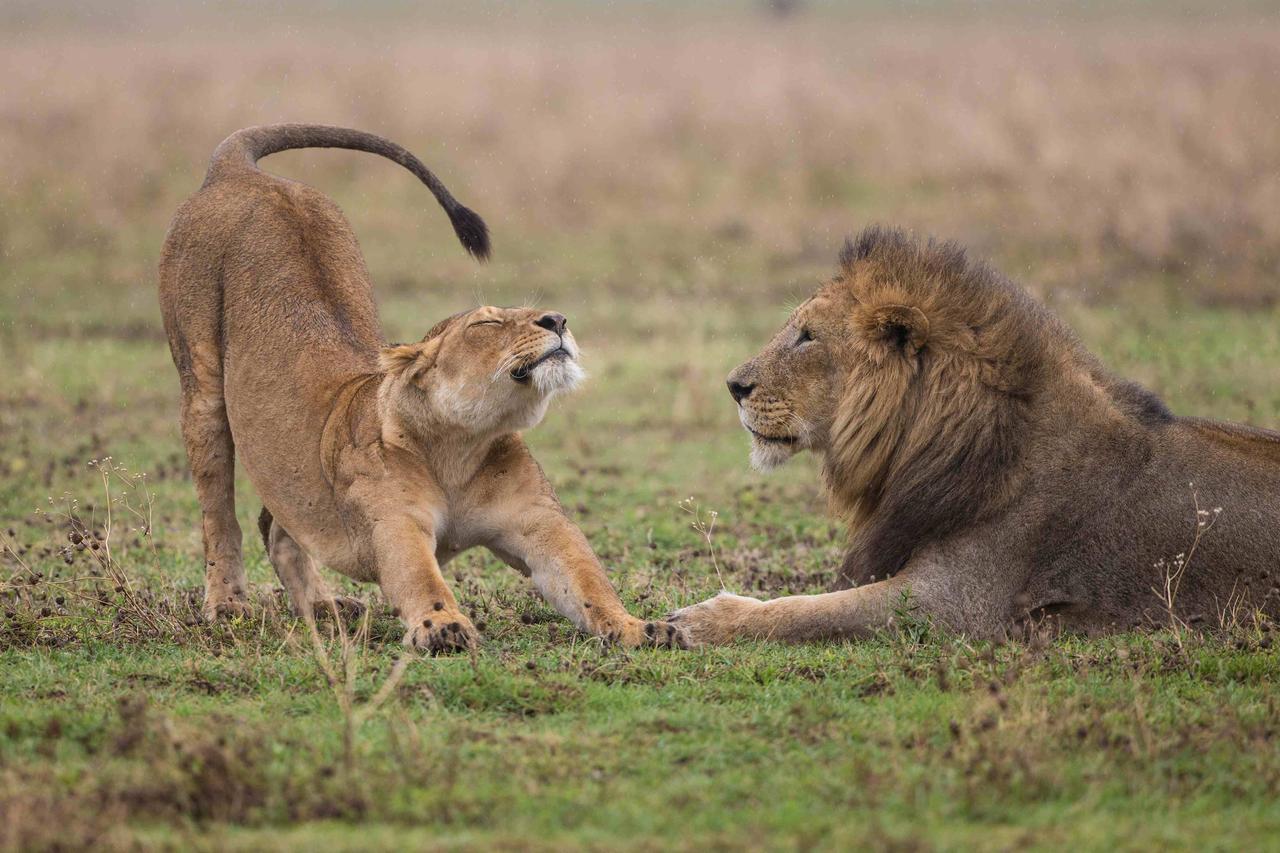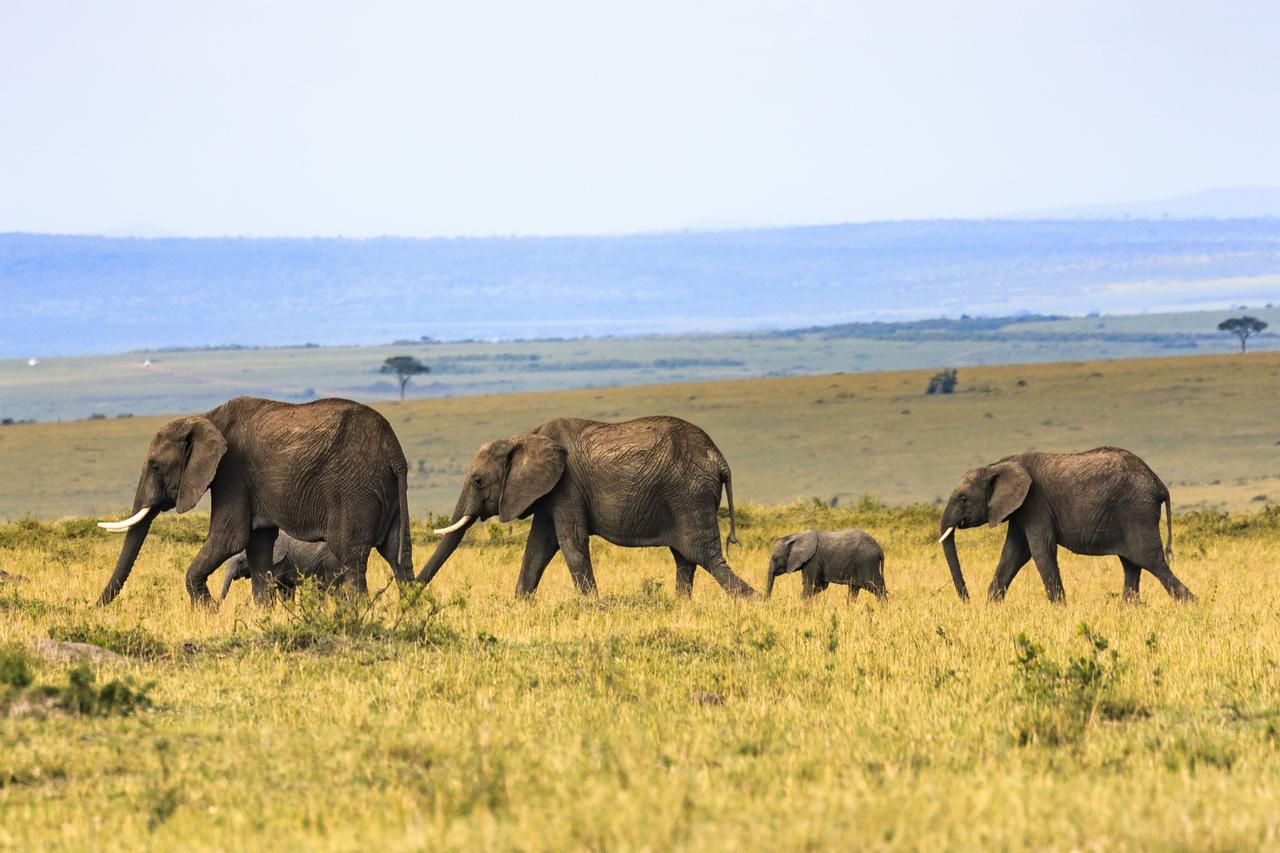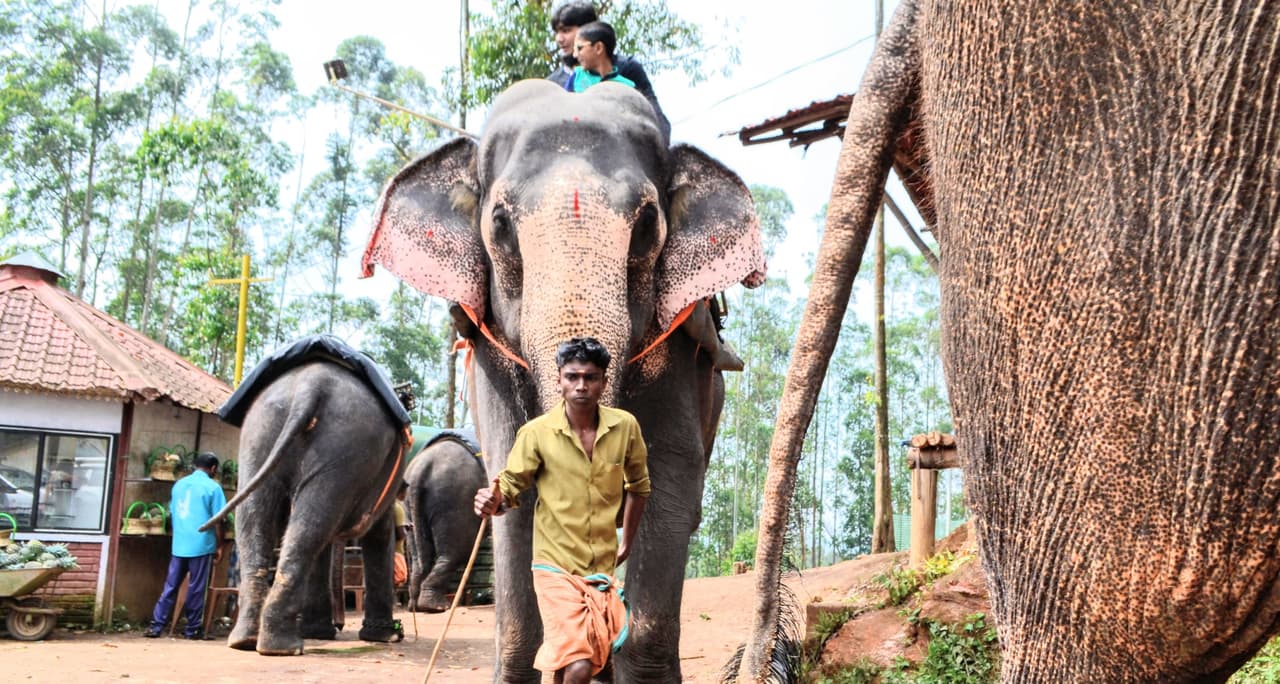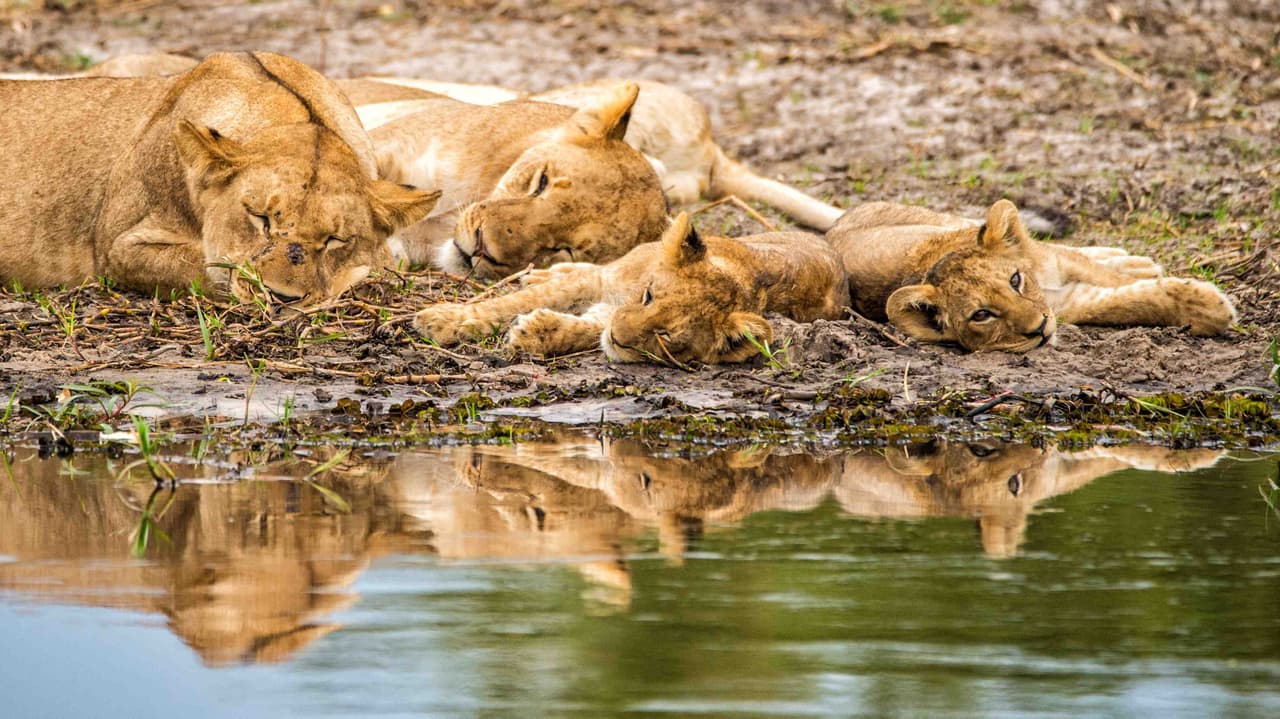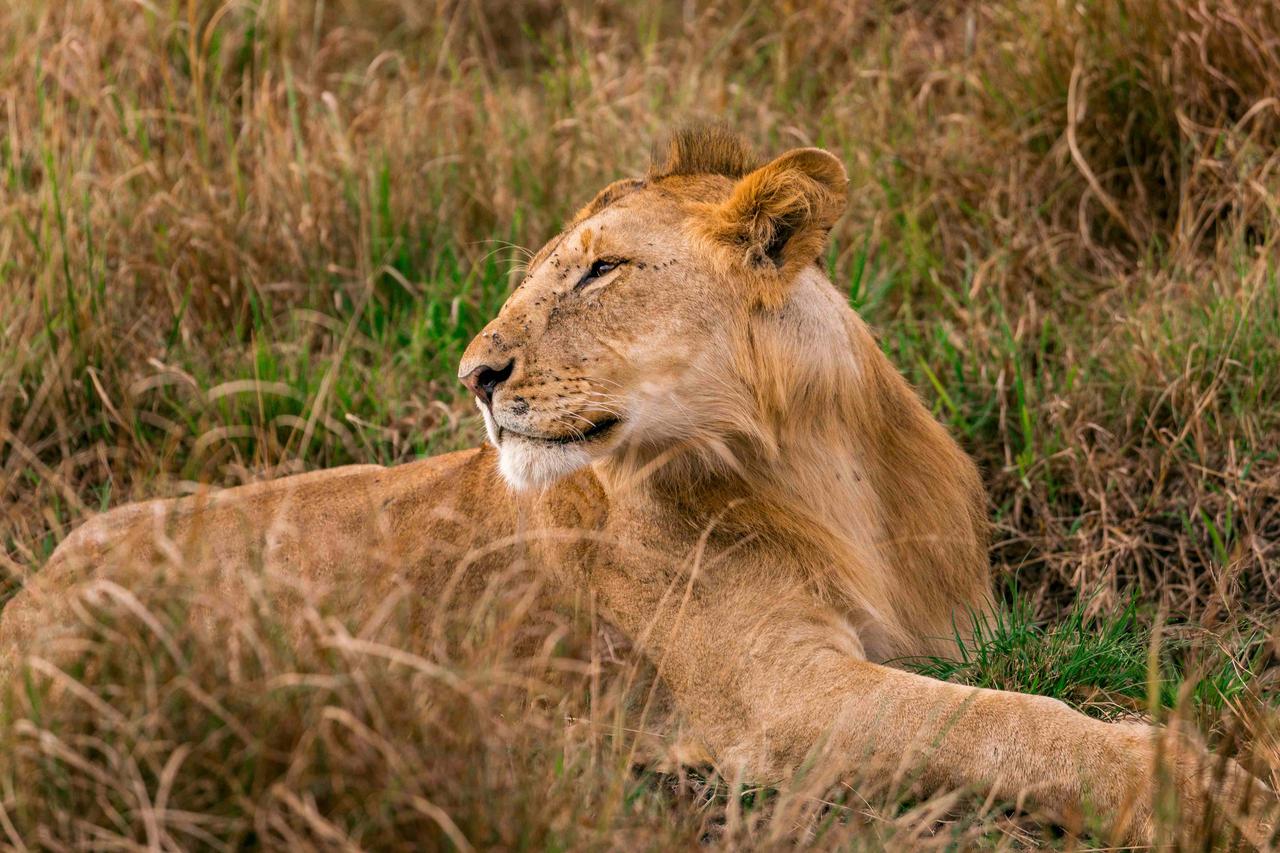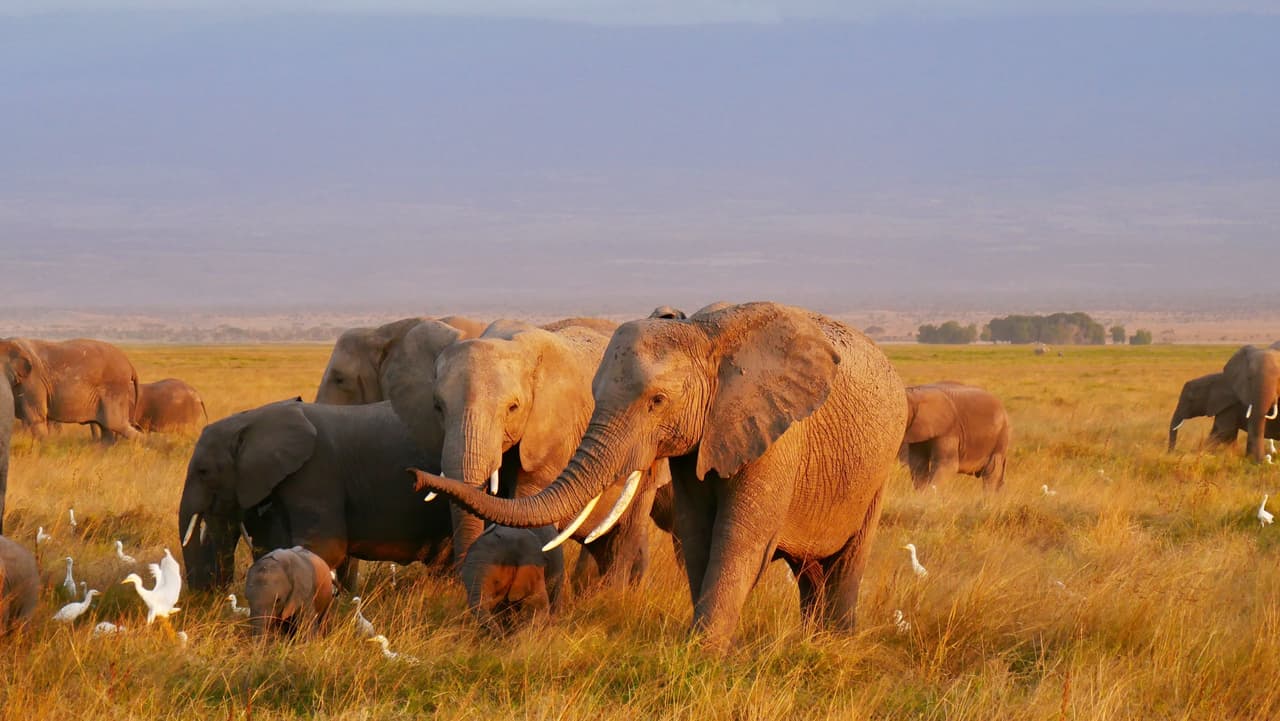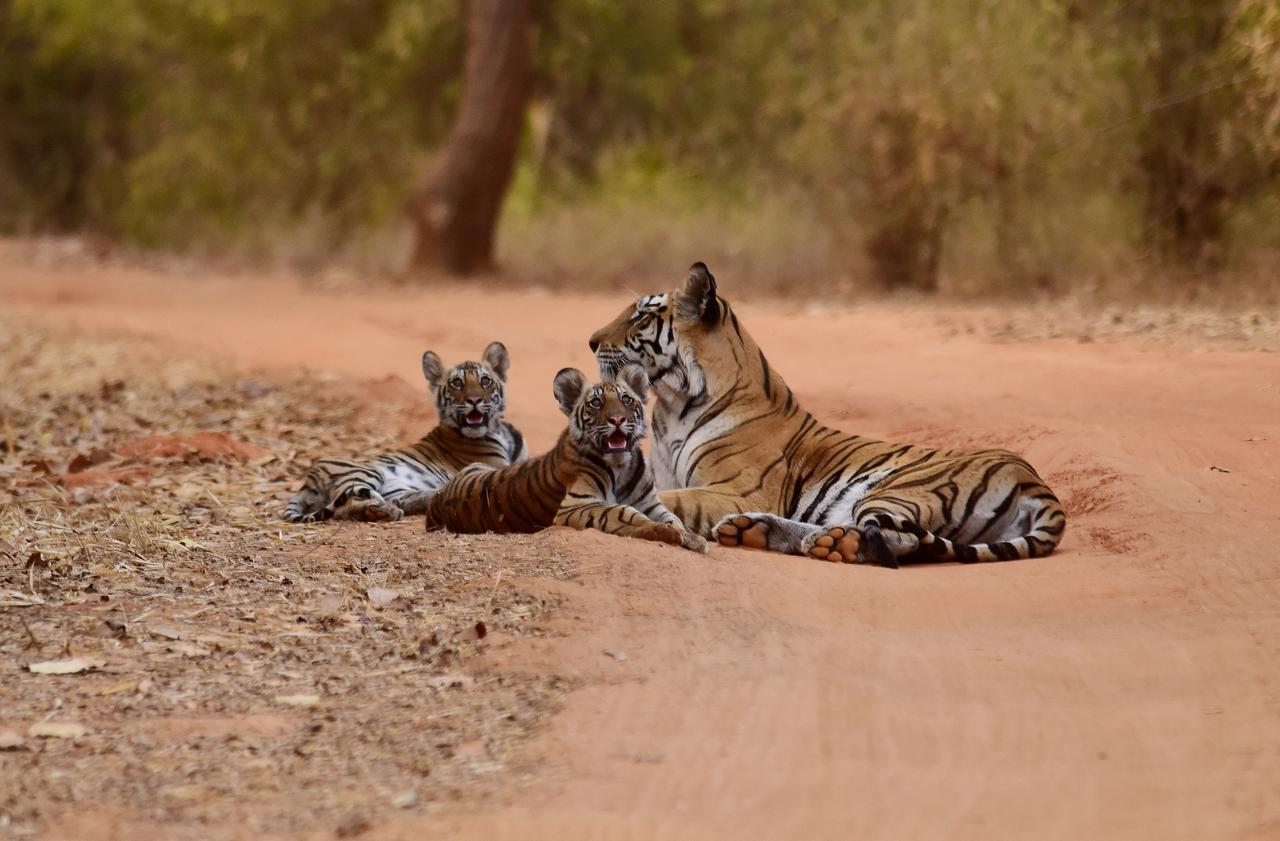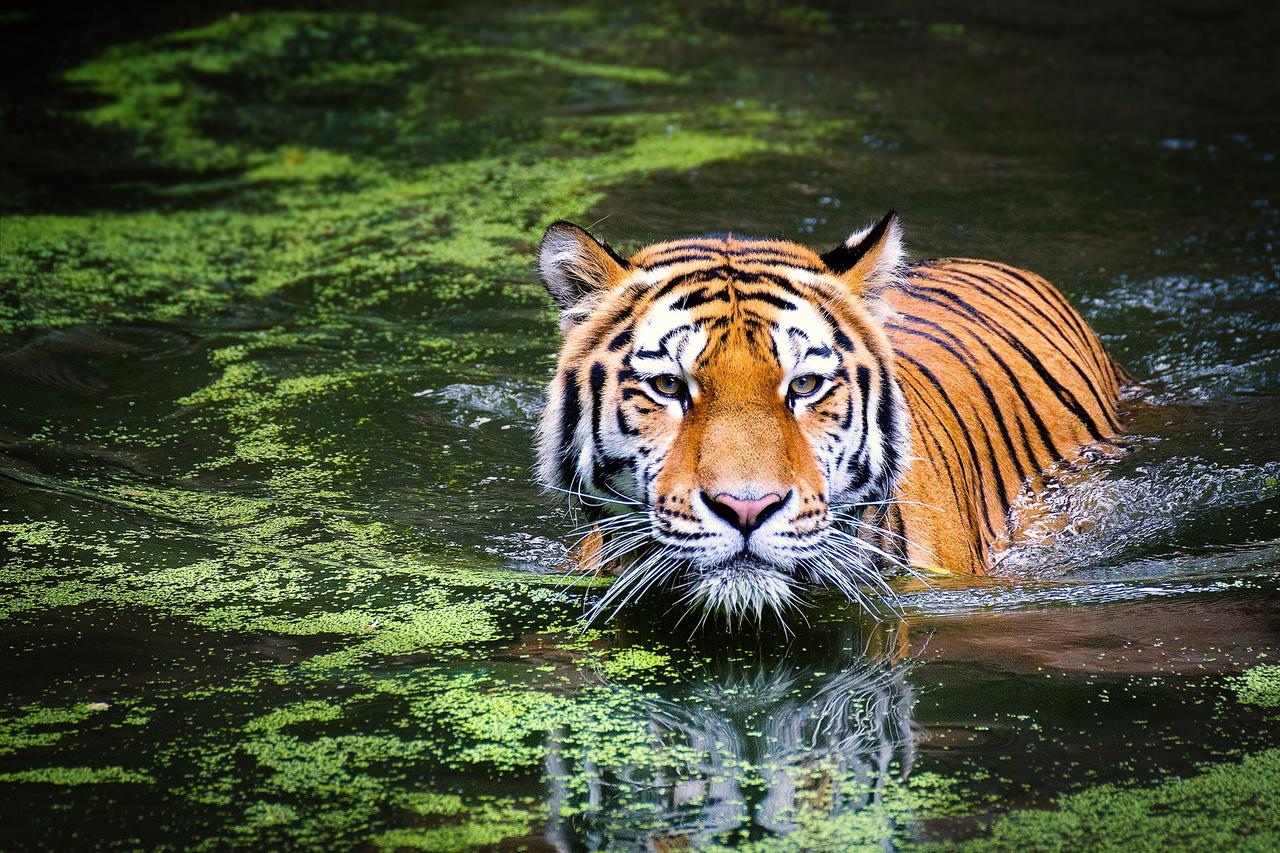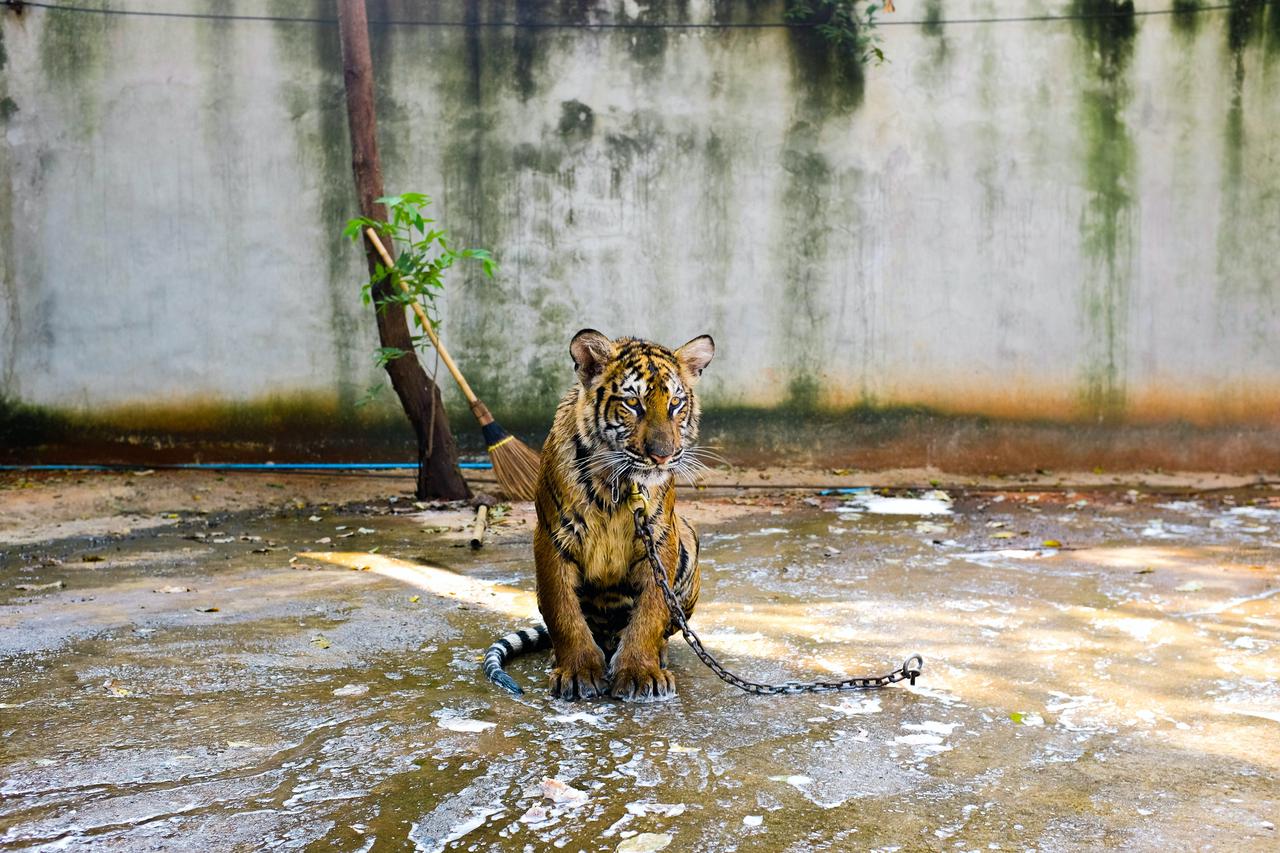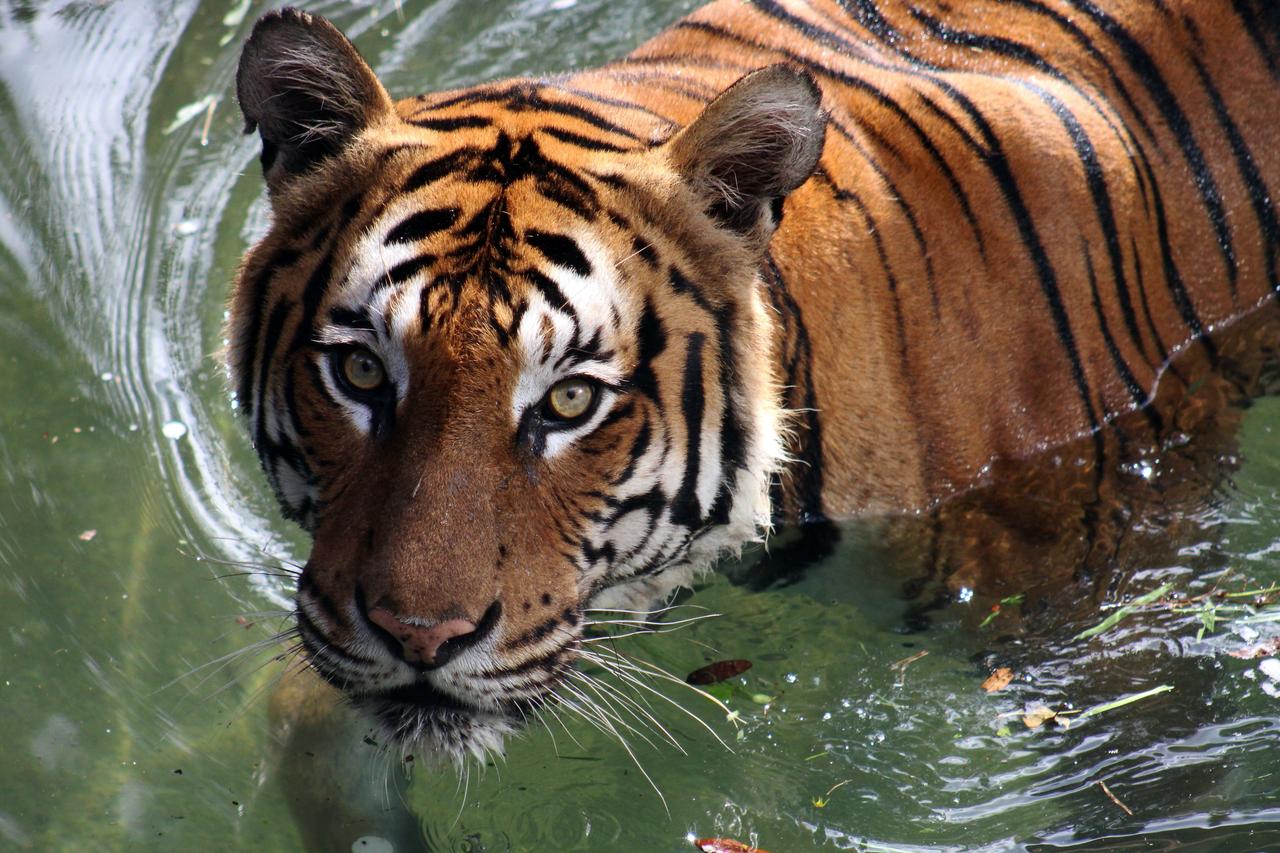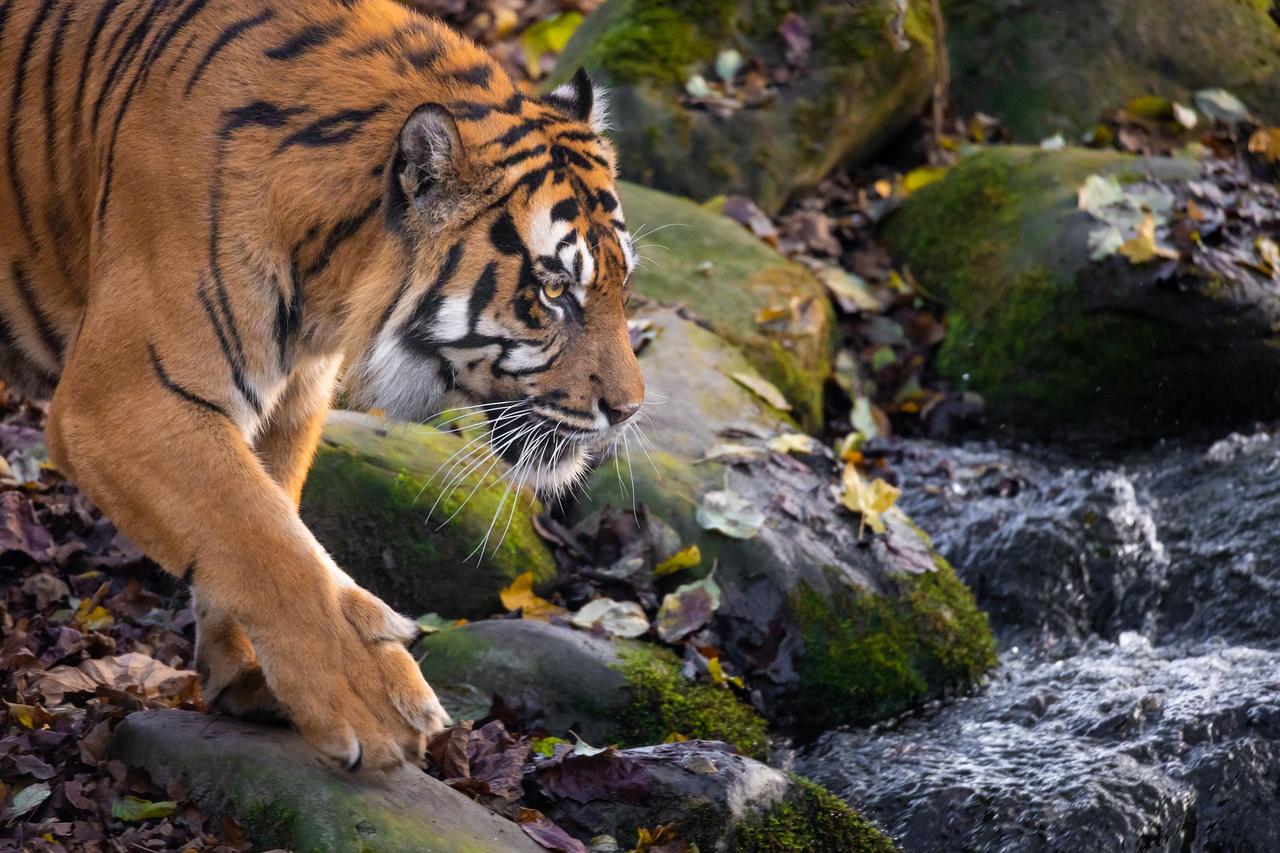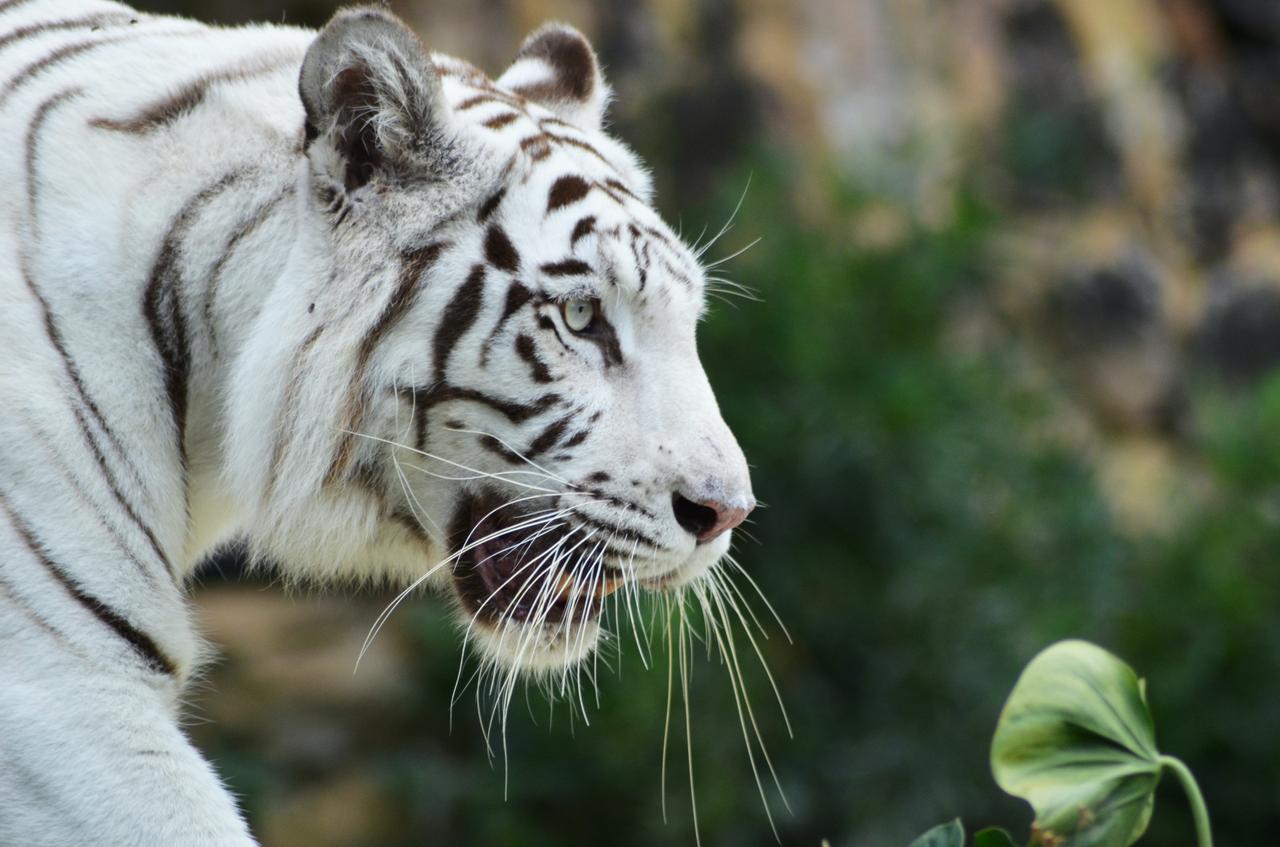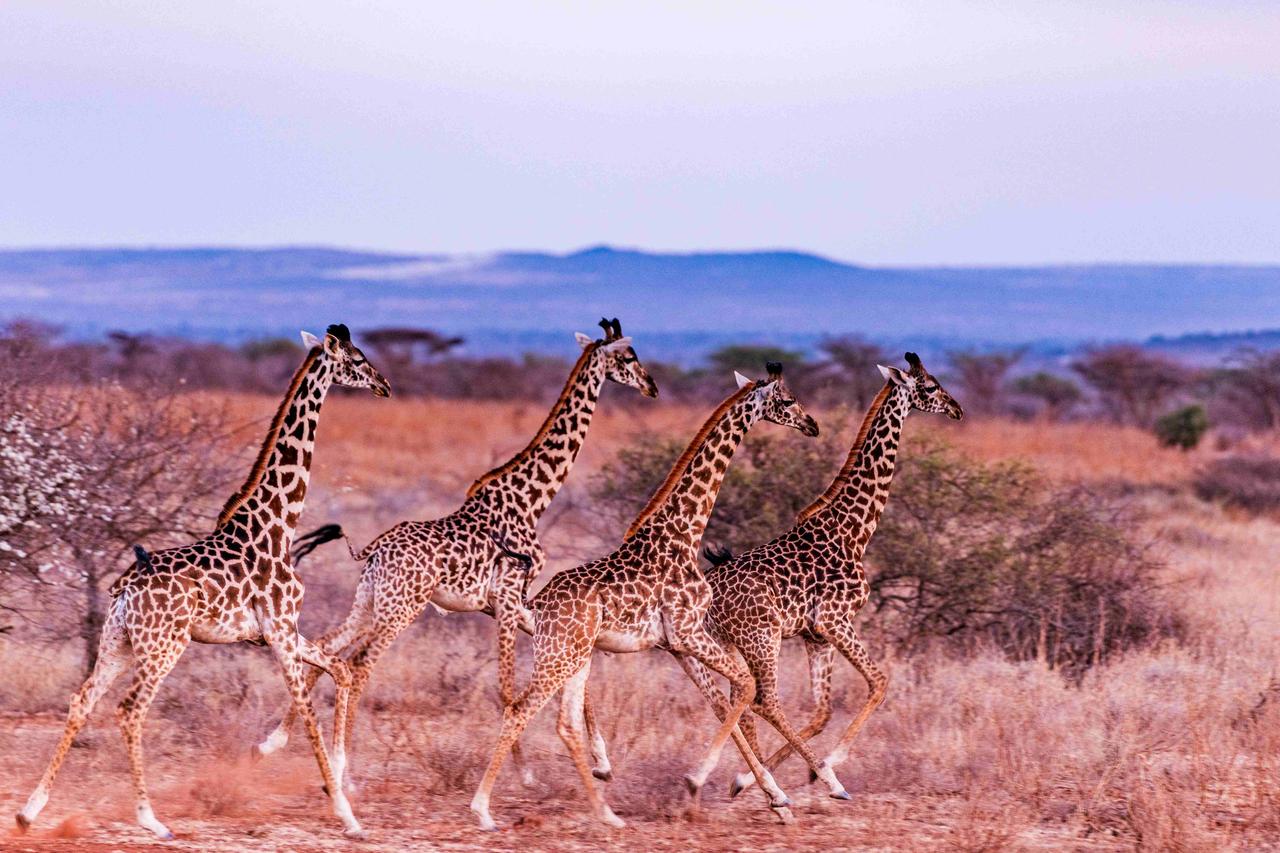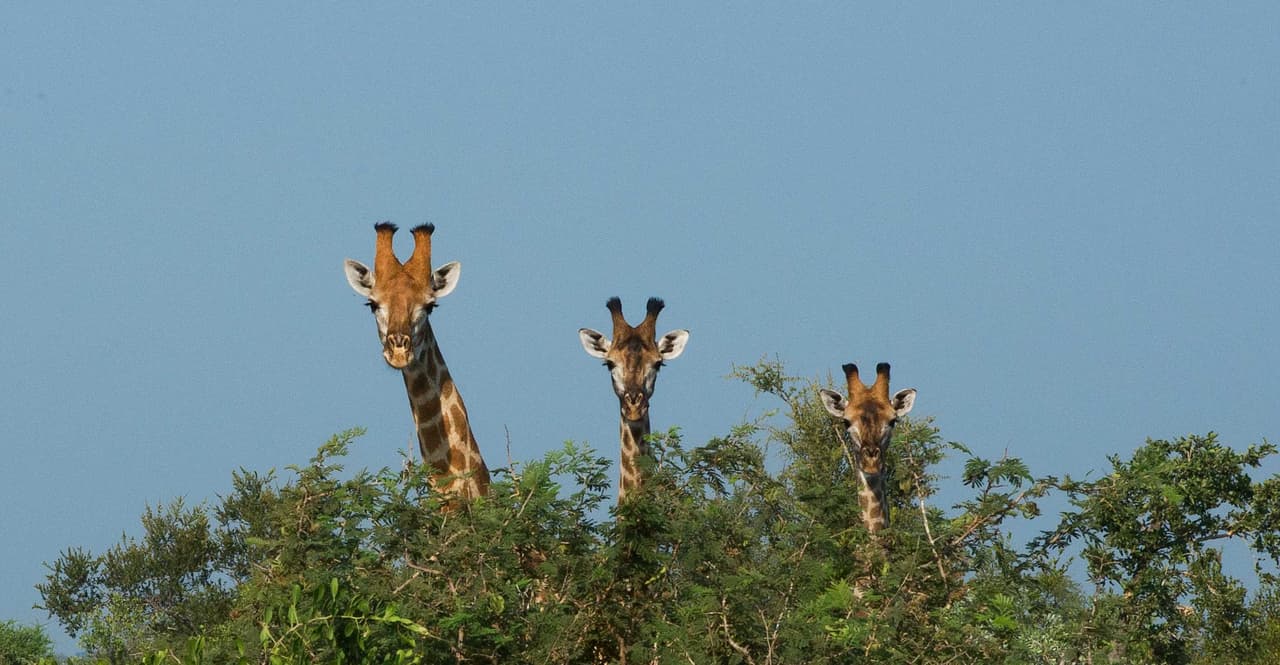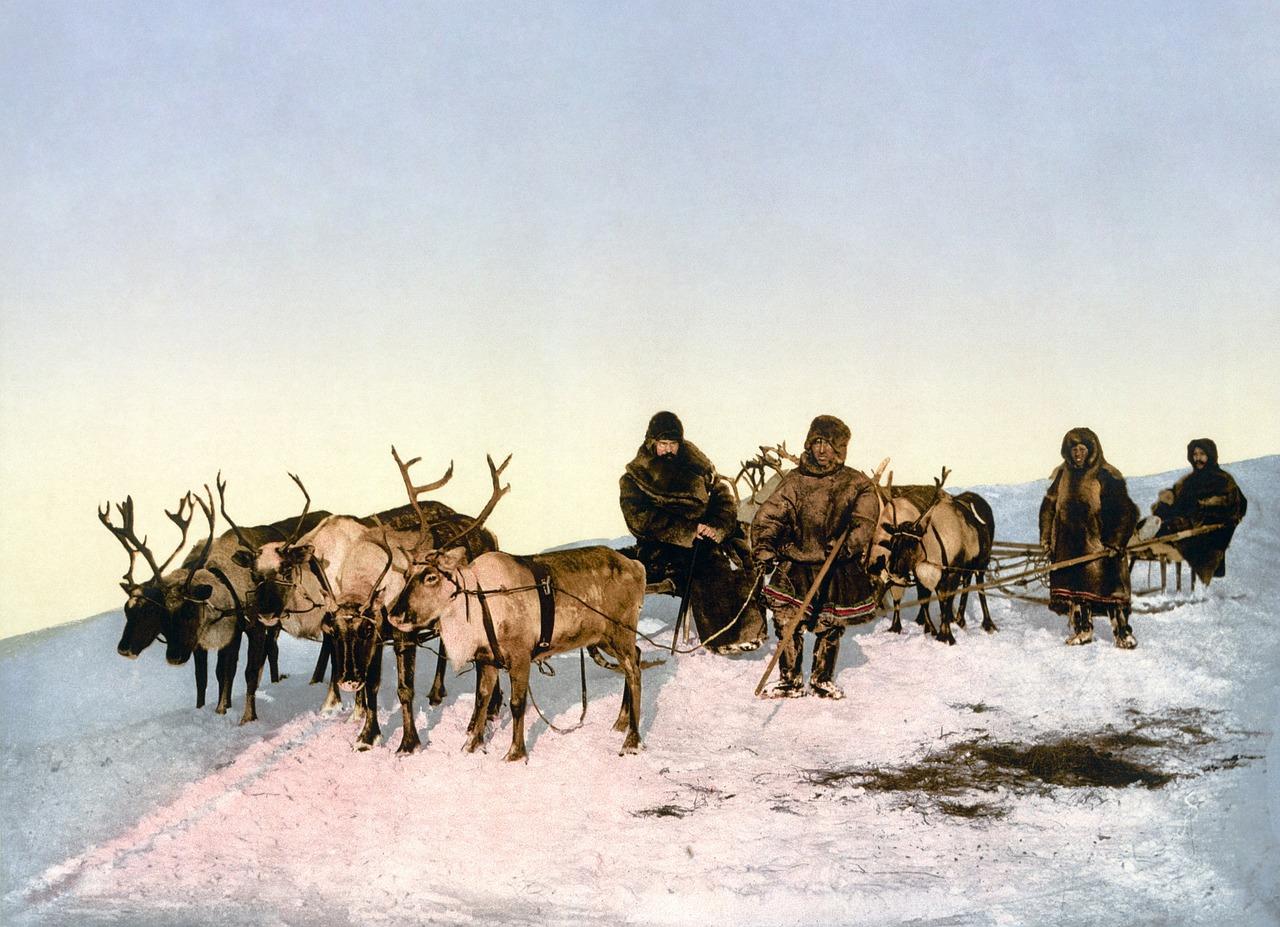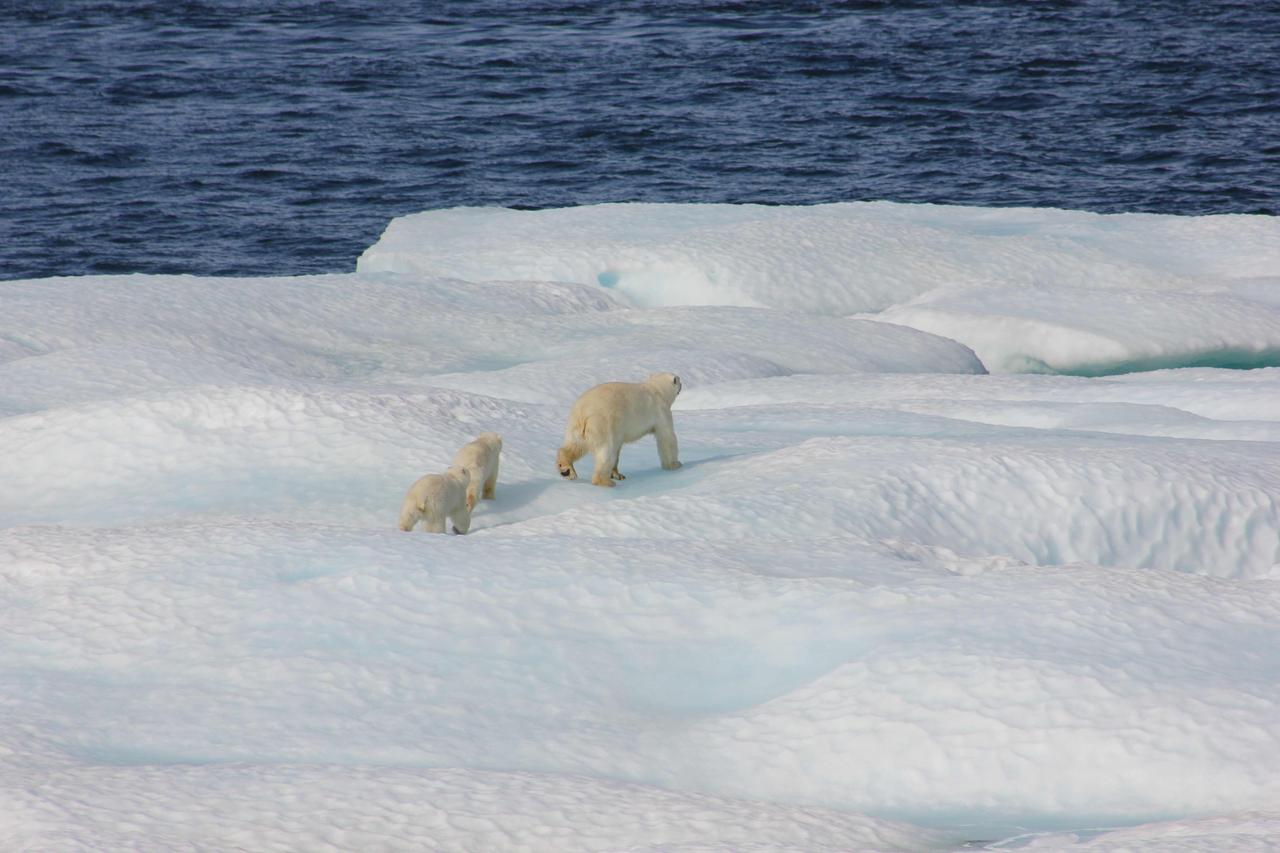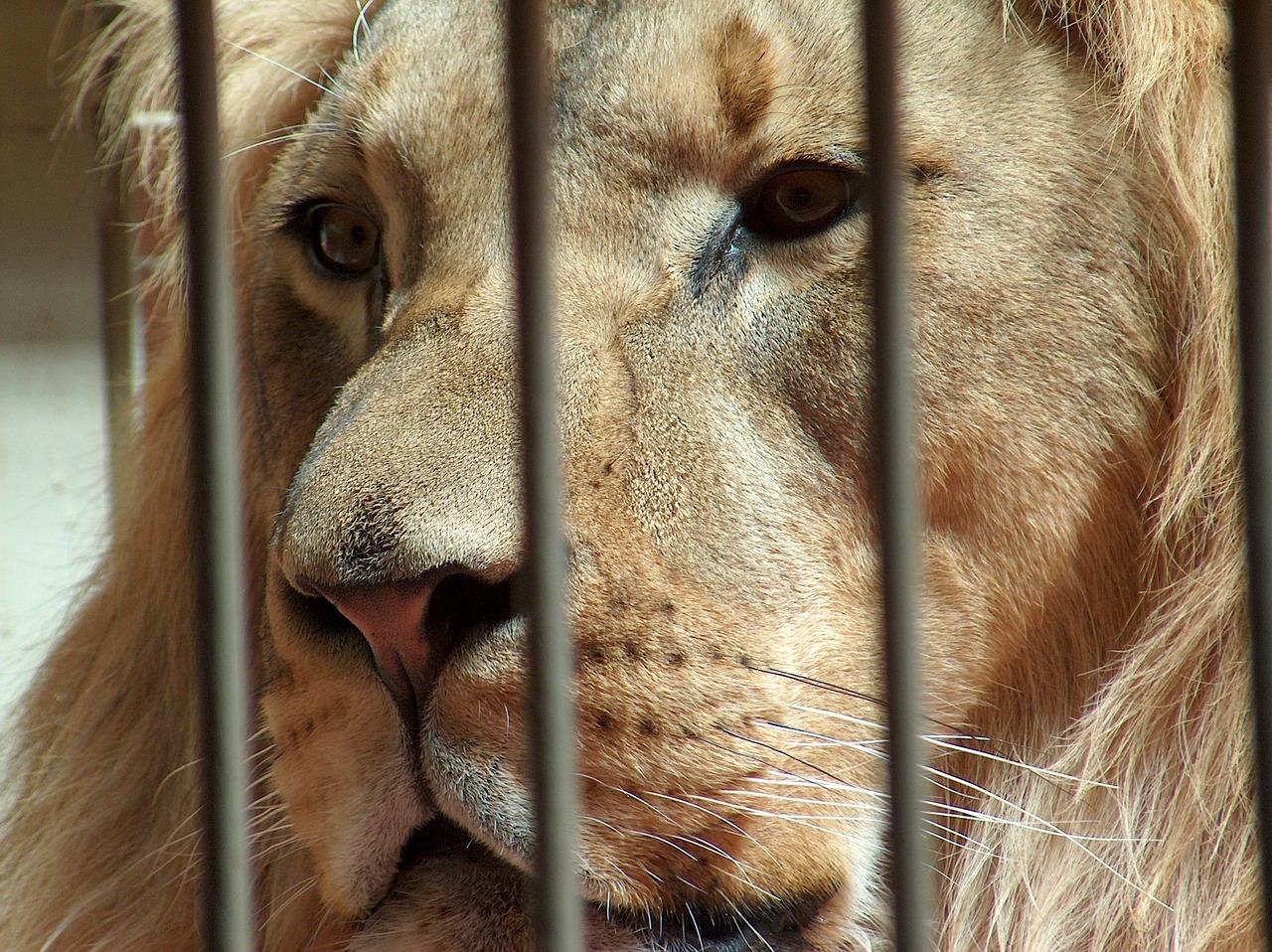
Simba, Aslan, and the Cowardly Lion may have made it to the big screen, but this real-life lion captured the world — in both life and death.
In 2015, the killing of a lion named Cecil became one of the most viral incidents in recent wildlife conservation history.
At the time, Cecil was a 12-year-old male, whose pride roamed Zimbabwe’s Hwange National Park. He was one of the park’s main attractions and became habituated to vehicles and unafraid of humans. Cecil was beloved by tourists enough to be given a name; something unusual for lions. As the dominant male of his pride, Cecil embodied all the qualities so revered in lions — power, strength, majesty.
On July 1, 2015, according to Lion Hearted: The Life and Death of Cecil & the Future of Africa’s Iconic Cats, written by biologist Andrew Loveridge, Cecil was lured out of the protected park by an elephant carcass, which had been killed a week earlier by another hunter. There, unprotected and exposed, he was shot with a bow and arrow by American dentist, Walter Palmer, who paid $50,000 for the hunt. Only badly injured from the first shot, it wasn’t until 10-12 long hours later that Cecil was killed from a second arrow. His body was further mutilated and Palmer received no charge.
From Cecil’s senseless death, something remarkable happened — the world paid attention. Nearly half a million people signed a petition to prohibit the issue of hunting permits in Zimbabwe. Many airlines banned the transportation of hunting trophies on flights.
Still, more must be done.
Despite a lot of opposition, in the wake of Cecil’s death, trophy hunting (the shooting of carefully selected animals) remains legal in some countries while others still allow the import of trophies. While some argue trophy hunting incentivizes conservation, claiming it brings in money and motivates countries to maintain wildlife populations, it also perpetuates some other morally controversial issues, such as lion captivity and farming.
Lions are remarkably resilient and have shown they can reclaim their land and repopulate their numbers if good conservation measures are put into action. Today, Cecil’s pride is led by his brothers, Humba and Netsai, and the pride is 25 strong, but the same dangers remain.
This WORLD LION DAY, you can help end trophy hunting. Consider making a donation in Cecil’s honor, and the many others like him, and help protect the future of all lions.
